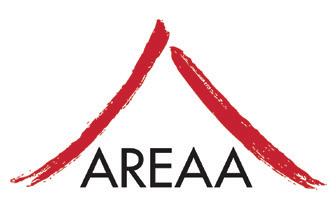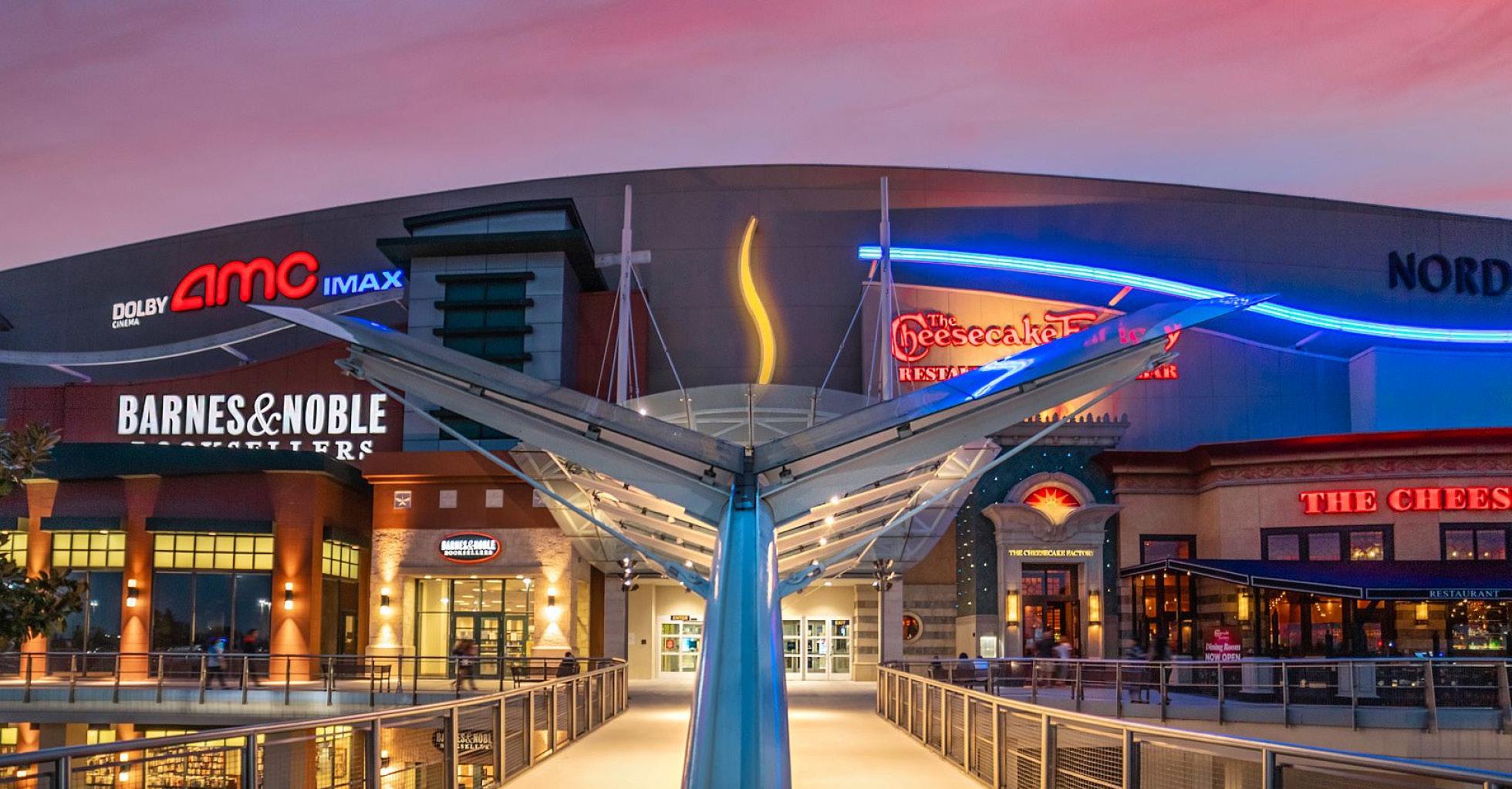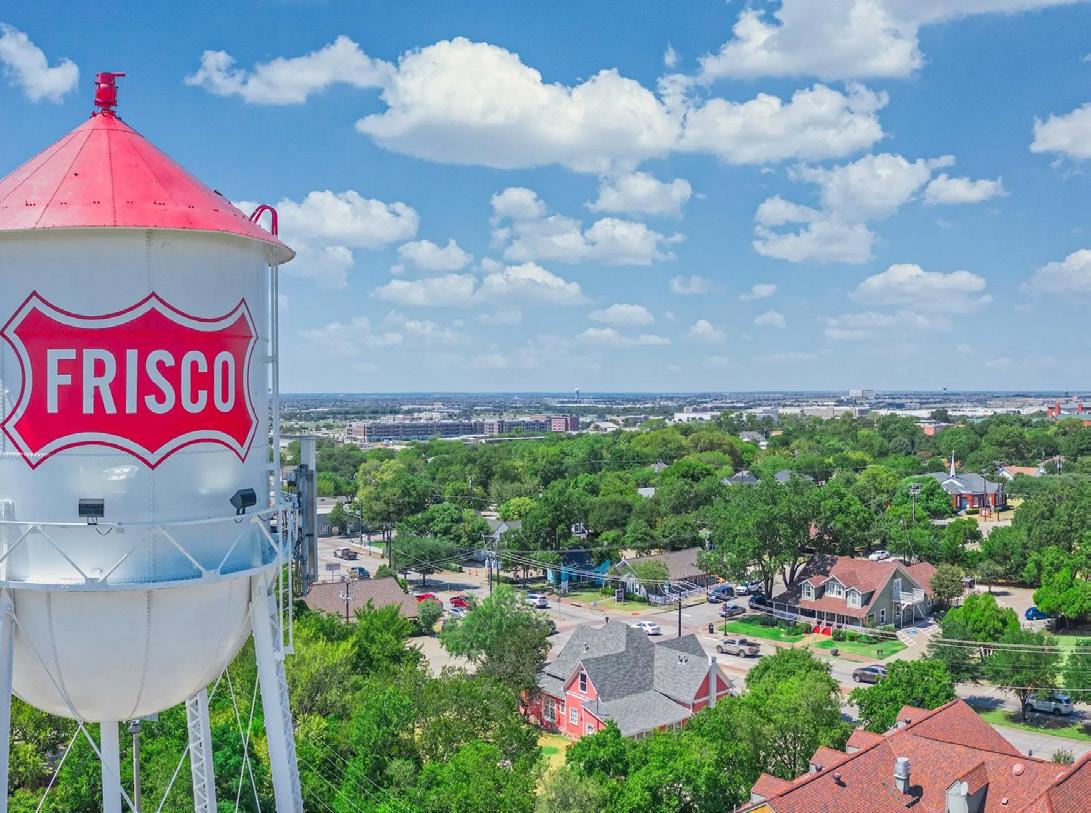resilient

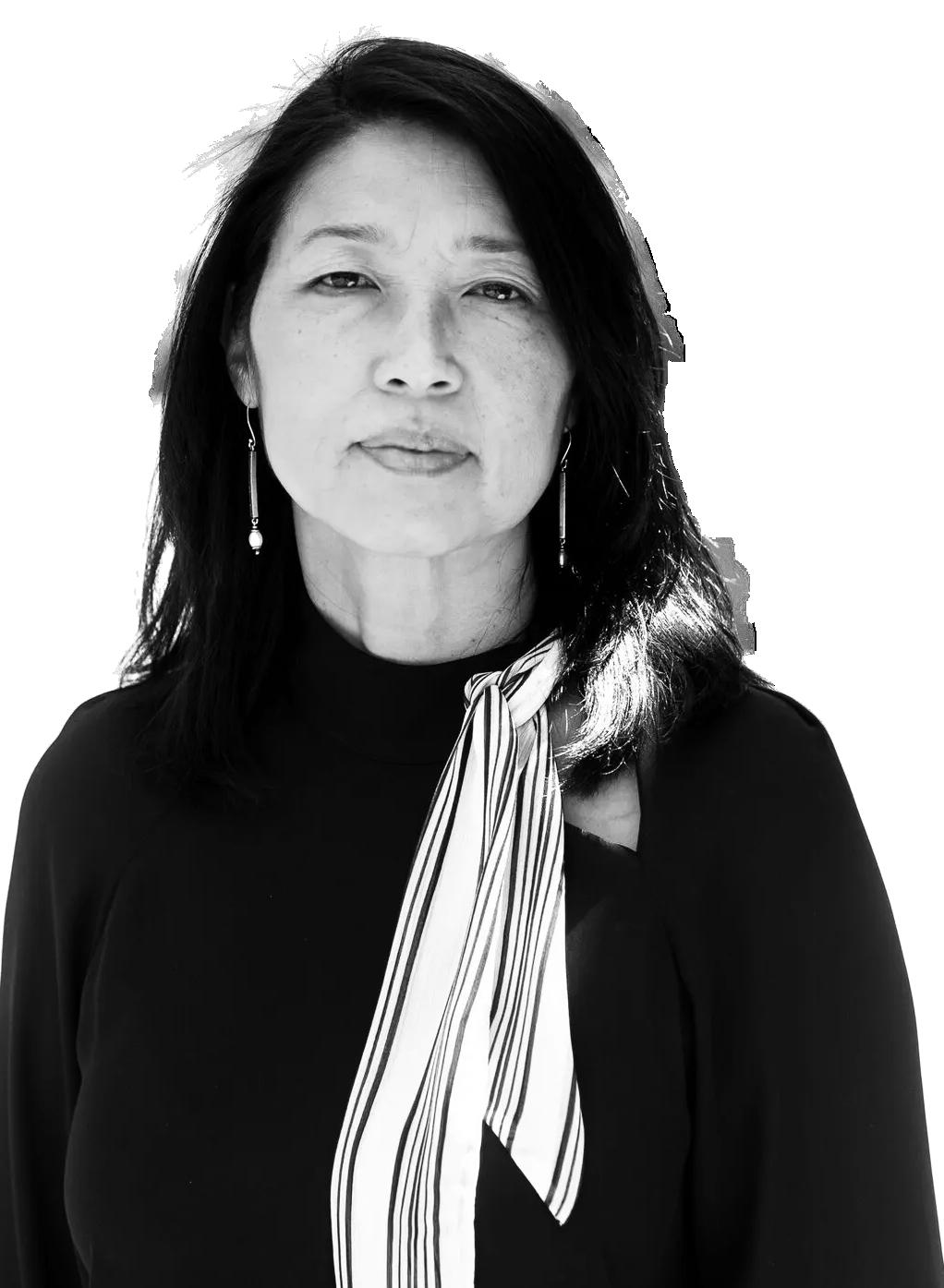
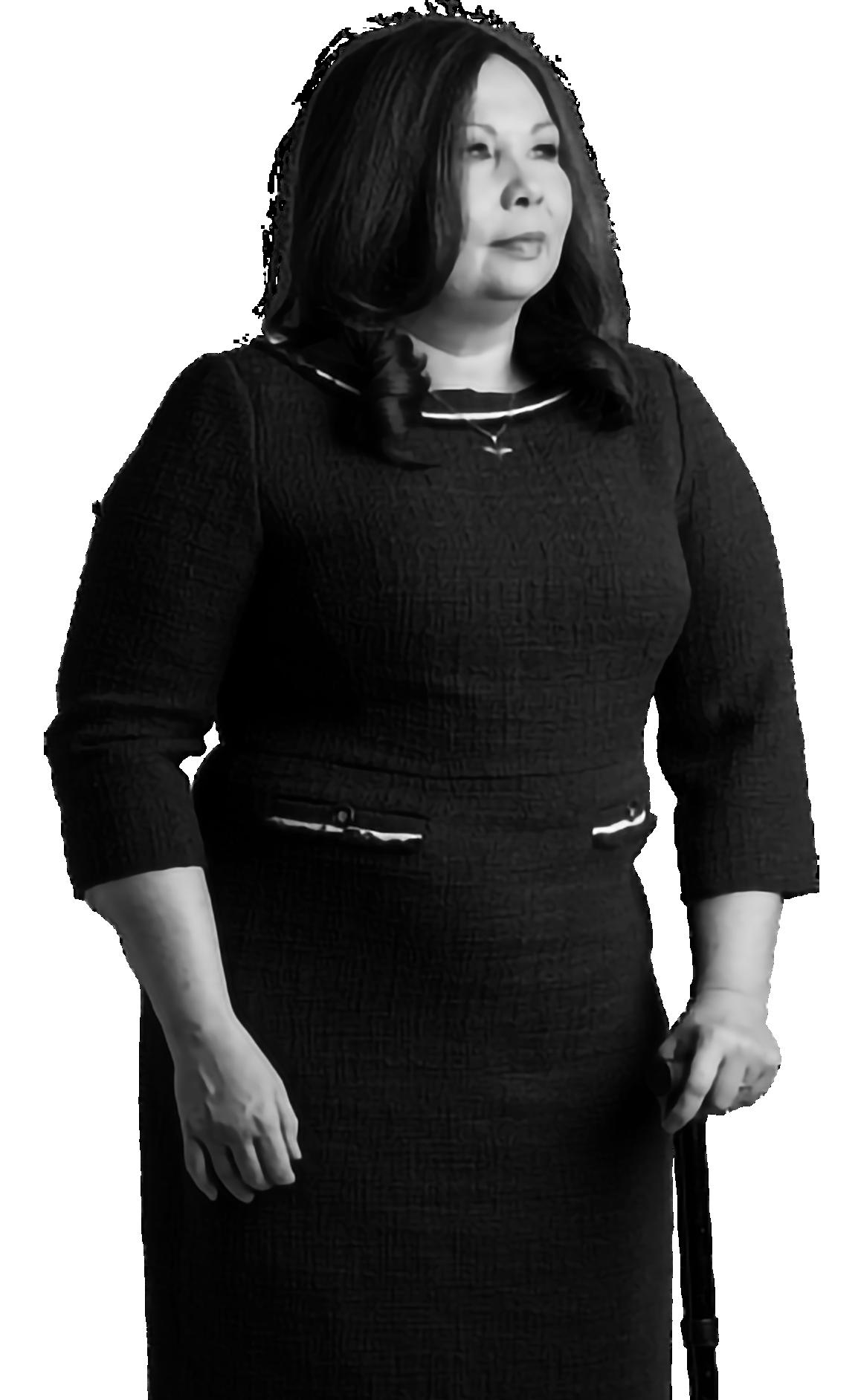
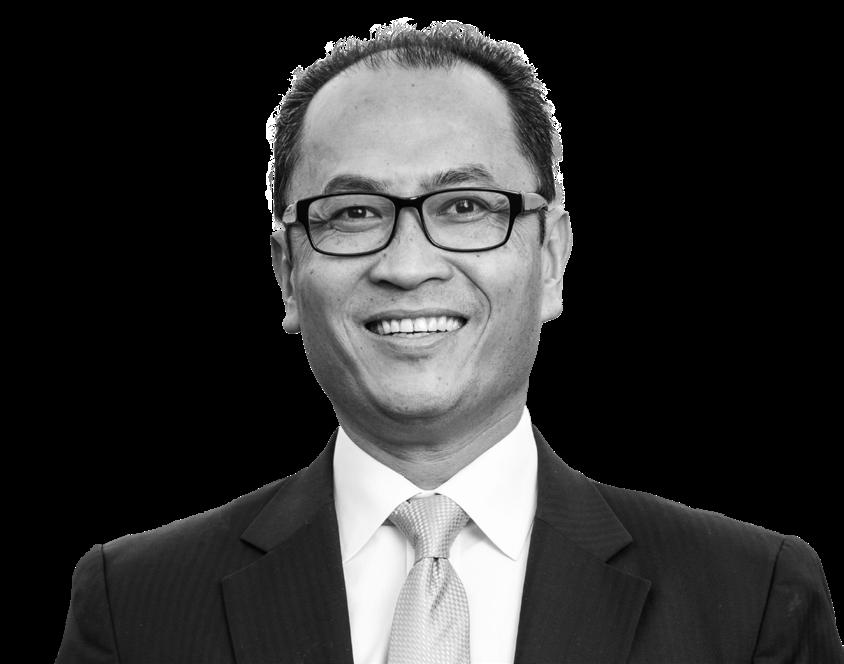
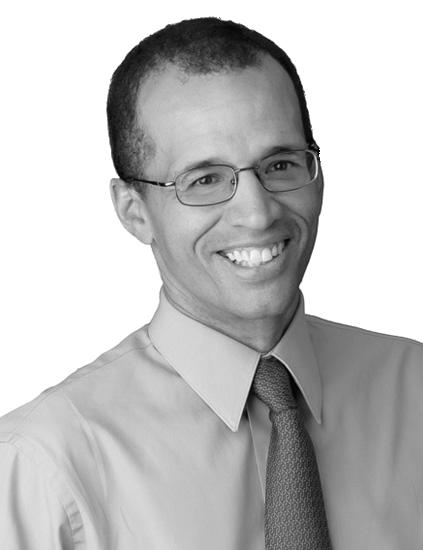
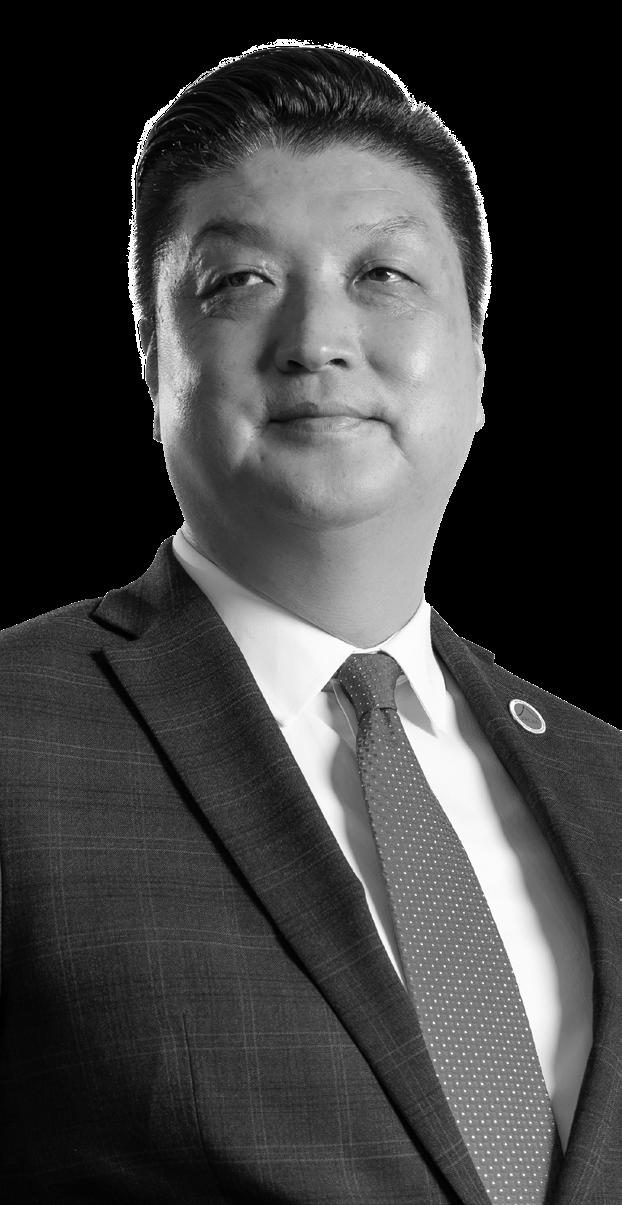







October Issuu
is a publication of the Asian Real Estate Association of America (AREAA), a national nonprofit trade organization dedicated to increasing sustainable homeownership in the AANHPI community. For more information, visit: areaa.org
©2025 by the Asian Real Estate Association of America. Reproduction in whole or part without permission is prohibited. Opinions expressed by individual authors are not necessarily the opinions held by AREAA.
Office:
Asian Real Estate Association of America
2333 Camino Del Rio South, Suite 210 San Diego, California 92108 contact@areaa.org
Previous issues available online at: issuu.com/areaa
For additional web-based content, please visit: areaa.org
Hope Atuel, CEO/Executive Director
Wellington Clave, Chapter Support Specialist
Jordan Fan, Policy Associate
Jazz Miranda, Brand & Media Manager
Mary Garcia, Membership Specialist
Reymond Yoo, Event Planner
Armel Zamora, Social Media Coordinator/ Graphic Designer
The first person I called when I was asked to join AREAA in 2011 was my late mother. Having been an executive director for an NGO in Manila for many years, mama was the best person to seek advice from. Without hesitation, she read a Bible verse that she often referred to as her vocational calling – Micah 6:8 (ESV).
He has told you, O man, what is good; and what does the Lord require of you but to do justice, and to love kindness, and to walk humbly with your God?
Even with her limited knowledge of what AREAA represented at that time, in her wisdom, she knew that I would be called to join the work of bringing economic justice through housing equity for our community.
I miss my mother every day. But she left me with so many truths that I can live on. And one of them is definitely the verse she’s quoted when I faced a cross road in my career. As AREAA continues its mission of homeownership sustainability for all Asian Americans, Native Hawaiians and Pacific Islanders, my mama’s voice is a reminder that where I am at AREAA – is my vocational calling to do justice, to love kindness and to walk in humility with God.
Resilience. Let that word wash over you.
According to Webster’s dictionary, resilience (noun) means the capacity to withstand or to recover quickly from difficulties; toughness.
As we gathered stories to include in this issue of a|r|e magazine, I am struck by the powerful stories of so many within our community who have chosen courage, grace, survival, heroism, justice to name a few, over a life that could have easily been marked by defeat. But they chose to be resilient, to overcome adversity in spite of….
Harvard Business Review writes that “the ability to bounce back from setbacks is often described as the difference between successful and unsuccessful people. Resilience has been shown to positively influence work satisfaction and engagement, as well as overall well-being, and can lower depression levels. There is even evidence that resilience can help protect us from physical illness. But resilience, conventional thinking assumes, is something we find within ourselves only when we are tested — a kind of solitary internal “grit” that allows those of us who are strong to bounce back.
But that’s not necessarily true. Resilience is not purely an individual characteristic, but is also heavily enabled by strong relationships and networks. We can nurture and build our resilience through a wide variety of interactions
with people in our personal and professional lives. These interactions can help us to shift or push back on work demands and alter the magnitude of the challenge we’re facing. They can help crystalize the meaningful purpose in what we are doing or help us see a path forward to overcome a setback — these are the kinds of interactions that motivate us to persist. People in our support systems can provide empathy or simply help us laugh and bolster our resilience by shifting perspective and reminding us we are not alone in the fight. In short, resilience is not something we need to find deep down inside ourselves: we can actually become more resilient in the process of connecting with others in our most challenging times."
Our AREAA Family makes us resilient. I can testify as I have personally gone through many setbacks – cancer diagnosis, loss of my mother, and now caregiving for my 87-year-old father. But my resilience is drawn from the strength of my AREAA Family, from what Harvard calls strong network or relationships.
As you read through these pages, our hope is that you will be inspired by the resilience of these individuals.
Perhaps you are going through a dark valley. Know that you are loved by your AREAA family. We are here for you, to love and show kindness and to bolster resilience that makes us a strong community.
Shalom,
Hope Atuel Chief Executive Officer, AREAA
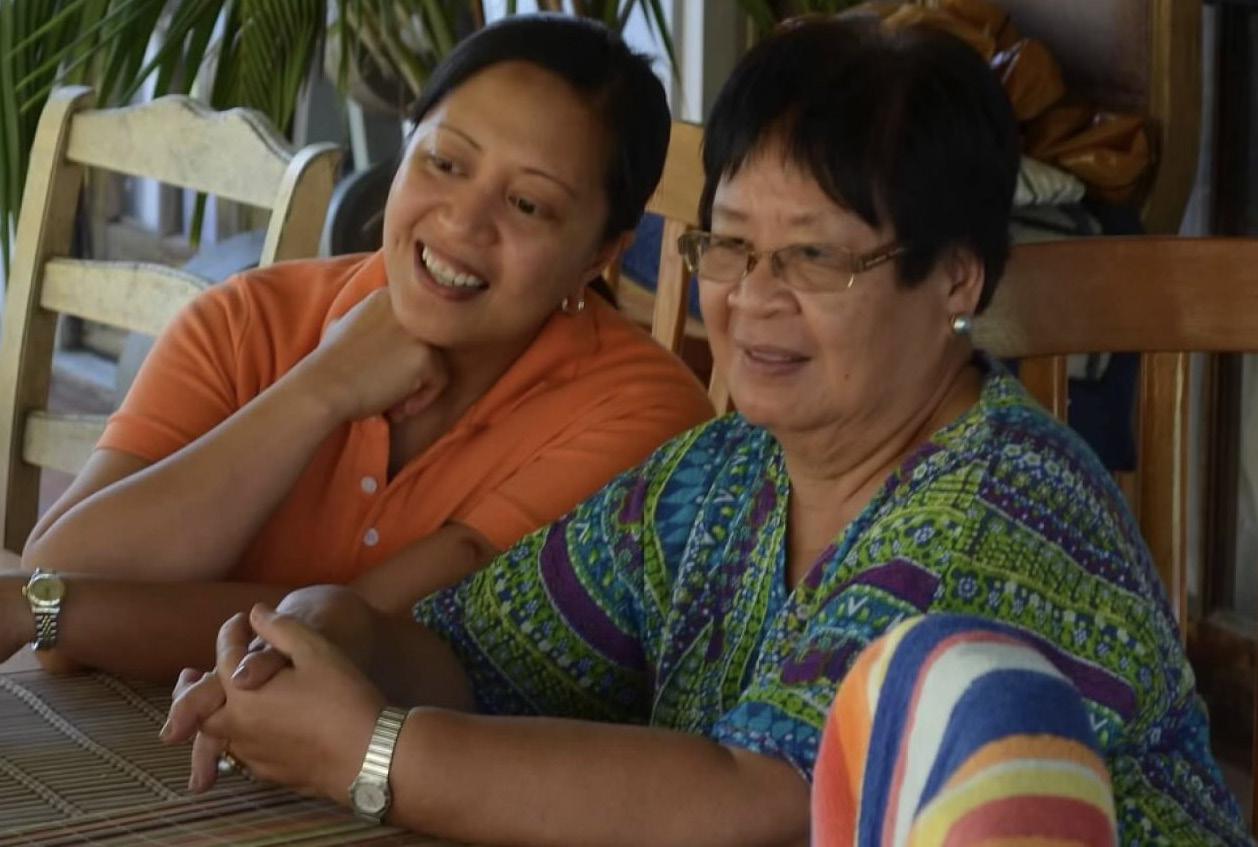
As we witness another year of extraordinary challenges and triumphs within our community, we find ourselves reflecting on the quality that has defined the Asian American, Native Hawaiian, and Pacific Islander experience since the very beginning: resilience.
When we founded AREAA over two decades ago, we understood that our organization would need to embody the same resilient spirit that brought our families to America's shores. We drew inspiration from our parents and grandparents—individuals who crossed oceans with little more than hope, who rebuilt their lives from nothing, who faced discrimination and exclusion yet persevered to create opportunities for the next generation.
Today, that legacy of resilience continues to manifest in remarkable ways throughout our organization. We see it in the real estate professionals who weathered unprecedented market volatility and emerged stronger. We witness it in our advocacy efforts, where AREAA members persistently champion fair housing and homeownership access despite political headwinds. Most powerfully, we observe it in stories like Brandon Tsay's heroic actions in Monterey Park—a young man whose courage in crisis reflects the protective spirit that has always defined our communities.
Resilience, we have learned, is not simply about enduring hardship. It is about transformation— taking challenges and converting them into catalysts for growth, innovation, and community building. The immigrant experience taught us that obstacles are not roadblocks but stepping stones. Economic downturns become opportunities to strengthen our networks. Policy setbacks motivate more strategic advocacy. Personal struggles deepen our empathy and commitment to lifting others.
The housing challenges facing younger generations remind us why AREAA's mission remains as vital today as it was at our founding. When we see dedicated professionals like teachers, firefighters, and police officers—including AANHPI community members—struggling to afford homes in the cities they serve, we are reminded that the American Dream still requires champions.
As we look toward the future, we see resilience taking new forms. It shows when AREAA leaders from around the country meet with our lawmakers in DC and advocate for crucial policy initiatives like SALT Cap reform or appraisal equity. It emerges
in the networking, mentorship, and guidance that AREAA's National Committees and theEDGE that foster the next generation of leaders. But perhaps most importantly, resilience lives in our collective commitment to each other.
When alien land laws are introduced that target certain foreign nationals and threaten our hard earned advancements in homeownership over the last 20 years, we rise and stand against these threats. We mobilized in Texas, Florida, and on a national scale to make it clear that we are Americans and we belong. When natural disasters devastate AANHPI communities from California to Hawaii to the Gulf Coast, our response demonstrates that resilience is not an individual characteristic—it is a community superpower. We rebuild together, advocate together, and ensure that no family faces their challenges alone.
The stories featured throughout this magazine— from heroic individuals to community organizations to policy victories—all share a common thread: they represent resilience in action. They show us that our community's greatest strength has never been the absence of adversity, but rather our remarkable capacity to transform adversity into progress.
As AREAA continues to grow and evolve, we carry forward the resilient spirit of our founders while embracing the innovations and perspectives of new generations. We honor the quiet persistence of our elders while celebrating the bold courage of our emerging leaders. We remember that every home purchase, every policy victory, every act of community support adds another chapter to our collective story of resilience. Resilience that opens doors to more AANHPI homebuyers.
To every AREAA member reading this: you are part of a legacy that spans generations and crosses continents. Your professional success, your community involvement, and your personal journey all contribute to a larger narrative of resilience that inspires not just our community, but the nation as a whole.
The challenges ahead—from housing affordability to restrictions of their right to buy, from policy to personal—will require all the wisdom, creativity, and determination that have brought us this far. We face the future with confidence, knowing that resilience is not just our history, but our destiny.
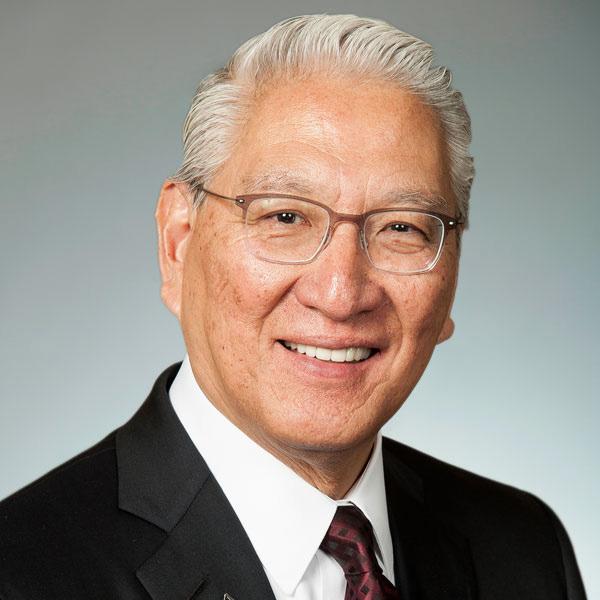


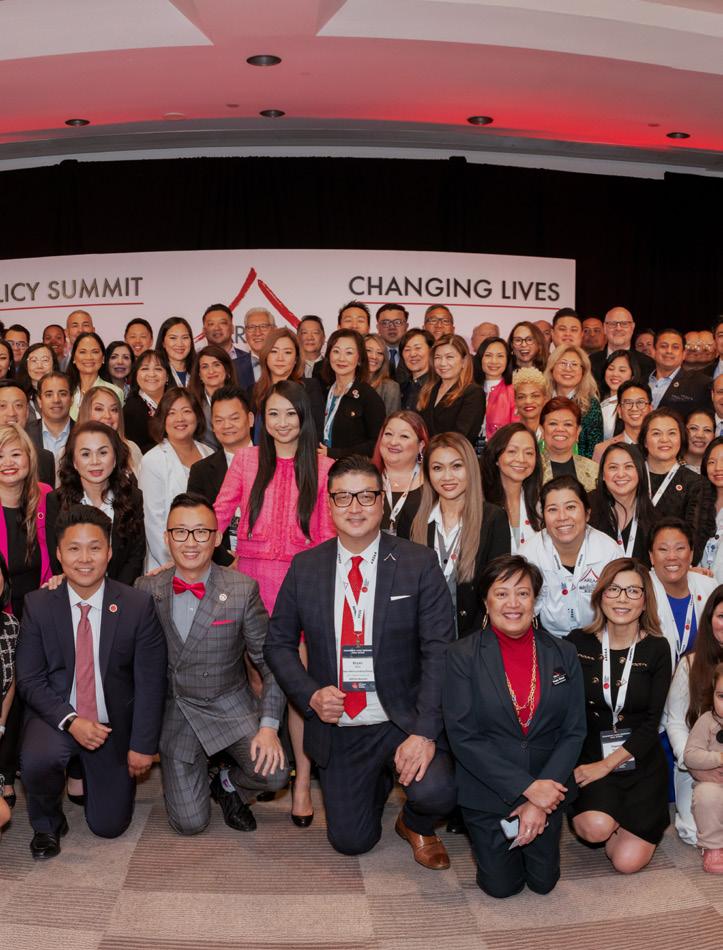
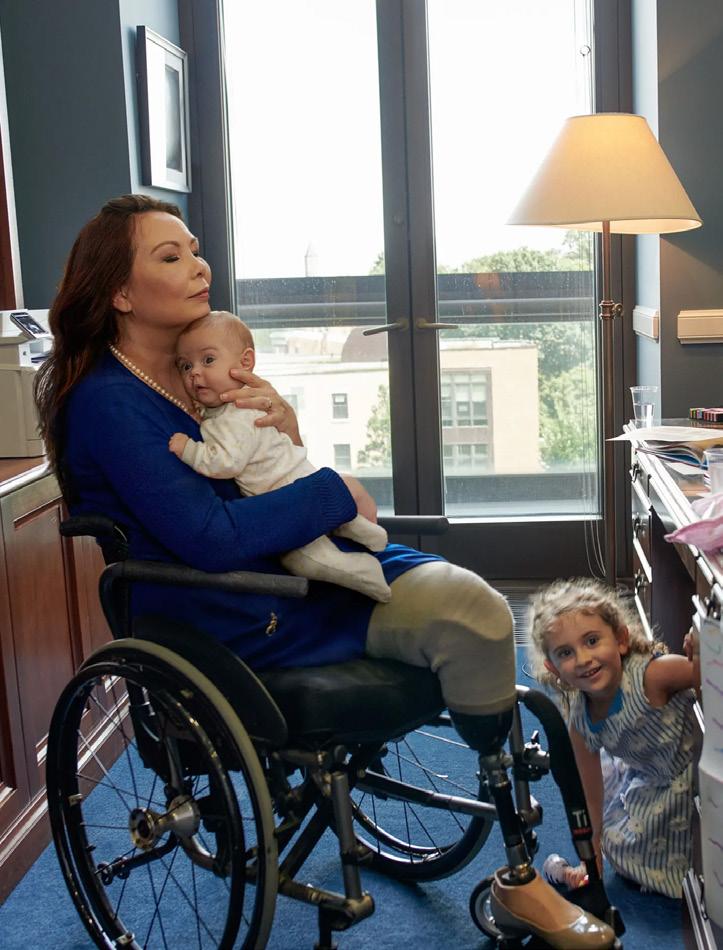
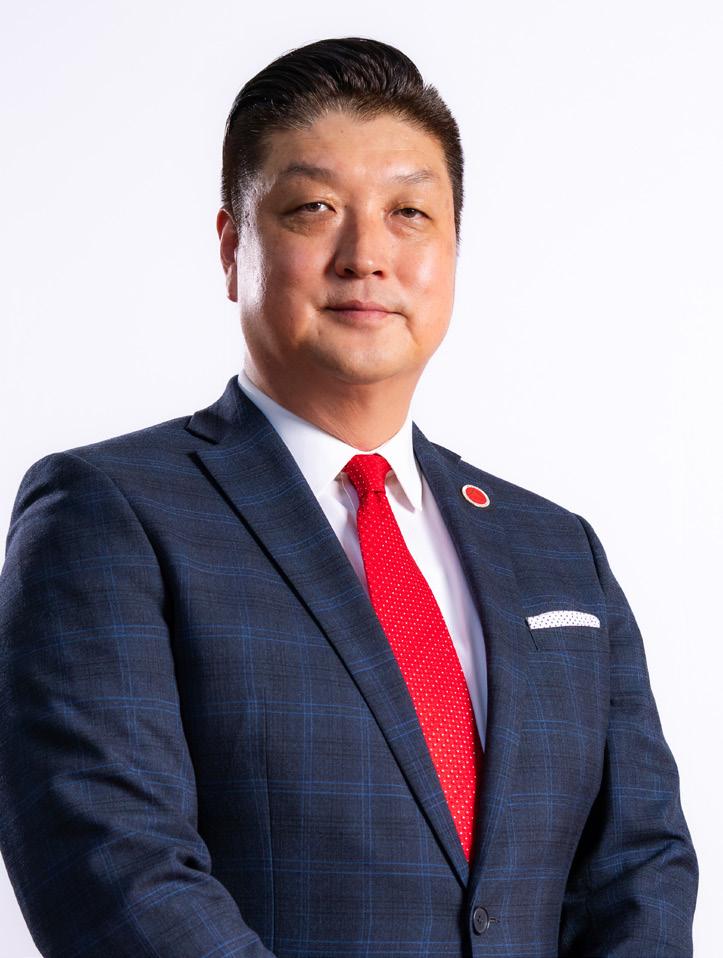
AREAA CEO Hope Atuel shares her own personal story of resilience, and how it relates to her tireless work on behalf on AANHPI homeownership.
AREAA Founders Allen Okamoto, John Wong and Jim Park discuss how enduring resilience can transform into life-changing action.
Read about some of the impactful highlights from 2025, including successful advocacy efforts, leadership training, and strategic planning.
Mony Nop: Through the Valley of the Shadow of Death
Read about the harrowing journey that took Mony Nop from one of the worst humanitarian crises to becoming a community leader for powerful immigration stories.
Senator Tammy Duckworth
Learn about Senator Tammy Duckworth and the path she took from honorably serving her country, advocating for veterans and those with disabilities, and being elected to the Senate.
Learn about AREAA's incoming president Bryan Ahn, and how resilience inspires him as a father and as an AANHPI community leader.

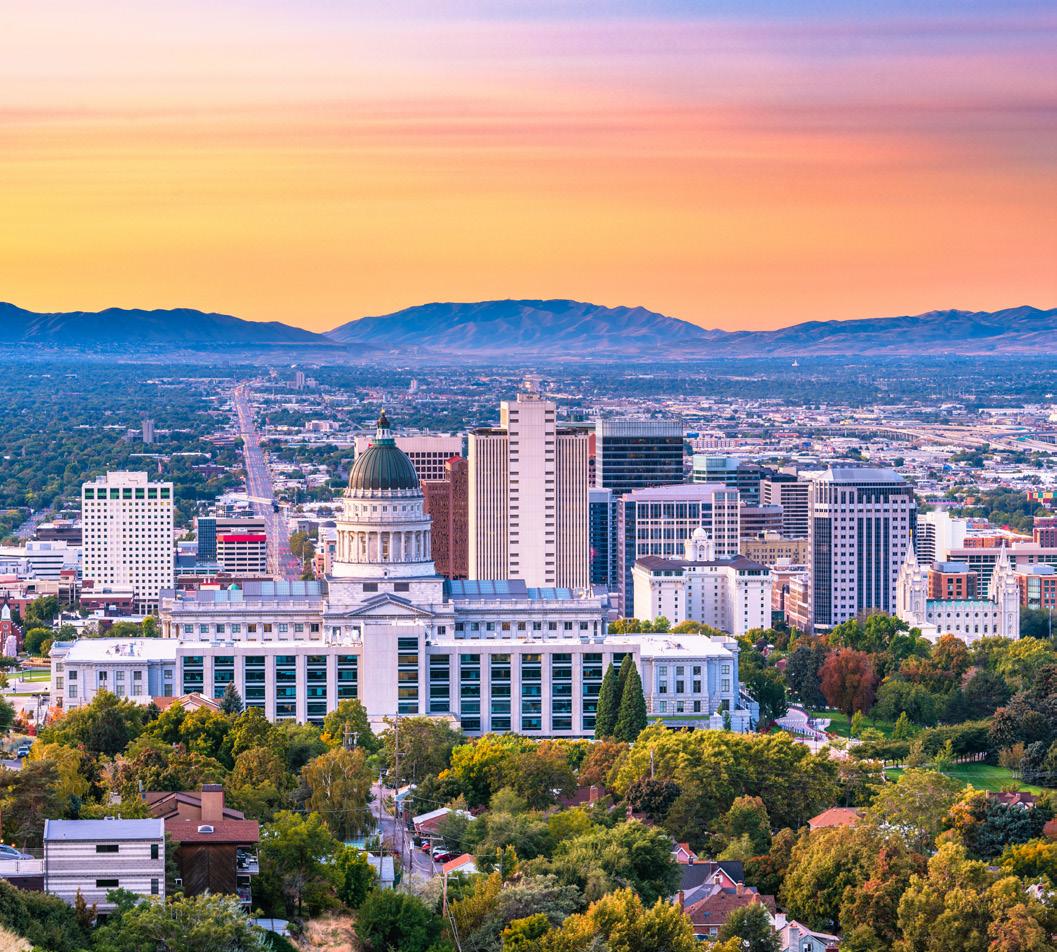
Read AREAA's exclusive interview with Brandon Tsay, the man who stopped an active gunman at Monterey Park and has since become a mental health advocate and AANHPI leader.
Civil Rights Litigator Reed Colfax
This one-on-one with Reed Colfax dives deep into his personal story and why he chose to become one of the strongest civil rights litigators in the country.
The AANHPI community is expanding to new MSAs across the country, and AREAA is with them every step of the way. Learn about AANHPI growth in Salt Lake City.
2025 Executive Committee View the current AREAA leadership team.
Community Leader Cynthia Choi
AREAA discusses community resilience in this private interview with Stop AAPI Hate co-founder Cynthia Choi, who lost her home in the January 2025 Eaton fires.
2025 Delegate Board
As we reflect on the accomplishments of the 2025 program year, it's clear that AREAA has strengthened its position as the leading voice for Asian American, Native Hawaiian, and Pacific Islander homeownership and fair housing advocacy. But these wins did not come by accident, nor did they come easily. They required deliberate action, a clear vision, and perhaps most importantly, resilience. Resilience to succeed when facing legal barriers; resilience to overcome economic crisis; resilience to rebuild after natural disasters. This publication focuses on stories of those who have embodied this eternal virtue and used their platforms on behalf of the AANHPI community.
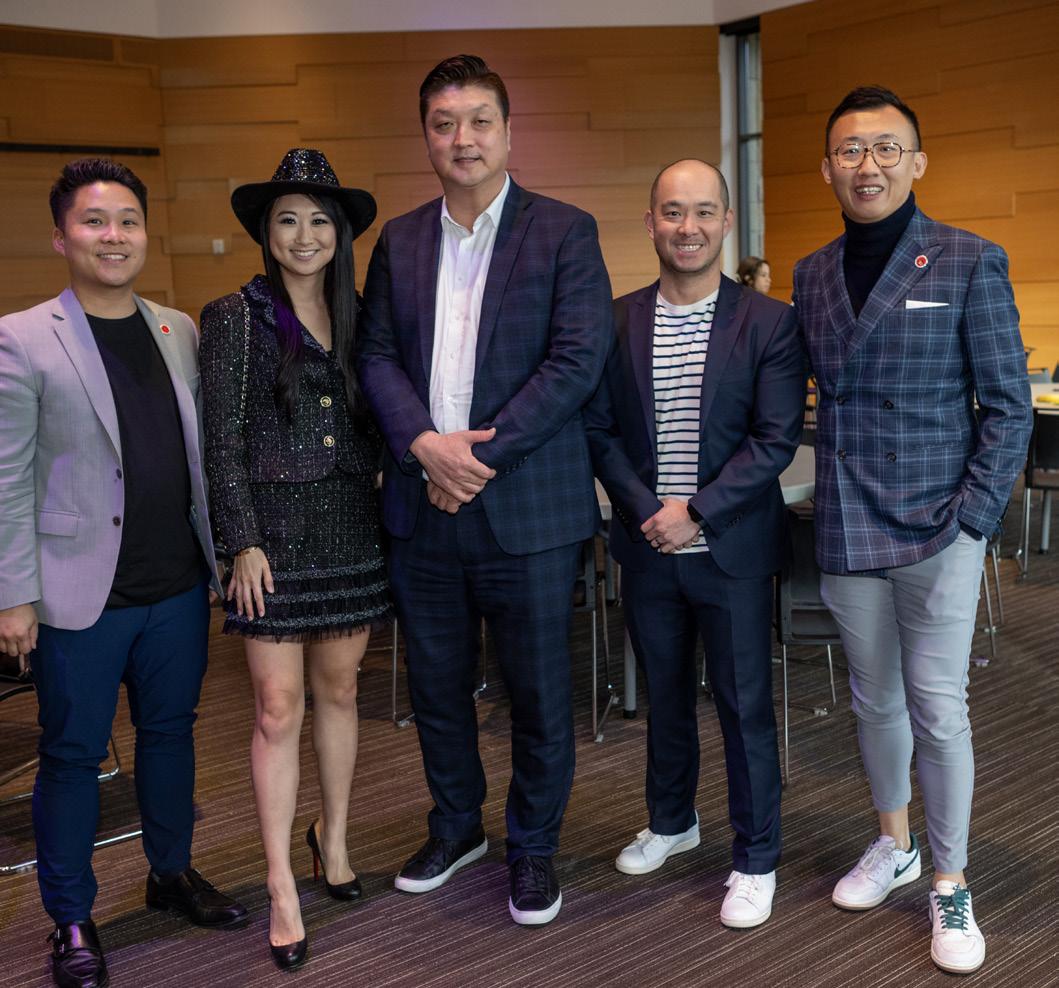
STRATEGIC PLANNING THROUGH TEXAS LEADERSHIP RETREAT
Building on the momentum from the National Convention, AREAA launched the new year with a highly successful leadership retreat in Texas. This gathering proved instrumental in aligning organizational priorities and strengthening the bonds between national leadership and local chapters.
The Texas retreat provided an intimate setting for deep strategic discussions, allowing leaders to dive into the nuances of policy advocacy, membership engagement, and community outreach strategies. Participants left the retreat energized and equipped with concrete action plans that would guide their efforts throughout the year.
The hallmark this year marked a focused and strategic approach to AREAA's legislative advocacy through our comprehensive three-point plan. The organization concentrated its efforts on three critical areas: raising the State and Local Tax (SALT) deduction cap, advancing Government-Sponsored Enterprise (GSE) reform, and addressing housing affordability challenges.
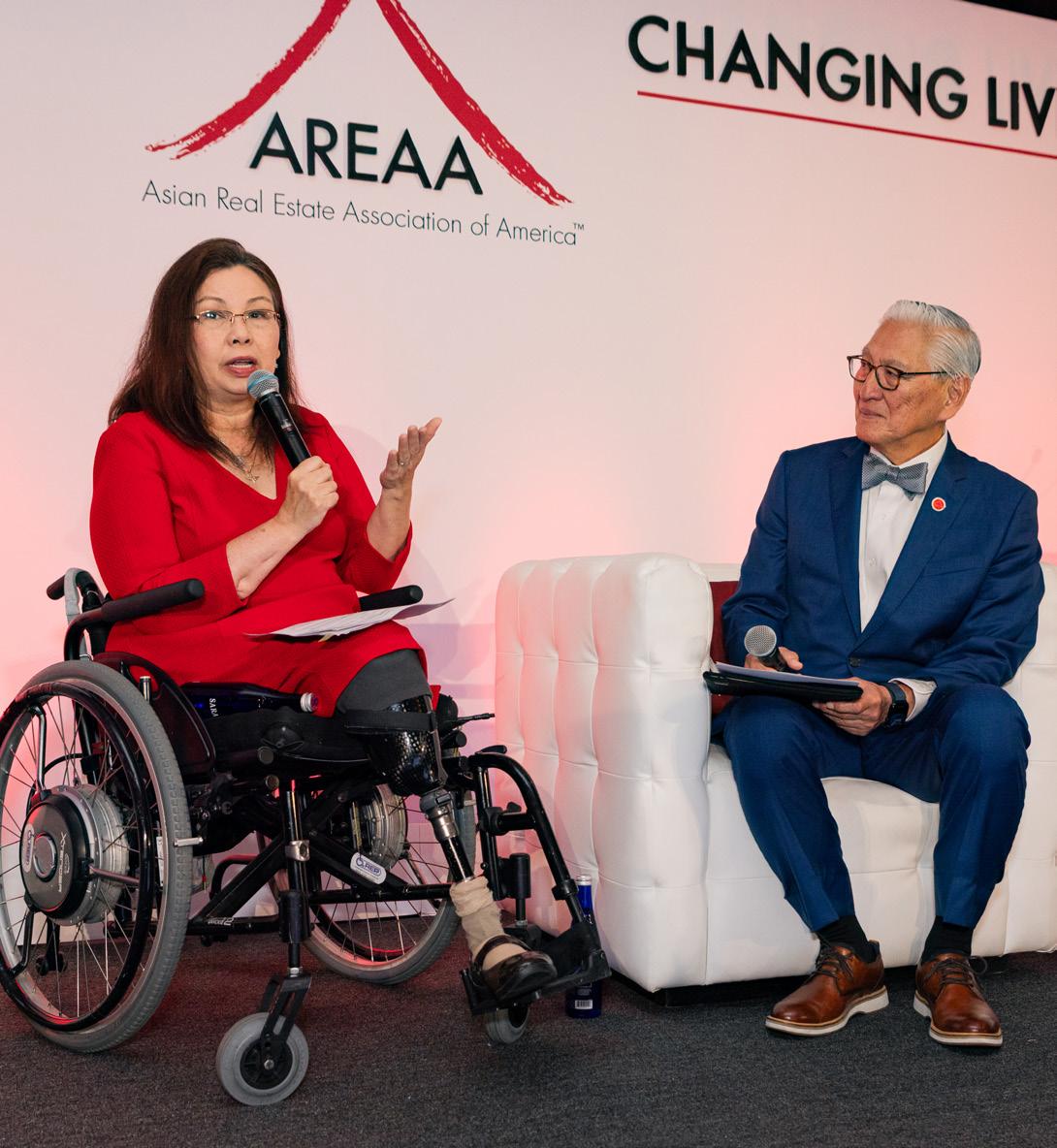
These priorities reflected the most pressing concerns of AANHPI communities across the nation. The SALT cap increase was particularly significant for families in high-cost areas where many AANHPIs reside, while GSE reform aimed to improve access to mortgage credit for underserved communities. The housing affordability focus addressed the broader crisis affecting potential homeowners nationwide, with special attention to the unique challenges facing AANHPI families.
The pinnacle of AREAA's legislative advocacy came during the Housing Policy Summit in May, where our organization made an impressive showing in the nation's capital. AREAA members from across the country converged on Washington, D.C., demonstrating the geographic breadth and political engagement of our community.
During this critical gathering, AREAA members engaged in substantive discussions with policymakers, congressional staff, and housing industry leaders about our three key legislative priorities. The summit provided a platform for our community's concerns to be heard at the highest levels of government, while also offering members valuable insights into the legislative process and policy development. Once again, resilience played a critical role here. Under the new administration, programs such as the White House Initiative on Asian Americans, Native Hawaiians, Pacific Islanders (WHIAANHPI) were dissolved, in addition to staffing changes and reductions at the Federal Housing Finance Agency (FHFA) and Department of Housing and Urban Development (HUD). Despite these significant shifts, AREAA members were able to adapt their approach and make connections with their new government representatives.
The strong turnout and professional execution of advocacy meetings demonstrated our community's growing political sophistication and commitment to policy engagement. AREAA's adaptability and tenacity during momentous shifts in our country has allowed and will continue to allow for housing victories for the AANHPI community.
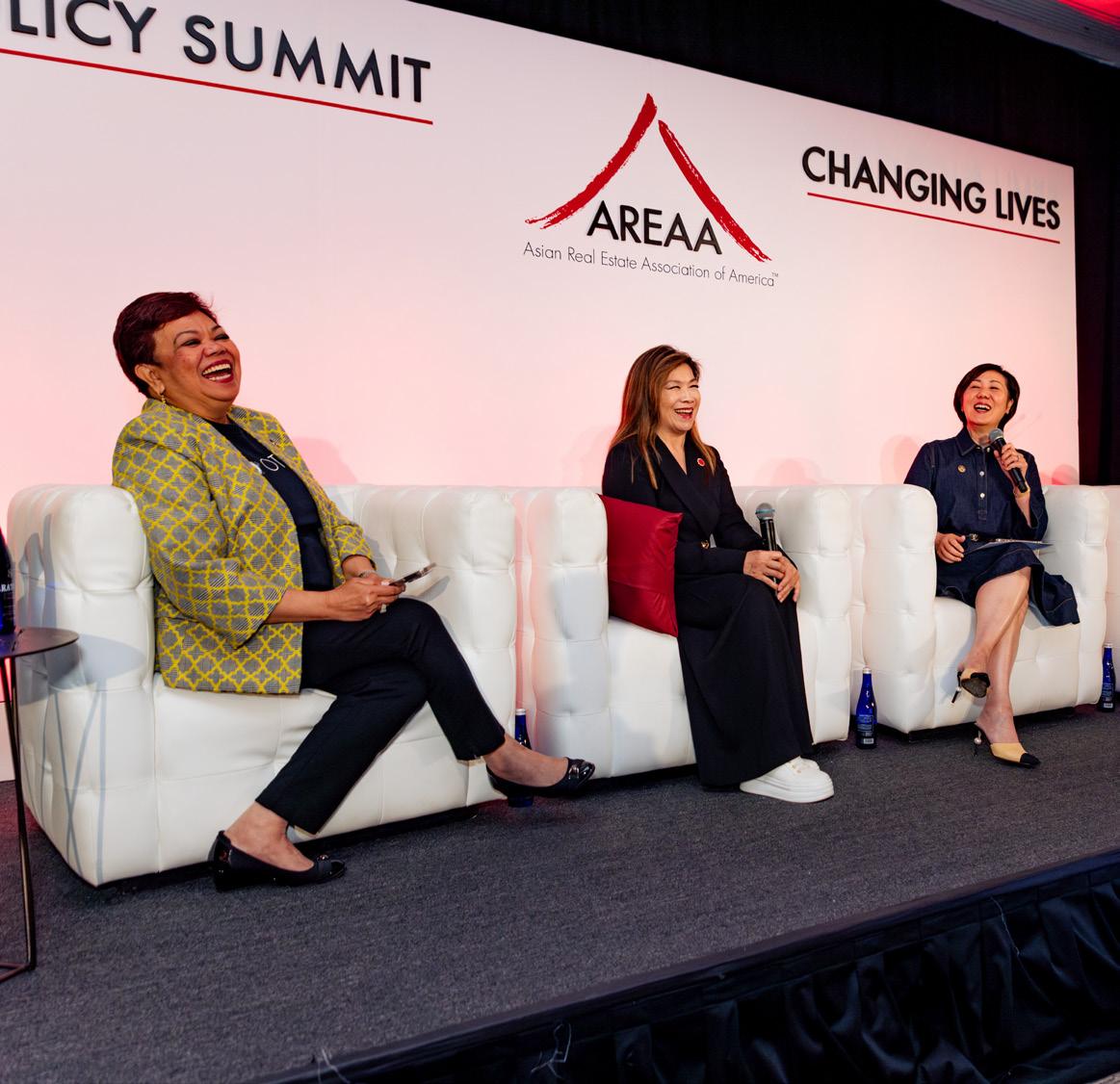
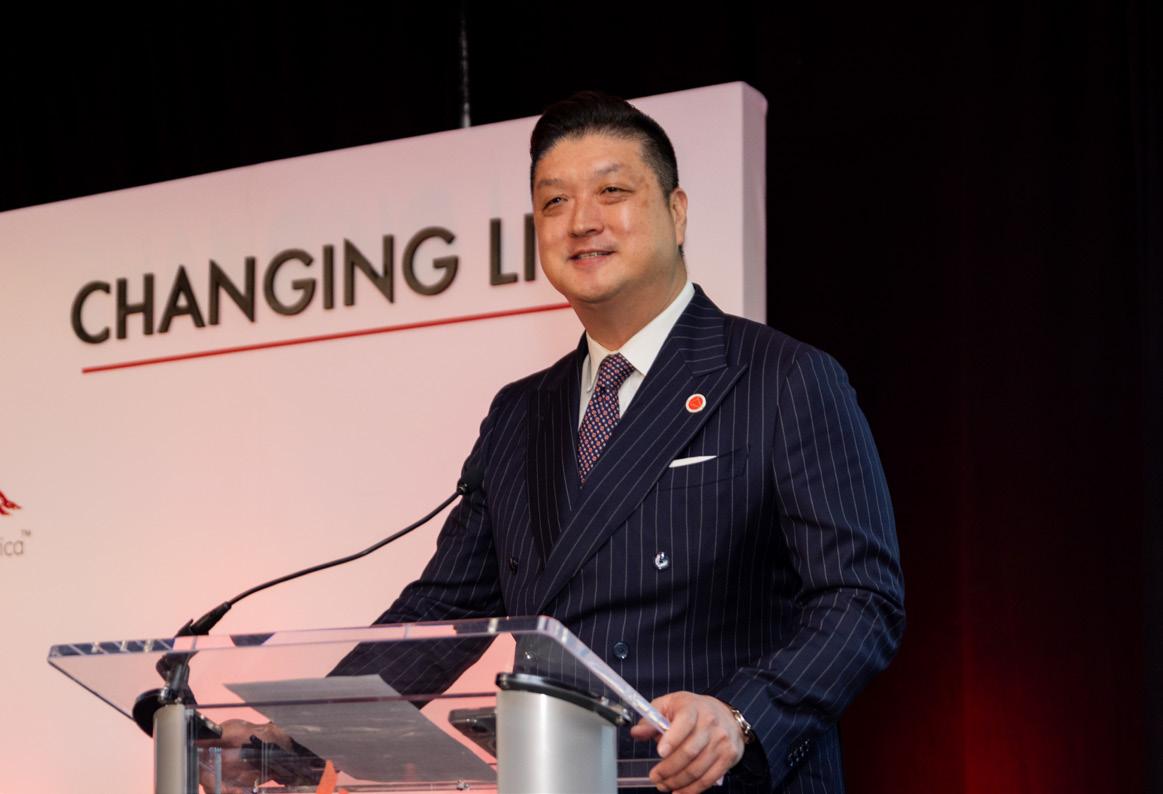
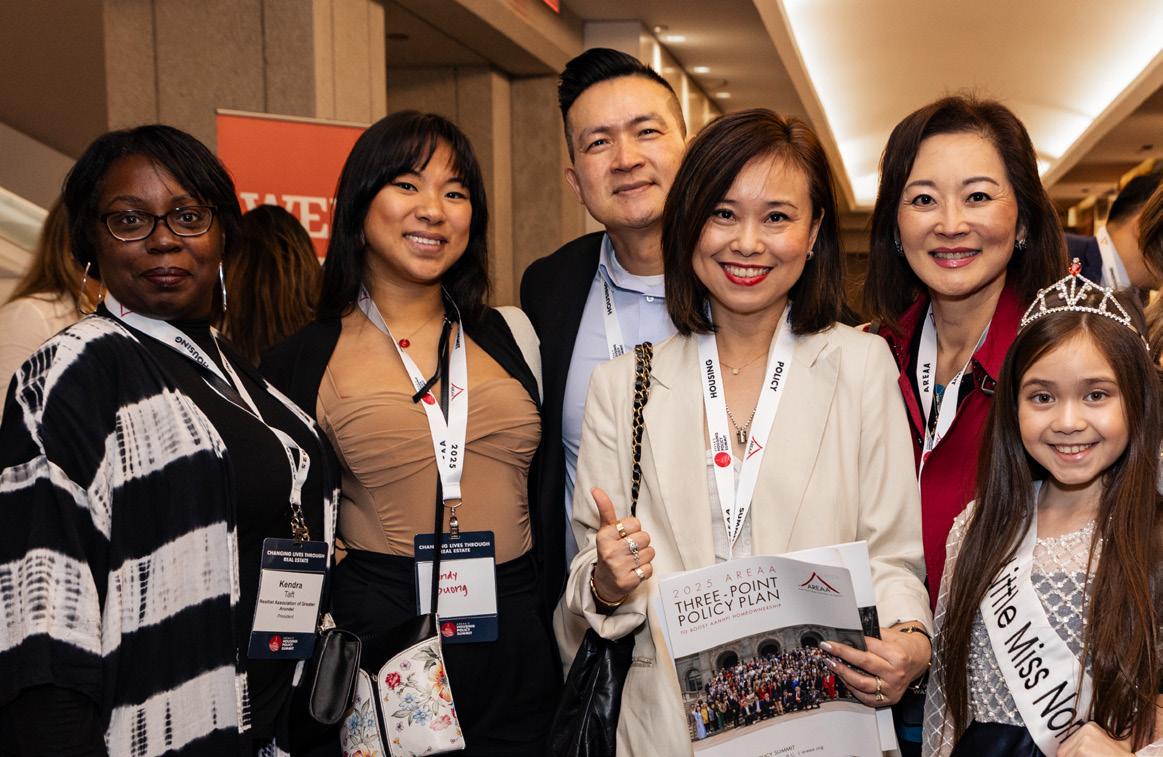
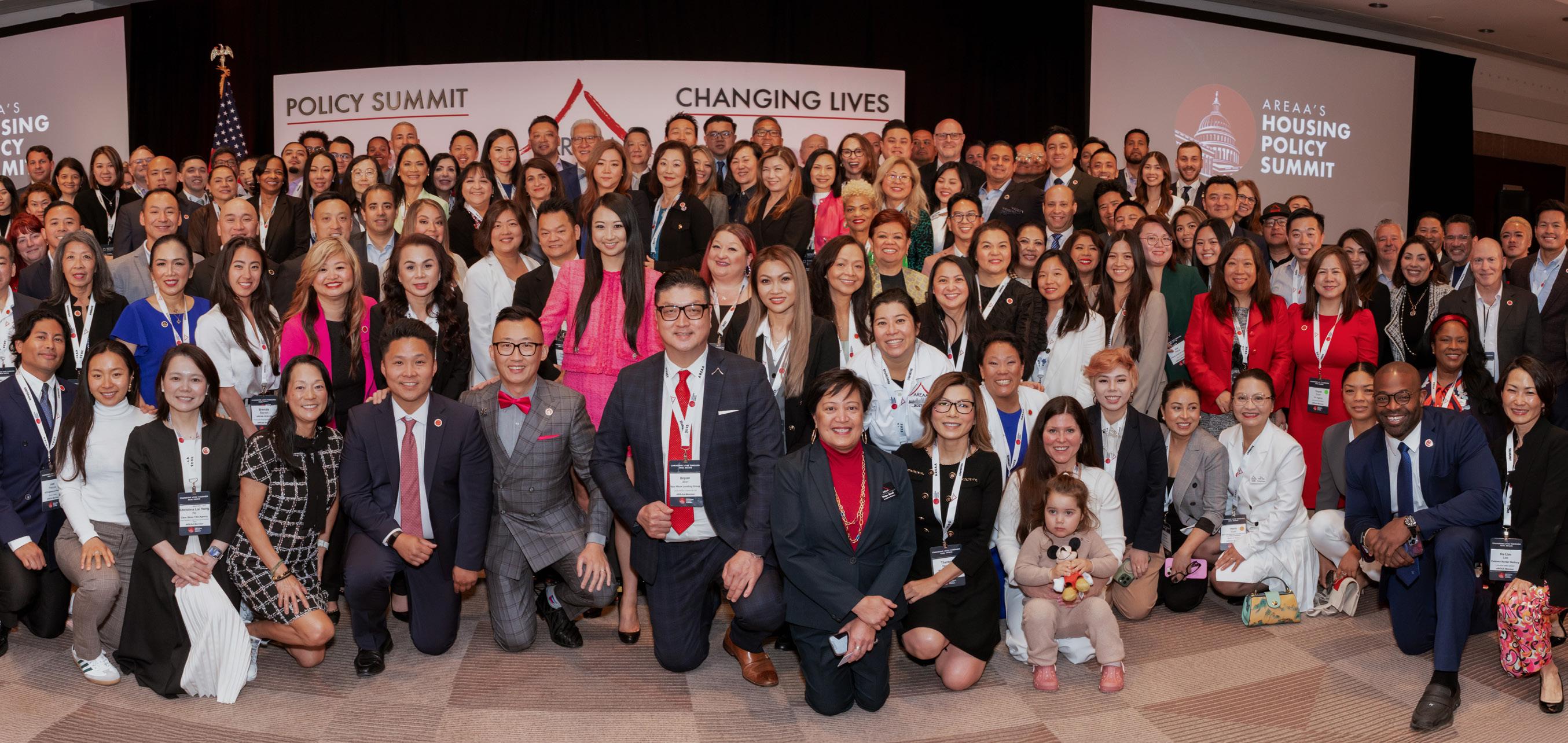
At the Housing Policy Summit, AREAA unveiled the highly anticipated 2025 State of Asia America Report, marking a significant evolution in our research and advocacy approach. This year's report took a more intimate and humanistic perspective, focusing specifically on how natural disasters affect housing and homeownership within AANHPI communities.
The report provided comprehensive analysis of recent catastrophic events, including the massive wildfires that devastated California and Hawaii, the hurricanes and flooding that impacted Southern communities, and the ice storms and tornadoes that struck various regions across the country. Rather than simply documenting these events, the report delved deeply into their lasting effects on housing markets and individual families.
Two critical areas of impact received particular attention: the escalating costs of insurance coverage and the substantial financial and temporal burden of post-disaster rebuilding. The report revealed how these challenges disproportionately affect AANHPI families, many of whom face additional barriers related to language access, cultural considerations, and limited community resources for disaster recovery.
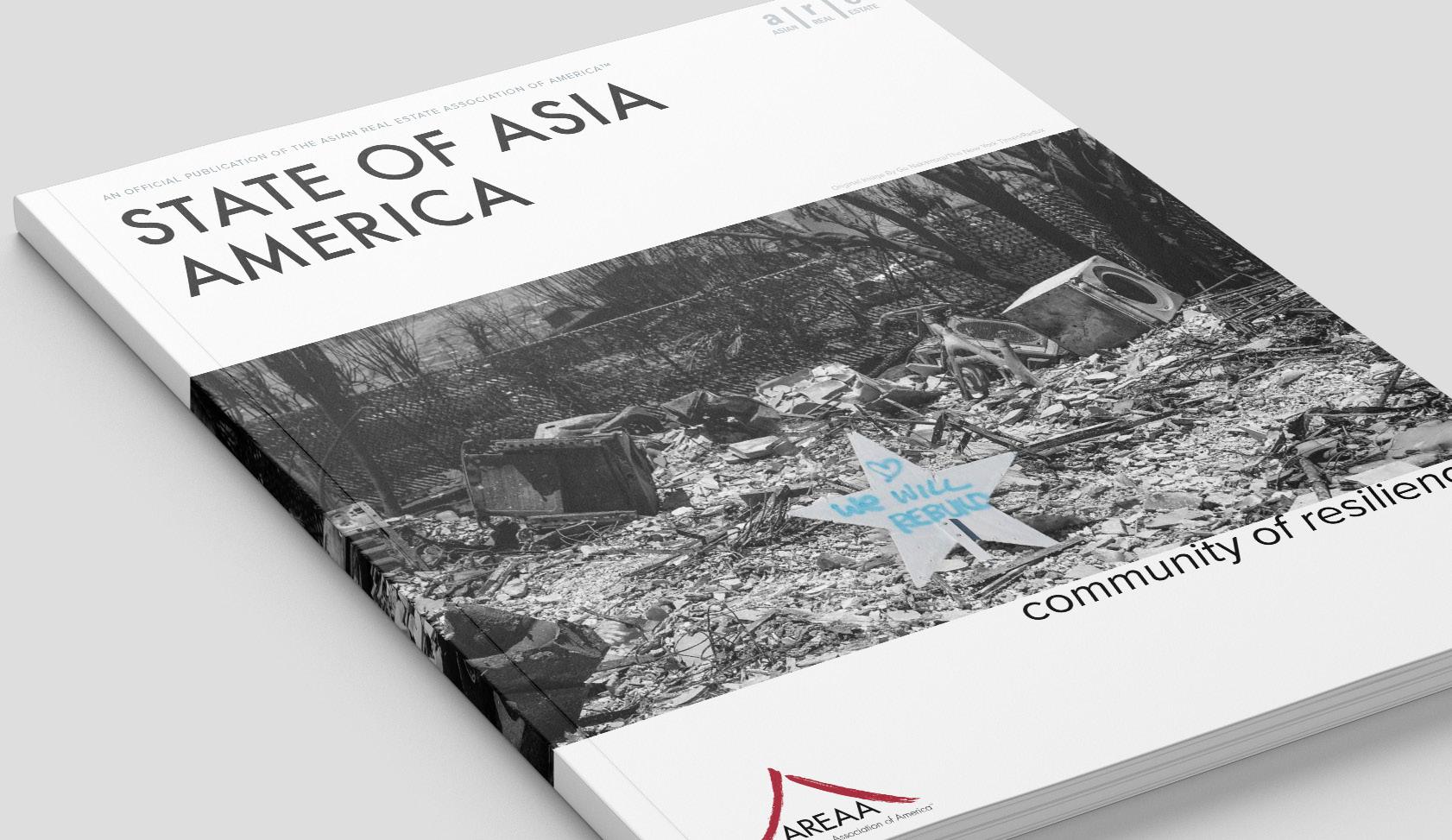
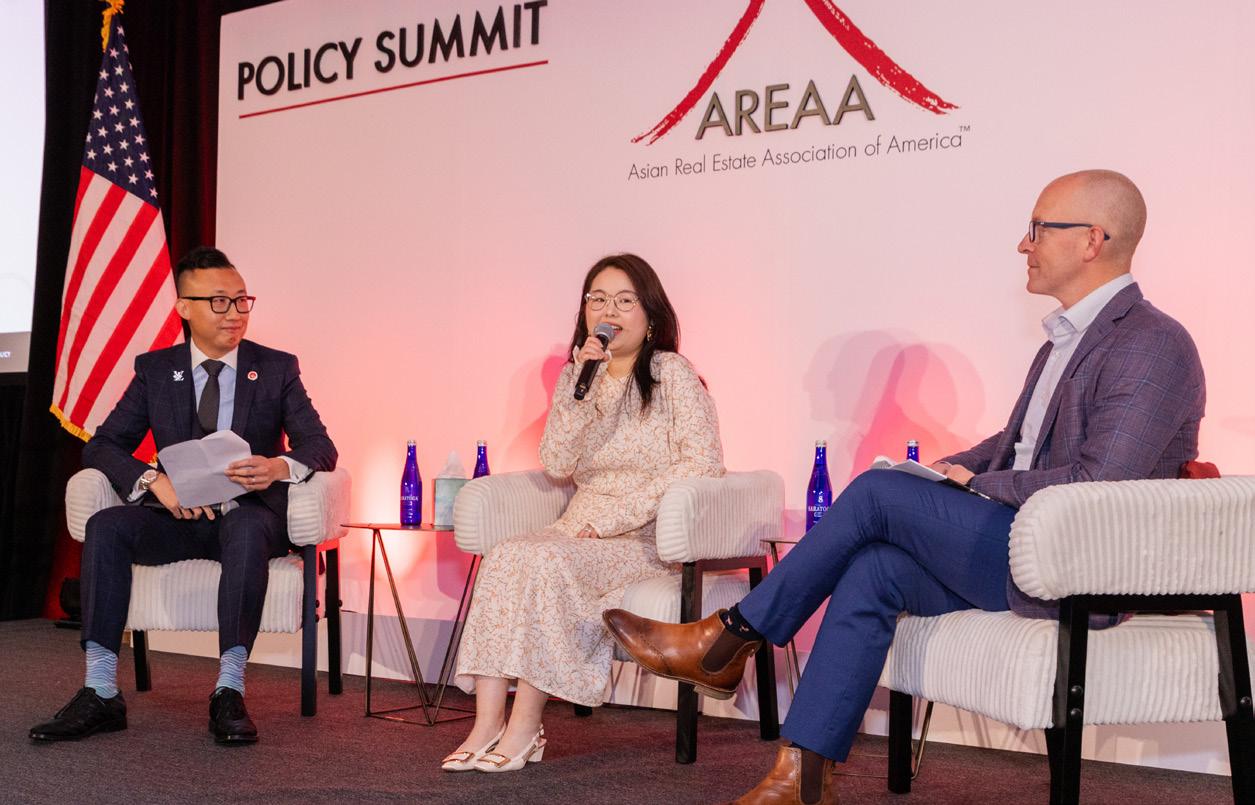
This research represented AREAA's commitment to evidence-based advocacy and our recognition that effective policy solutions must be grounded in real-world experiences and comprehensive data analysis. The report's findings will undoubtedly influence our legislative priorities and advocacy strategies in the coming year.
As the program year drew to a close, AREAA's leadership looked toward the future during the Corporate Advisory Council meeting in California. This gathering brought together the incoming 2025-2026 leadership team to engage in intensive strategic planning and goal-setting for the upcoming year.
The California meeting served as both a transition and a launching pad, allowing new leaders to learn from the successes and lessons of the current year while developing innovative approaches for the challenges ahead. The collaborative atmosphere fostered creative thinking and bold planning, ensuring that AREAA's trajectory of growth and influence will continue.
Discussions during the council meeting covered everything from membership engagement strategies to policy advocacy priorities, from technology improvements to community outreach initiatives. The comprehensive planning process demonstrated AREAA's commitment to continuous improvement and strategic thinking.
The completion of AREAA's 2024 A-List marked another milestone year in recognizing the exceptional achievements of real estate professionals that support AREAA's mission. What made this year's selection particularly meaningful was the strong representation of AREAA's leadership among the honorees. Many current and past national leaders earned recognition as top producers, illustrating a fundamental truth about our organization: leadership and professional excellence go hand in hand. These individuals don't just advocate for our community—they lead by example in the marketplace, proving that commitment to AANHPI advancement and business success are mutually reinforcing.
This year’s A-List honorees, all AREAA members, generated a combined $6.78 billion in sales volume across 6,271 transaction sides this past year. The top 50 agents and 25 teams will be honored at the AREAA National
Convention in Santa Monica, CA, from October 2-4.
The list of real estate agents and teams on the A-List was produced by RealTrends Verified and presented by Bank of America. Collectively, the AREAA A-List recipients would have ranked as the 27th largest U.S. brokerage by sales volume and 61st by sides when compared to the Real Trends Verified Best Brokerages list.
AREAA's National President Jamie Tian, a long-time A-lister herself, had this to say on the list: "The A-List represents more than a set of rankings – it’s a celebration of the drive and talent we have within AREAA and the impact we make on the industry, buyers and sellers. These agents and teams are helping build communities and helping others to achieve the American Dream of homeownership. Their work elevates the visibility and voice of AREAA, and we’re extremely proud to recognize their success."
AREAA has partnered with the Urban Institute to deploy a national study on one of the most important topics regarding AANHPI community growth: wealth creation. Currently, there is already a generalized understanding of the factors that contribute to the accumulation of general wealth. Homeownership, education, and employment are three factors that play a significant role across all ethnic groups. However, within the AANHPI community, the data shows huge disparities across different subgroups.
AREAA is partnering with the Urban Institute to research the factors that drive wealth creation. This research will examine the trajectories of homeownership, income, and wealth for AANHPI communities and subgroups, characterize the pathways to prosperity, leverage stakeholder engagement, and develop policy solutions to advance upward mobility. This work will support and strengthen AREAA’s mission to improve the lives of the AANHPI community through homeownership.
AREAA famously gained prominence in 2004 when the organization partnered with the UCLA Asian American Studies department to release a study dispelling the model minority myth. This venture with the Urban Institute is a natural extension of AREAAs continuing 20-year mission of answering the most important questions for the success of the AANHPI community.
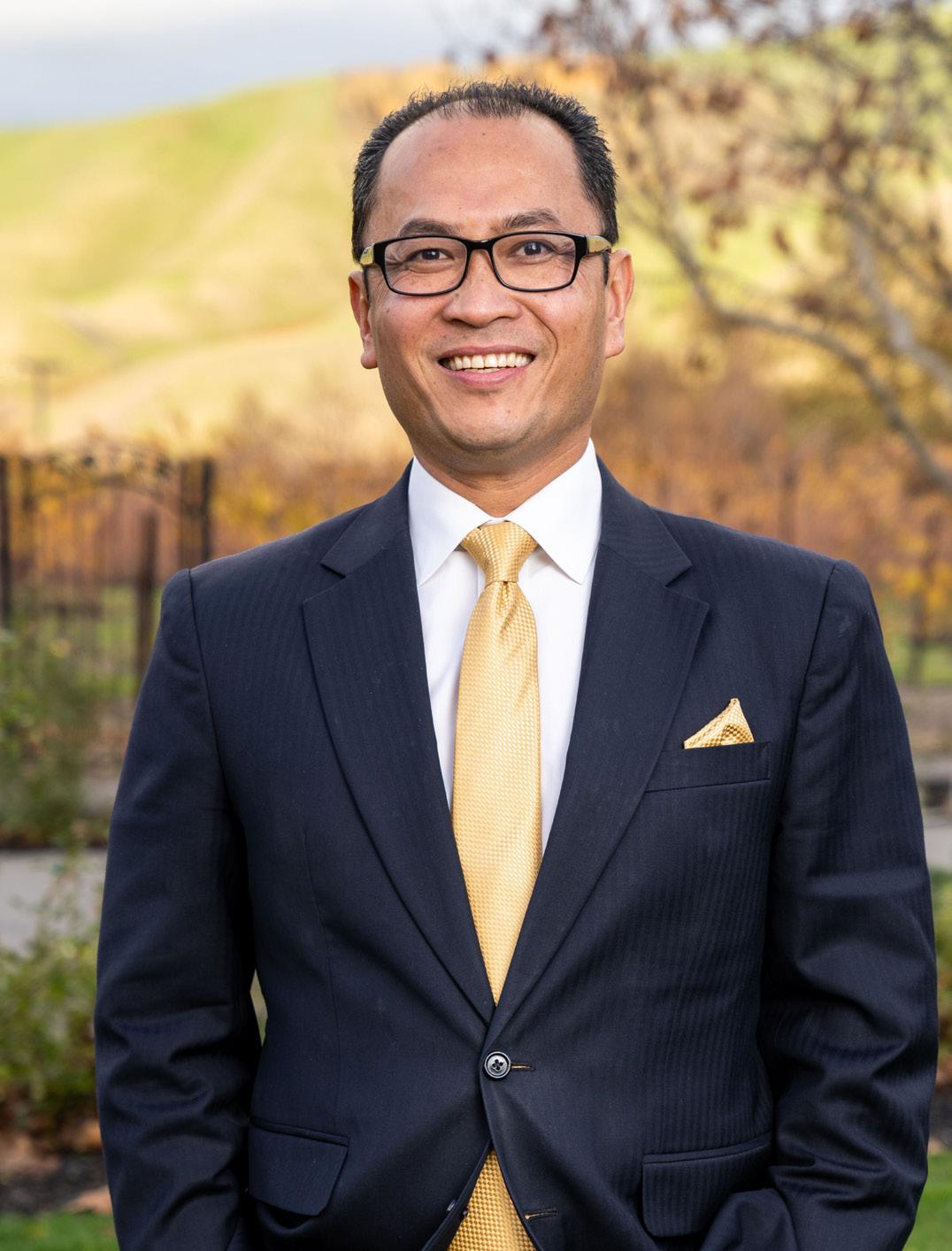
Mony Nop has been an AREAA member and successful real estate professional in California for over a decade. But his journey to this position was not an easy one. Mony's journey thus far is a testament to resilience and the human capacity to triumph over adversity.
From 1975 to 1979, the Khmer Rouge ruled Cambodia, a militaristic communist ruling group that sought to create a new utopia through violent revolution. The regime systematically targeted intellectuals, professionals, religious minorities, ethnic Vietnamese and Chinese populations, and anyone perceived as a threat to their vision of an agrarian utopia. Victims were often taken to remote locations—the "killing fields"—where they were executed and buried in mass graves. The Khmer Rouge also forced the entire urban population into agricultural labor camps, where countless people died from starvation, disease, and overwork. An estimated 1.5 to 2 million people— approximately one-quarter of Cambodia's population—perished during this period.
It was during this period of abject horror that Mony was born. Amidst the horrors of the Cambodian Killing Fields, Mony and his family faced a future cast in uncertainty and marred by violence. Through their relentless pursuit of survival, they journeyed through land mines from Cambodia to Thailand, survived refugee camps in Thailand and the Philippines, and finally made their way to the United States.
Mony's childhood in America was shaped by hard work and an unwavering commitment to survival and success. As a child laborer in the farmlands of Stockton, a McDonald’s worker, and a record-holding pizza delivery worker, Mony learned the value of diligence, perseverance, and service from a young age. This early introduction to work-life didn't deter his educational aspirations. Mony graduated from high school early, attended San Joaquin Delta Community College, and worked his way up from a police cadet to a reserve police officer in Stockton, all while learning and mastering English.
In Livermore, Mony spent 12 years as a patrol officer, three years as a DARE Instructional Officer, and two years as a Special Operations Unit Officer while also serving on the S.W.A.T. Team. His commitment to public safety and community service never wavered; while juggling his demanding career, Mony volunteered tirelessly in the community, raised two boys as a single father, and attended night school to earn his B.A. degree from St. Mary's College, becoming the first person in his family to earn a college degree. His commendable service won him several accolades, including the Knights of Columbus Officer of the Year in 2003, Alameda County Police Officer of the Year in 2004, and the Mothers Against Drunk Driving Award in 2004.
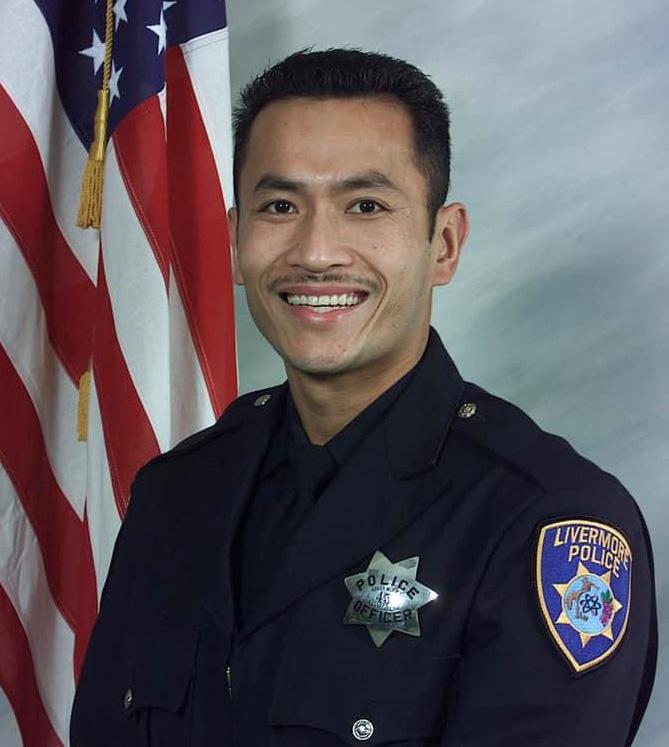
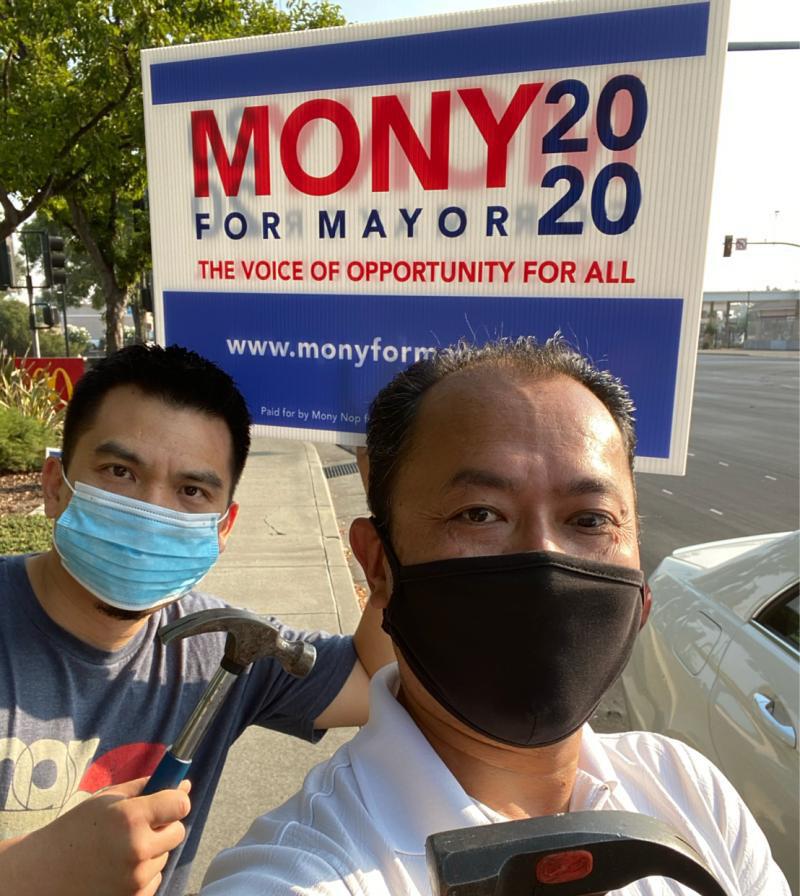
Mony's journey led him to real estate, where he founded Mony Nop Real Estate. His personal history, combined with his law enforcement discipline, informs his unique approach to real estate, intertwining property transactions with a purpose and philanthropy. For many immigrants, this would already be a complete American success story. But Mony went above and beyond.
In 2022, Mony ran for mayor of Livermore. His platform focused on increasing public safety, providing more access to affordable housing, helping businesses, mitigating homelessness, and bringing high-paying jobs to Livermore. As a former police officer and current realtor with extensive community involvement, he positioned himself as someone who could represent all residents and lead the city forward with collaborative leadership. Notably, he pledged that if elected, he would donate his entire mayoral salary to four nonprofit organizations for the first two years demonstrating his commitment to service over personal gain.
Ultimately, Mony was not elected to office, but his candidacy and the grassroots coalition he was able to build in his community have had a lasting impact. Today, Mony continues to contribute to the Livermore community and beyond, leading his team at Mony Nop Real Estate to serve clients with the same dedication, resilience, and service-oriented approach that defined his own journey.
Mony’s commitment to service has bled into his work at AREAA. He not only has served a Greater East Bay Chapter president in 2015 but led AREAA’s policy initiatives when he was tapped to serve as the organization’s Policy Chair in 2020. In that role, Mony led the organization’s policy priorities despite uncertainties brought by the COVID pandemic. He’s been through tough times but that makes him a fantastic leader in and outside of AREAA. A few years ago, Mony and Sophaline met. Theirs is a fairy tale love story….and they lived happily ever after.

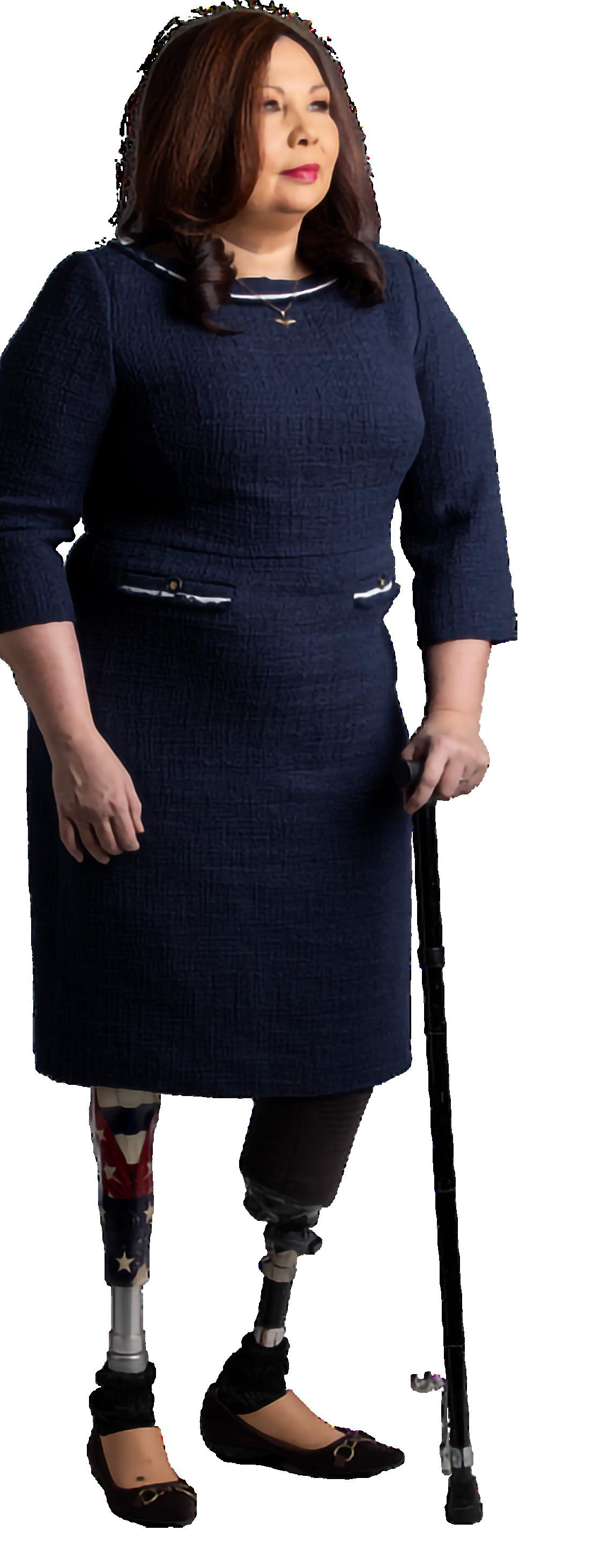
As one of the first female veterans elected to the U.S. Senate and a Purple Heart recipient, Senator Ladda Tammy Duckworth's journey from war zones to the halls of Congress demonstrates how personal adversity can fuel transformative public service.
Born in Bangkok, Thailand, on March 12, 1968, to an American father and Thai mother of Chinese descent, Duckworth's childhood was marked by constant upheaval as her family moved throughout Southeast Asia for her father Franklin's work with UN development programs. Living in Indonesia, Singapore, Cambodia, and Vietnam, she learned early that adaptability and inner strength were essential survival skills.
As an Amerasian child in the postVietnam War era, she faced discrimination and hostility across multiple countries, experiences that would later inform her empathy for marginalized communities. A defining moment came in 1975 when seven-year-old Duckworth survived the fall of Phnom Penh, crouching beneath airport windows to avoid gunfire while boarding the final flight out of Cambodia.
The family's constant movement also meant financial instability. When her father's job search proved unsuccessful and the family relocated to Hawaii in dire financial circumstances, they arrived nearly penniless. Duckworth's mother had to remain in Asia until they could afford her plane ticket, leaving the family separated during their most vulnerable period.
At just 16, teenage Duckworth demonstrated remarkable resilience by taking control of her family's fate. She became the primary breadwinner, working exhausting hours after school—selling roses from plastic buckets to tourists on Waikiki Beach, distributing promotional flyers, and encouraging visitors to try local volleyball courts. These weren't merely part-time jobs; they were the difference between having a roof over their heads and living on the streets.
This period of economic hardship forged her understanding that poverty could happen to anyone and that dignity could be maintained even in the most challenging circumstances. Years later, she would reflect: "I never worked as hard as when we were at our poorest... so I felt if
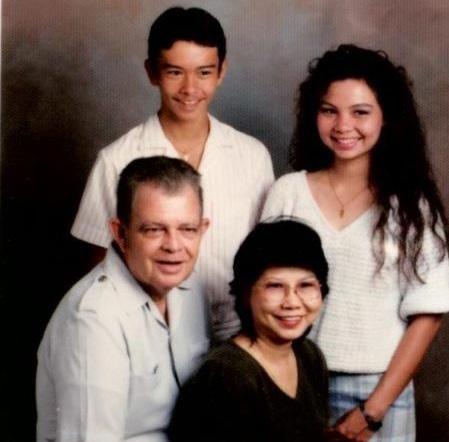
we could end up there, anyone could." This firsthand experience with housing insecurity would profoundly influence her later advocacy for affordable housing and economic justice.
After earning her bachelor's degree from the University of Hawaii while working multiple minimum-wage jobs, Duckworth pursued graduate studies in international affairs at George Washington University. What began as a financially motivated decision to join ROTC evolved into genuine passion for military service. She excelled as the only woman in her helicopter training class, achieving the highest test scores—a testament to her ability to thrive under pressure and in male-dominated environments.
Her attraction to helicopter aviation reflected her resilient nature: she chose the role that would allow her to get as close to combat as military regulations permitted women in the 1990s. This drive to push boundaries and serve at the highest level possible would define her entire military career.
Duckworth's ultimate test of resilience came during her deployment to Iraq in 2004, where she became one of the first women to fly combat missions. On November 12, 2004, her Black Hawk helicopter was struck by an RPG that exploded in her lap. The attack cost her both legs and severely damaged her right arm, with her crew initially believing she had been killed.
The physical trauma was devastating, but Duckworth's response revealed the depth of her resilience. During her 13-month recovery at Walter Reed Army Medical Center, she refused to succumb to despair or self-pity. Instead, she immediately began using her position to advocate for fellow wounded warriors. When Senator Dick Durbin invited Illinois veterans to attend the State of the Union, Duckworth accepted despite her condition. More importantly, when Durbin asked what he could do to help,
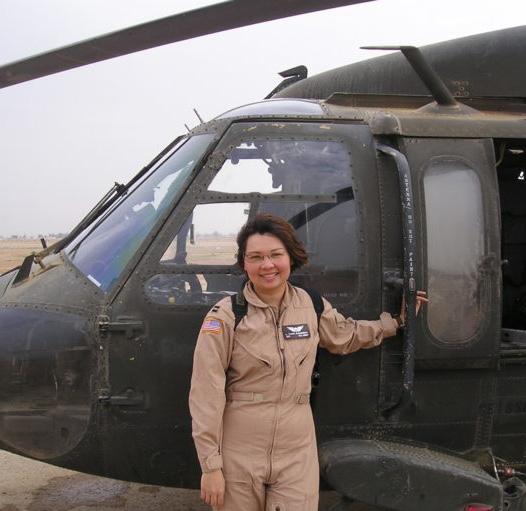
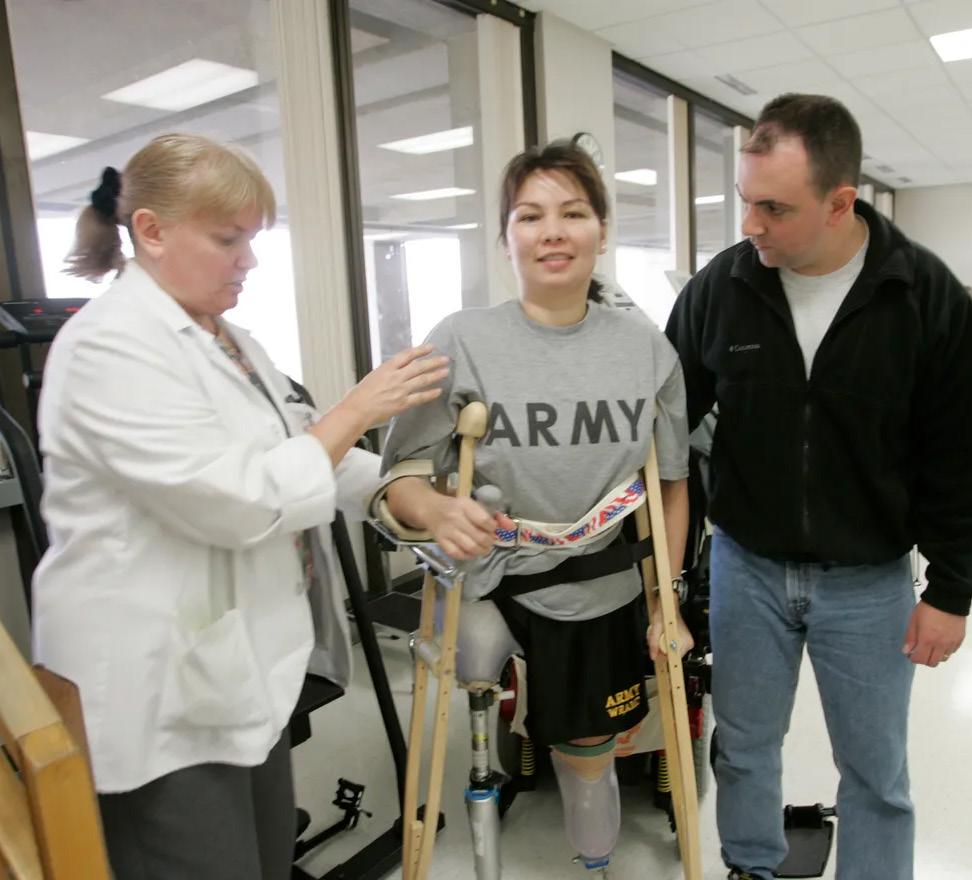
on March 30, 2005. Tammy Duckworth, 37, had been a Blackhawk helicopter pilot in Iraq when she was shot down by a rocket propelled grenade. She had lost both legs. Her right arm had also been severely wounded. She had stayed at the Fisher House while she underwent rehabilitation at Walter Reed Medical Center in Washington, D.C. Her husband, Capt. Bryan Bowlsbey had helped her out of her wheelchair for photos. Helping them was physical therapist Bunnie Wyckoff, as Duckworth had stood with the help of crutches for the first time.
she focused not on her own needs but on the struggles of other veterans with recovery, housing, and missing benefits. Her perspective on her injuries demonstrates resilience as a mindset rather than mere endurance: "I earned this wheelchair. It's no different from a medal I wear on my chest. Why would I hide it?" This reframing of disability as achievement rather than limitation became a cornerstone of her advocacy approach.
Duckworth's path from Veterans Affairs leadership to Congress demonstrates resilience in reinvention. As Assistant Secretary of Veterans Affairs under President Obama, she led efforts to combat veteran homelessness. In the Senate since 2016, she has continued breaking barriers, becoming the first sitting senator to give birth in office and successfully changing rules to allow infants on the Senate floor.
Duckworth's approach to housing advocacy stems directly from her response to personal challenges. Having experienced homelessness and disability, she champions the VITAL Act, which increases accessible housing development through the Low-Income Housing Tax Credit Program. According to HUD, less than 6 percent of housing is designed to be accessible, making her advocacy crucial for millions.
In 2025, Senator Duckworth addressed AREAA at their Housing Policy Summit, reflecting her commitment to expanding homeownership opportunities for underserved communities, including Asian Americans, Native Hawaiians, and Pacific Islanders.
Today, as a mother of two daughters who speaks English, Thai, and Indonesian, Duckworth continues transforming challenges into advocacy. Her completion of four marathons on a recumbent bicycle symbolizes her broader approach to obstacles—not as limitations but as opportunities to demonstrate what's possible. These athletic achievements aren't merely personal victories; they serve as visible proof to other disabled individuals that physical limitations need not constrain life ambitions.
Her multilingual abilities, developed through her childhood experiences across Southeast Asia, now serve her advocacy work with diverse communities. This cultural competency, born from early displacement and adaptation, enables her to connect authentically with immigrant families facing housing challenges and veterans from various backgrounds navigating complex systems.
Senator Duckworth's story illustrates that resilience isn't simply about survival—it's about using personal struggles to fuel systemic change. From childhood poverty in Southeast Asia to combat injuries in Iraq to congressional leadership in Washington, she has consistently transformed adversity into advocacy, proving that the most effective public servants are often those who have personally navigated the challenges they seek to address through policy.
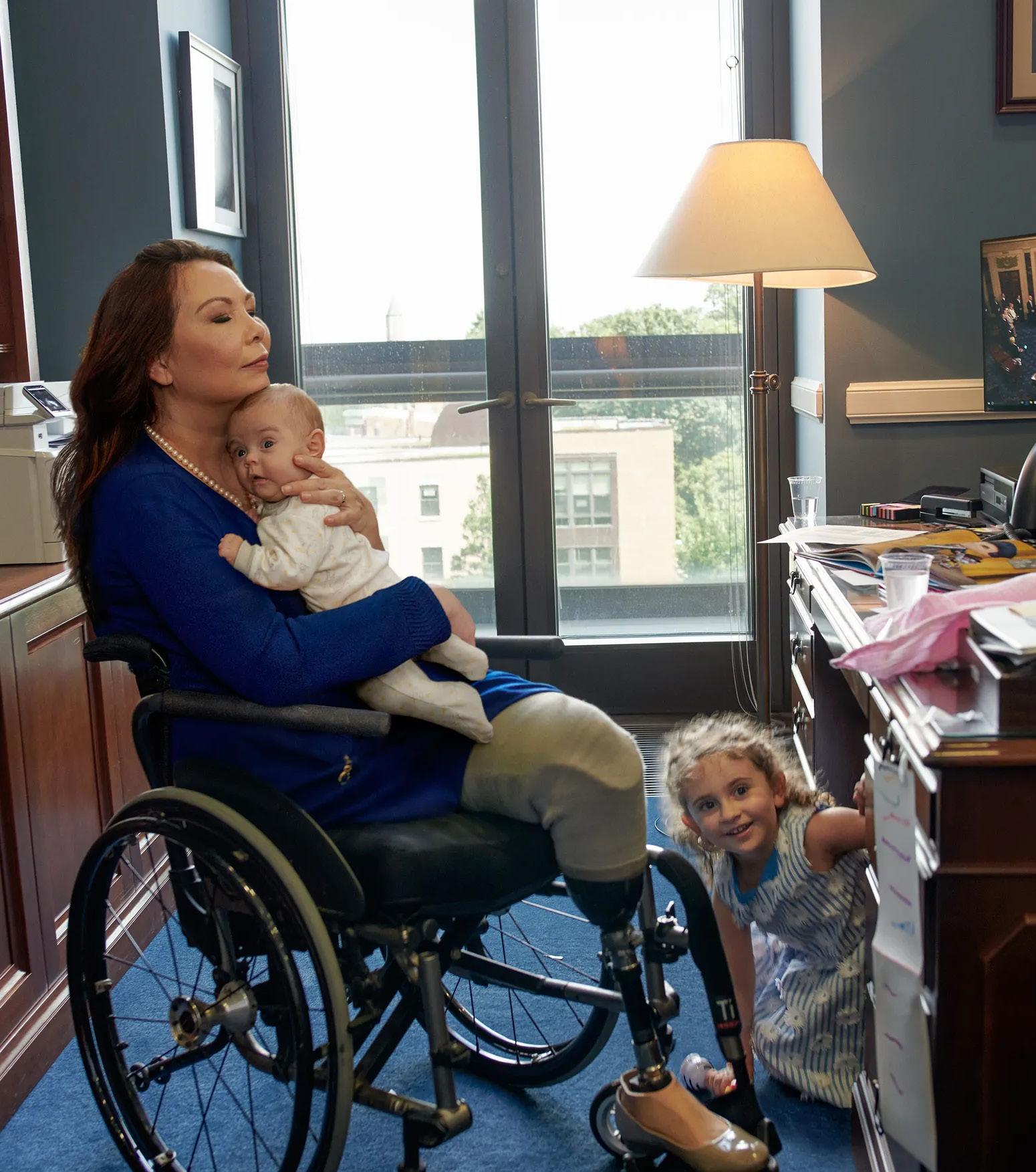
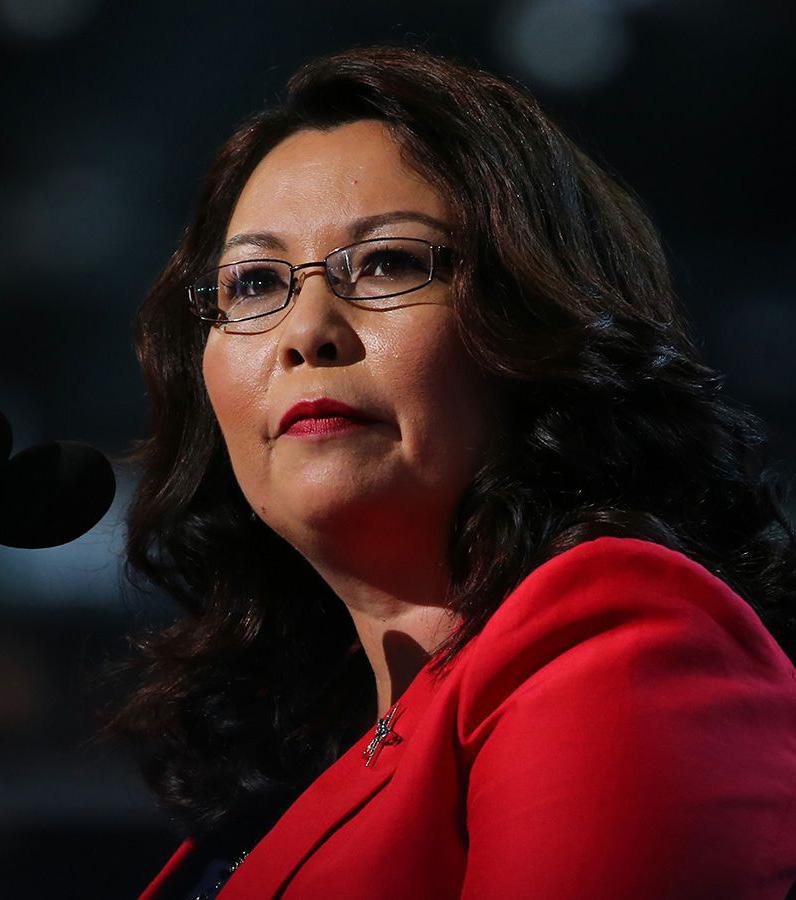
Supporting our customers on their homebuying journey: Wells Fargo’s commitment to inclusion and accessibility
At Wells Fargo, we understand the importance of cultural understanding and assistance in the process of buying a house.
That’s why we are dedicated to providing homebuying guidance and resources that meet your unique needs and help you find the right home for you.
With years of experience in helping people achieve their homebuying dreams, you can count on us to be a dependable companion in your homebuying journey.
Contact us now to learn more about how Wells Fargo can assist you in all facets of homebuying.

Let’s connect
To learn more information, scan the code with your mobile device camera.
Please note: Our website is currently available in English only.
Information is accurate as of the date of printing and is subject to change without notice. Wells Fargo Home Mortgage is a division of Wells Fargo Bank, N.A. © 2025 Wells Fargo Bank, N.A. NMLSR ID 399801. AP6293183 6/11/2025 IHA-8308589
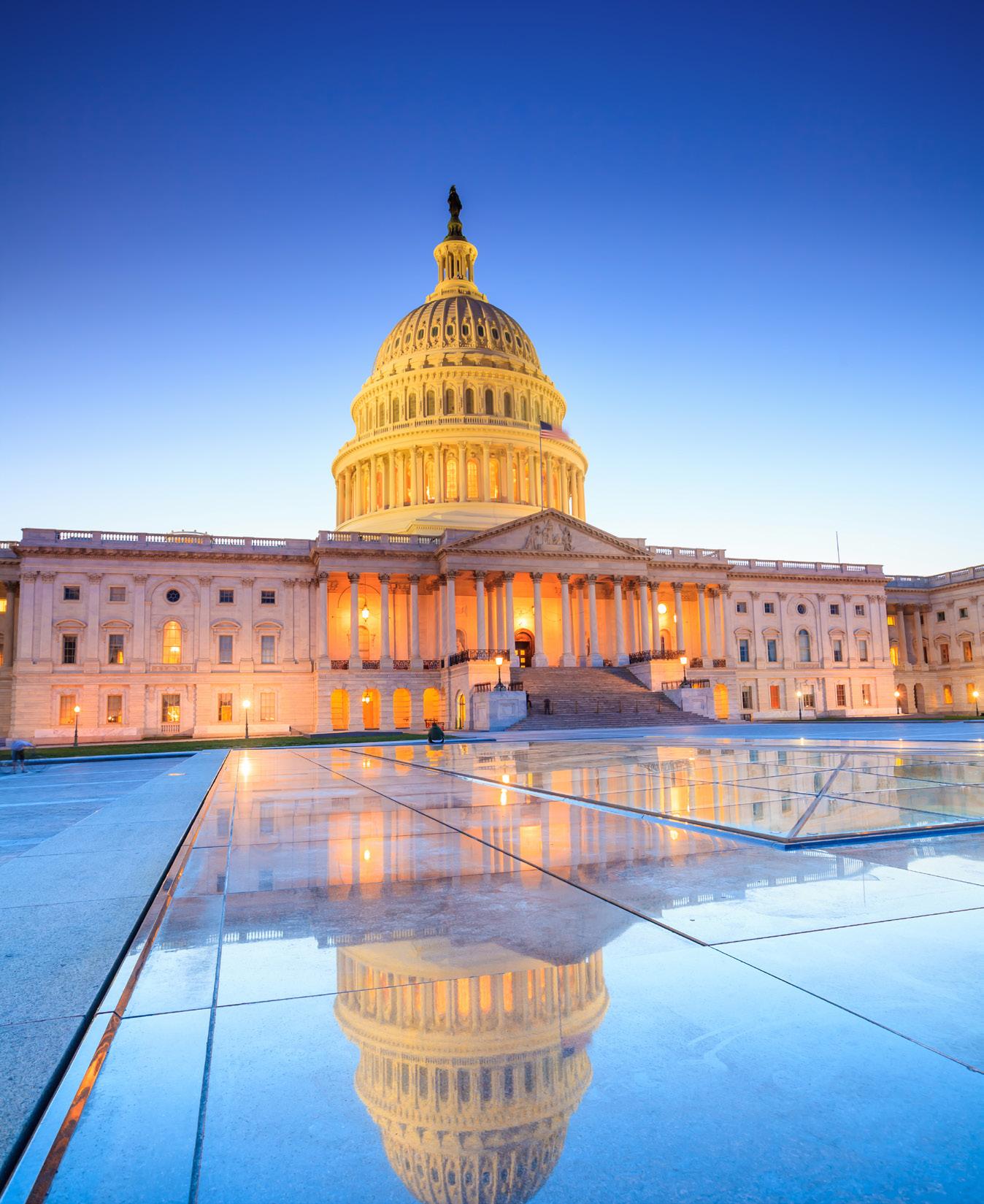
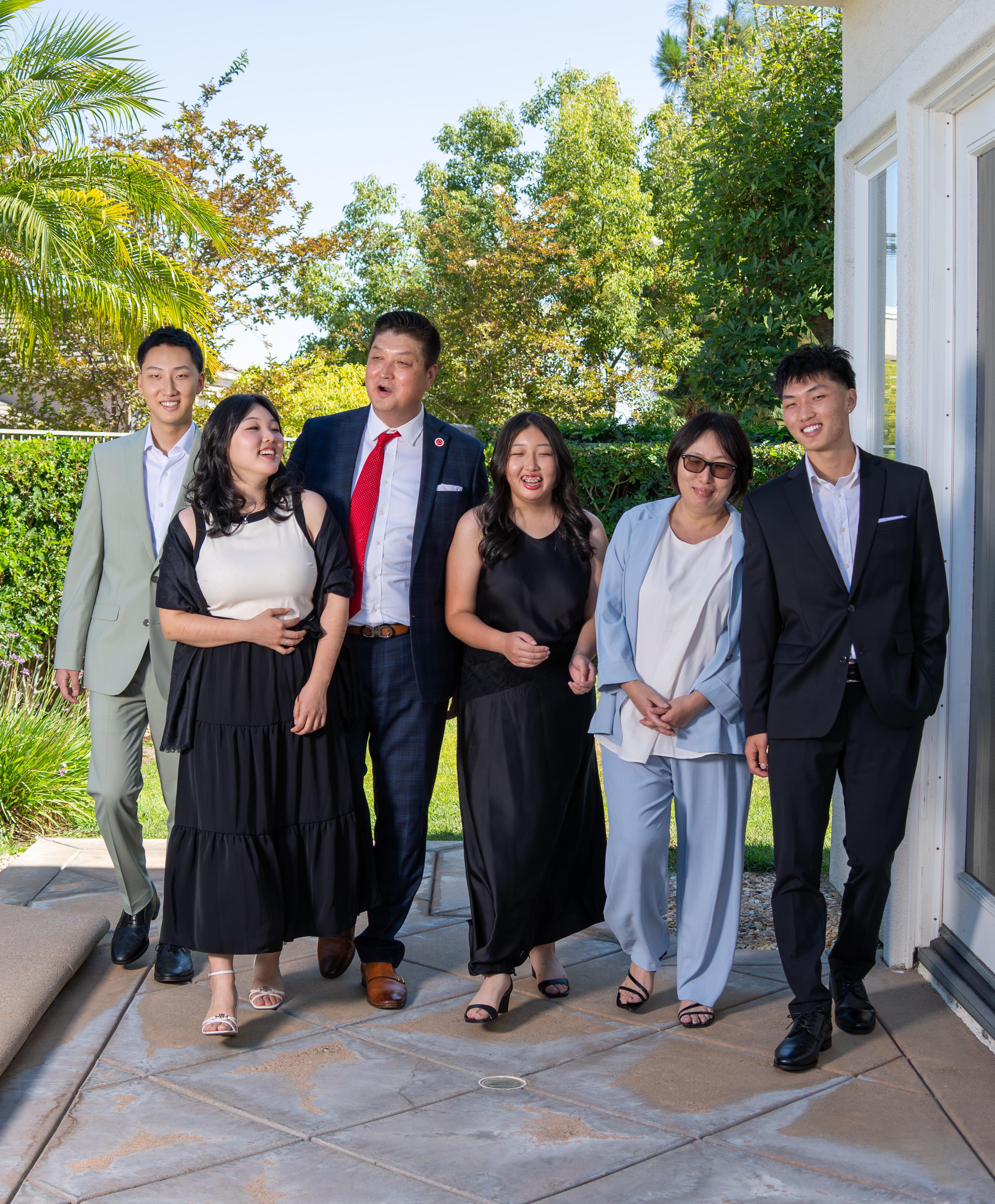
"If not me, then who?" These are the words that AREAA's 2026 President, Bryan Kap Ahn, lives by. As a husband, father, businessman, and son, Bryan is no stranger to the weight of responsibility. But he views this not as a burden, but as a privilege. In his words, "A father's shoulders are heavy, but his family gives him strength." This immense strength of resolve, paired with the patience of a father and a powerful belief in servant leadership, has prepared Bryan for his position as AREAA's National President.
"I only knew people's first names, we didn't care about where you came from. It's about who you are."
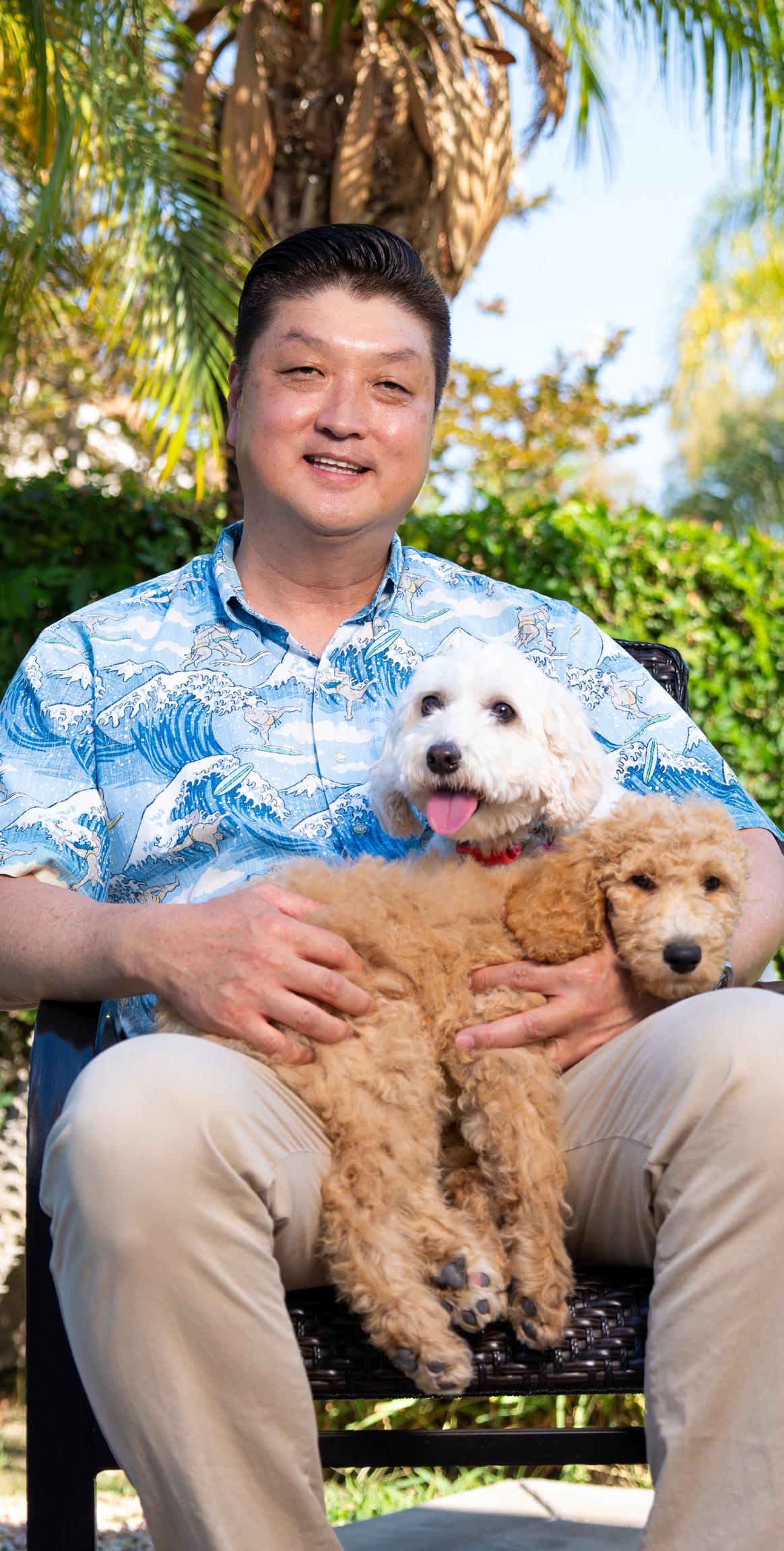
Bryan immigrated to the United States from South Korea at the age of 7 with his mother and sister. His uncle had petitioned for them to come live with him in Hawaii; unfortunately, his father and brother had to stay behind. At his elementary school, Bryan was only one of 3 Korean American children, and like most immigrant children, was placed in the English as a Second Language (ESL) classes. Although Hawaii did not have generalized discrimination against AANHPIs, Bryan observed divides between different subgroups. He was only 7 in a new country, learning a new language, with half of his family across the world. And yet, in recounting his childhood, Bryan spoke only of happy memories and blessed opportunities. "I only knew people's first names, we didn't care about where you came from. It's about who you are." Bryan was moved out of the ESL classes in two months.
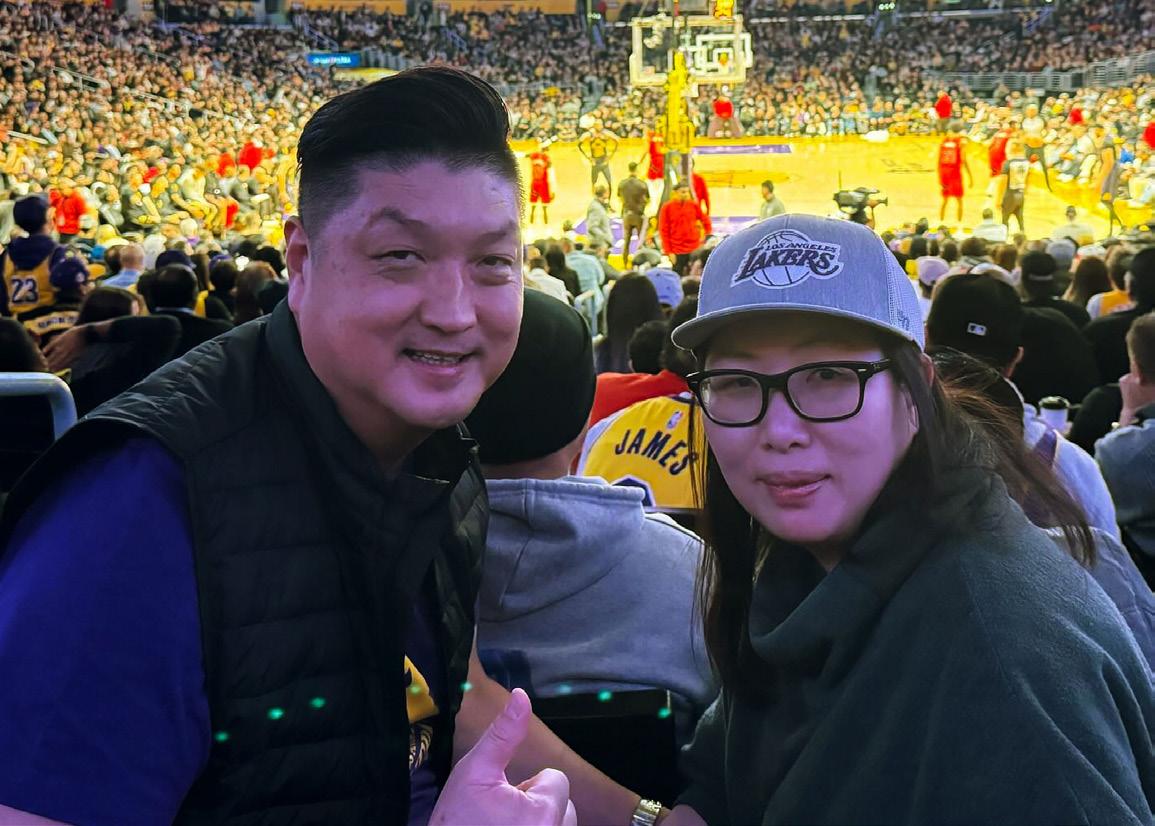
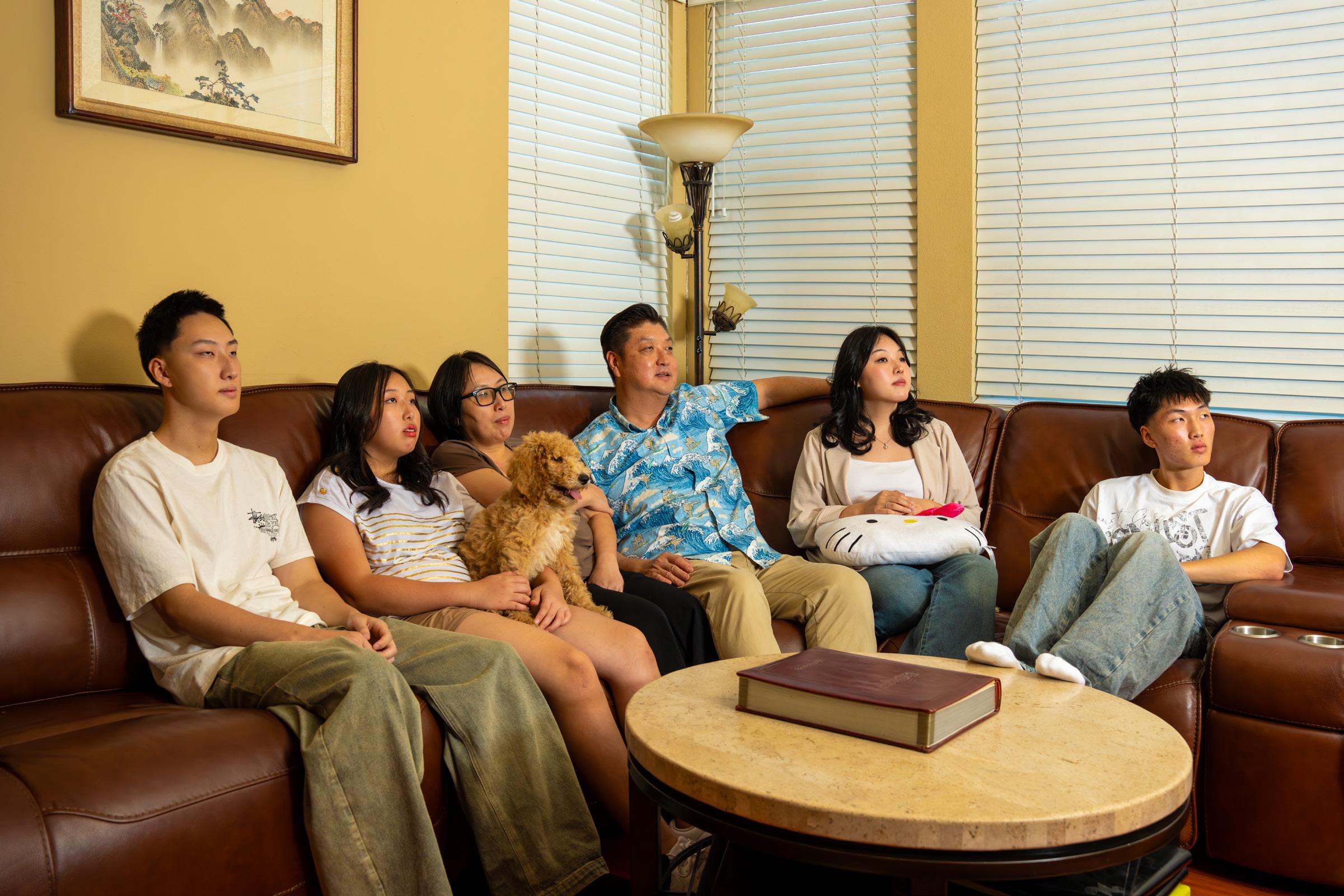
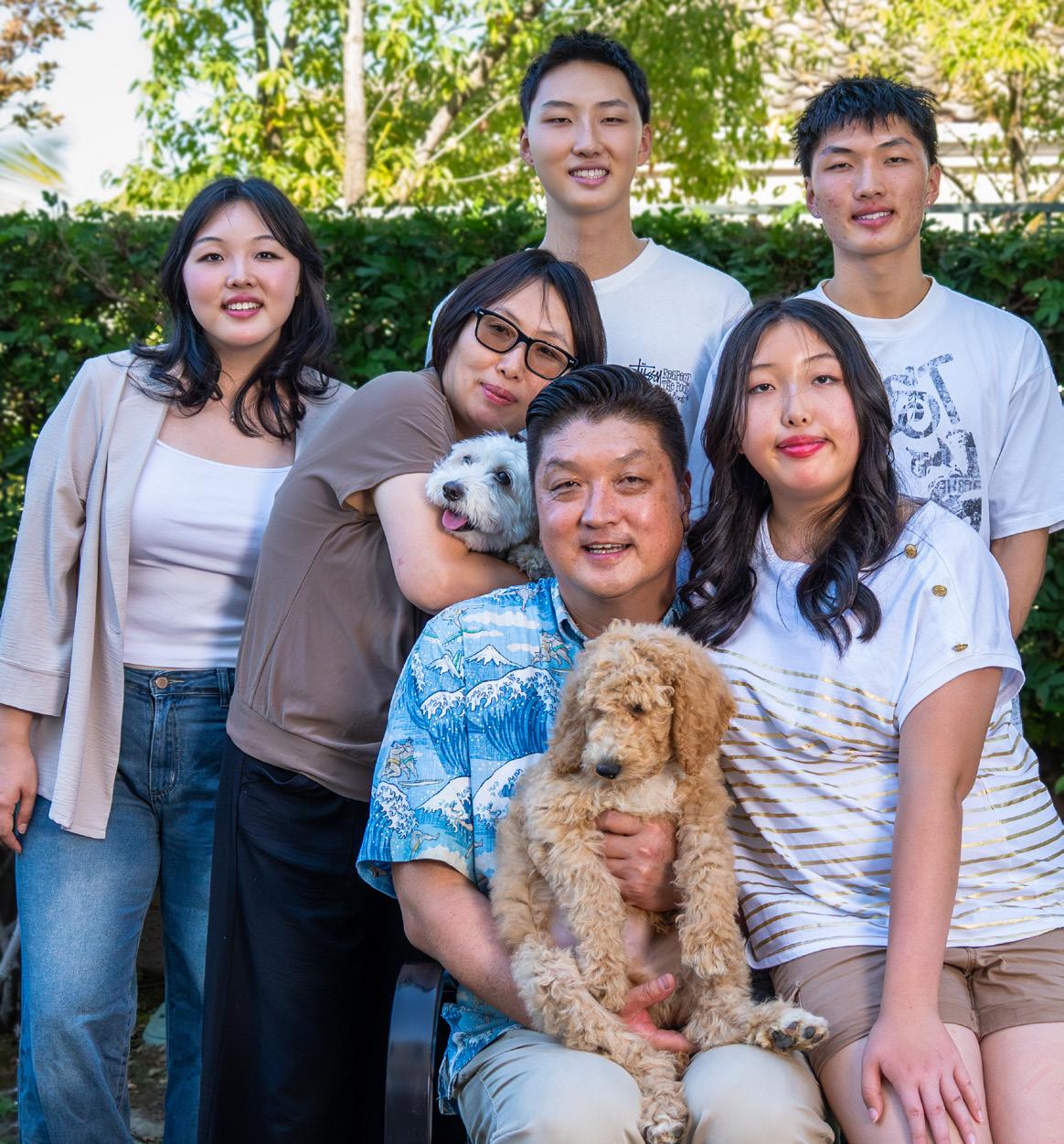
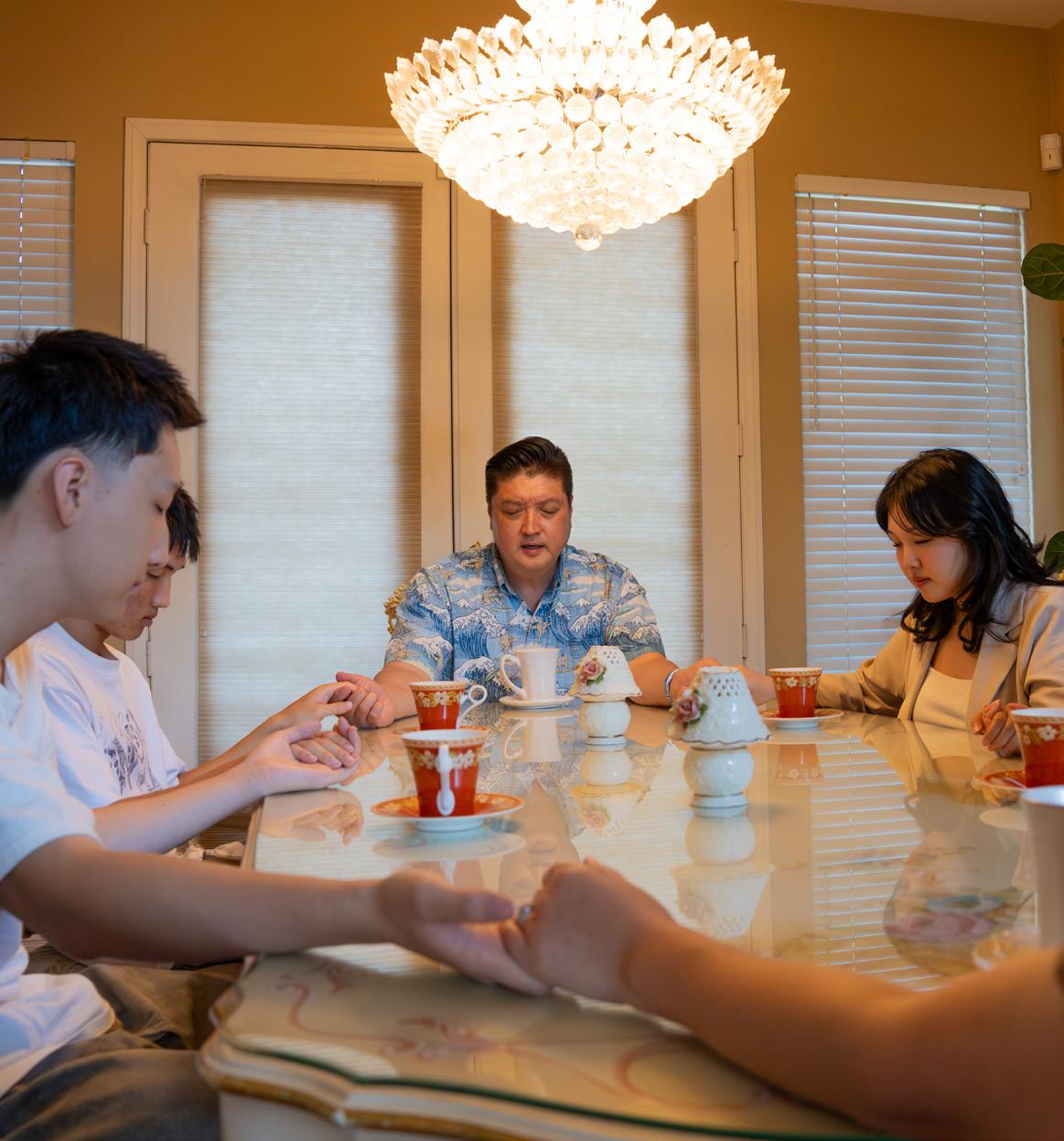

A naturally success-oriented individual, Bryan majored in the largest industry Hawaii had to offer, hospitality. After graduating from the University of Hawaii, he landed his dream job at United Airlines. His work took him to the busy metropolitan city of Chicago, and it was here that he worked his way up, building the foundation of what he thought would be a lifelong career in the industry.
But disaster struck the country. The terror attacks on September 11th, 2001 shocked the world; one of the industries that saw the greatest upheaval during this tumultuous time was the travel industry. Faced with an industry in disarray, Bryan decided it was time for another change.
This time, he headed back West to room with his close friend, and began a new corporate career in finance. Little did Bryan know, but his new chosen field would once again be hit with a national disaster, the 2008 financial collapse. Once again, rather than let difficulty slow him down, Bryan chose optimism, perseverance, and ultimately, success. "I did the most business I ever had at the worst time." Bryan's rigorous work led him up the corporate ladder, with successful stints at many of the financial corporate partners of AREAA, such as Union Bank, Citi, Wells Fargo, and Bank of America. Finally, in 2021, another national disaster inspired a career change for Bryan. But this one was different. COVID-19 took lives, closed down markets, and permanently changed the landscape of both social and professional interactions. Bryan considered his life, legacy, and aspirations, and decided it was time for another new adventure.
He left the corporate world, and entered into a lending business with a previous coworker. He has been in his current position as Director
and Regional Sales VP with New Wave Lending Group since 2022, helping others secure their path to homeownership.
Throughout the many successes across different industries, Bryan has remained humble. "I feel lucky, I feel like God has blessed me, and I'm glad I have the privilege to lift others up."
"I feel lucky, I feel like God has blessed me, and I'm glad I have the privilege to lift others up."
Bryan's biggest successes are not his professional accomplishments. Instead, his professional accomplishments are just a part of his greatest why: loving and serving his family.
Using knowledge he had accumulated through AREAA, Bryan was able to purchase a condo in Hawaii for his mother, spreading the dream of homeownership up his family tree.
After being introduced in a way that Bryan described as "arranged, almost like something out of a Korean drama," Bryan and his wife Jin Young have been happily married for 23 years.
Bryan is father to two daughters and two sons, and views parenthood as "God's greatest miracle." His oldest recently graduated with honors from UCLA and is considering a career in law.
For AREAA, Bryan has a simple mnemonic for his goals: AHN.
A: Alliance - For the entirety of Bryan's career, he's been a people person and relationship builder. AREAA is an organization that thrives when working with sponsors, other non-profits, and government entities to make changes happen.
H: Household Name - Bryan firmly believes that AREAA's mission of increasing homeownership for the AANHPI population is one that should be more widely known. His goal is to elevate and promote AREAA's brand to gain exposure and membership.
N: Next Generation - The AANHPI community is rapidly growing, and AREAA is needed to facilitate homeownership for the next generation of homebuyers. Succession planning, mentorship, and creating new leaders can all help to create a bright future for AREAA.
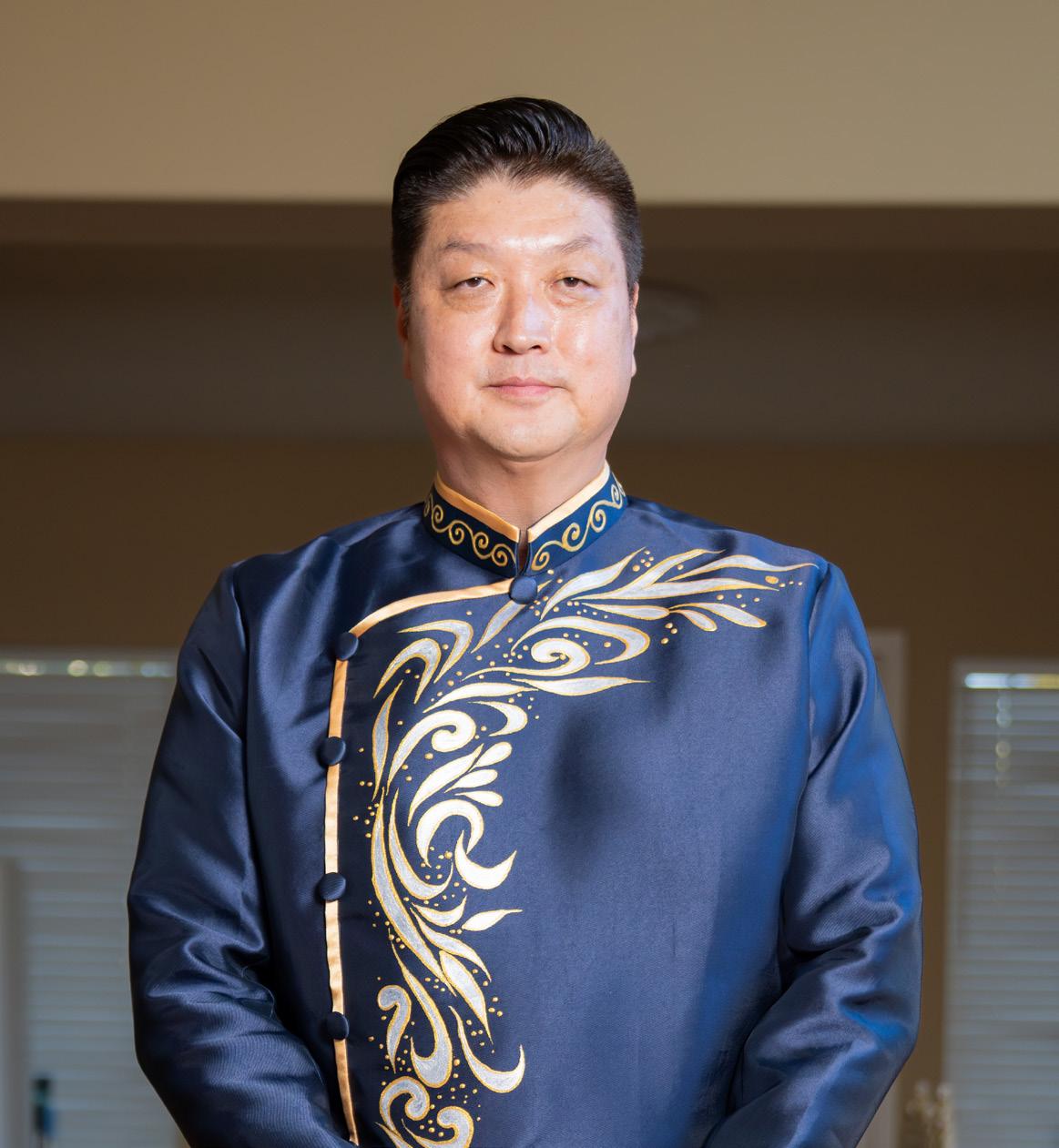

Resilience can take many forms: quiet, patient, and enduring, or bold and courageous. For Brandon Tsay, the man who stopped an active gunman in the midst of a shooting in Monterey Park, California in 2023, resilience is an important virtue in all forms.
Brandon first learned resilience from his parents: they, along with Brandon and his sister, immigrated from Taiwan with limited English proficiency and lived in a small One-bedroom apartment. Brandon recalled the challenges his family faced in those early years—four people sharing one bedroom and one bathroom for three to four years while his parents worked to establish themselves in America.
"My mother didn't really know English at that time, so she had to learn everything by herself," Brandon remembers. "My father was starting his practice as an attorney, and it was really difficult for an Asian to go to the bank and get a loan." His paternal grandparents, who had established their own business, Lai Lai Dance Studio, provided crucial support during this period. Their business became more than just a workplace—it served as "a focal point within the community, kind of like a rec center for Asian, Chinese and Taiwanese people to work through problems."
This foundation of community support and family determination would prove formative for Brandon. Growing up, he witnessed firsthand how his parents' resilience and drive helped them pursue the American dream, and he felt compelled to play his part in helping his family succeed.
Always willing to support his family, Brandon worked as a manager at the Lai Lai Ballroom & Dance Studio that his family owned. He participated in classes from time to time, learning enough Latin dances like cha-cha and bachata to assist clients. It was here that a gunman chose to target after having previously killed 11 people at another dance studio.
On that January night in 2023, when Brandon found himself face-to-face with an armed gunman, he discovered a type of courage he never knew he possessed. "Growing up, before this incident, I'd be someone to hide and run away and try to find the police," he admits. But in that critical moment, a different instinct took over—a "compulsory, protective mindset" that surprised even him.

"I saw what would happen to other people," Brandon explains. “Someone has to do something.” Spurred by this protective instinct, Brandon intervened, disarming the would-be shooter and preventing a tragic disaster.
The aftermath of that night brought its own challenges. Brandon found himself thrusted into a media spotlight that often felt overwhelming and reductive. "A lot of the media back then in 2023 were really eager to get the story out and asked a lot of directed questions, political questions, polarizing questions," he recalls. "Most of the time, I didn't really get to input my own thoughts. There was no time to process what type of questions they were asking."
The constant interviews and oversimplified narratives left little room for Brandon to process his own experience. "I was under a lot of stress and trauma and didn't know how to deal with it," he says. Eventually, he made the crucial decision to seek professional help, reaching out to the Yellow Chair Collective, an organization focused on mental health support for Asian Americans.
"They were really helpful, even in the short time that I got to know them—3-4 months of therapy—able to help me process and get some of my traumatic thoughts out there," Brandon shares. The therapy helped him address not just the immediate trauma, but also issues he had been carrying since childhood, daily struggles with anxiety, and other bottled-up emotions.
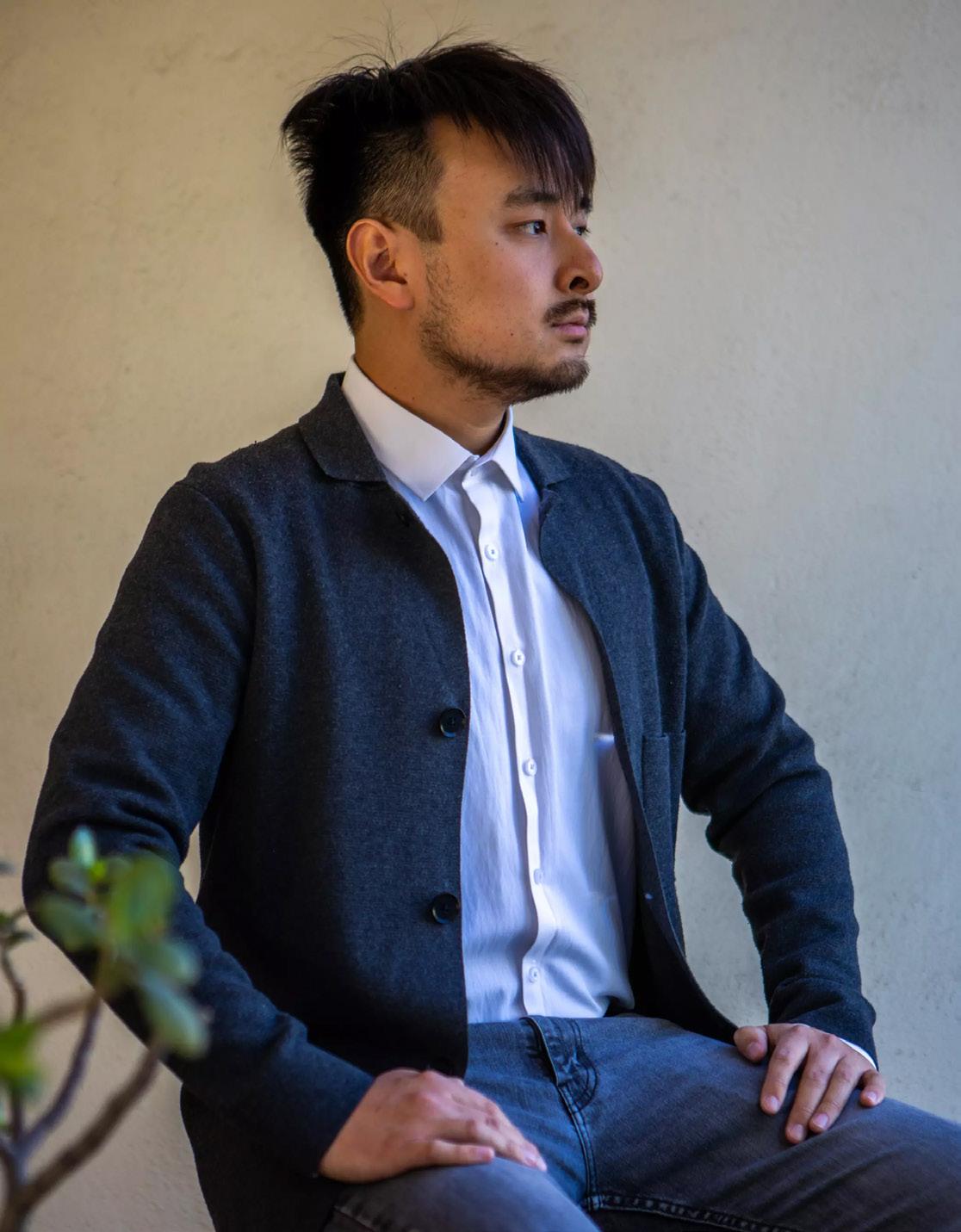
For Brandon, seeking mental health support required overcoming deeply ingrained cultural attitudes. "Due to Asian culture, I struggled... I saw how resilient my parents were and driven they were to make a life for themselves," he explains. "The Asian mindset is to keep to myself, deal with my own problems, try to work it out. I wouldn't really reach out to someone and open up."
This experience has given Brandon valuable insights into mental health within the AANHPI community. His therapy helped him connect with others in ways he previously wouldn't have considered, challenging the cultural tendency toward self-reliance and emotional privacy.
Through his work with the Brandon Tsay Hero Fund, which he established in partnership with the Asian Pacific Community Fund, he's been able to channel this understanding into community action. The fund has supported mental health workshops and initiatives, particularly focusing on educating senior citizens about available health services in multiple languages.
"We go out to community centers and speak to seniors with multilingual support," Brandon explains. "We really want to give them the chance to understand their services better— how do you do these processes? How do you schedule things and find your resources?" These efforts address a critical need in the community, where language barriers and cultural hesitations often prevent people from accessing mental health support.
The experience has fundamentally changed how Brandon sees himself and moves through the world. "I'm able to walk with my head held high now," he says, reflecting on the confidence that comes from knowing he has the capacity for courage when it matters most.
But Brandon's heroism extends beyond that single dramatic moment. His philosophy of rising to the occasion permeates his ongoing work in the community and his advocacy for mental health resources. He recognizes that too many people "relegate their responsibility to others" and assume "somebody else will pick it up." His experience has reinforced his belief that individual decisions and actions matter profoundly.
As Brandon continues his work in the community, he's increasingly concerned about the challenges facing younger generations of AANHPI families. Housing affordability has become a personal concern as both he and his sister struggle to achieve homeownership. "My sister has been struggling to find a house to buy for her own family," he shares. "We're in a housing crisis right now, and it's important to get that information out there. Younger generations will have an even harder time. That's quite scary if you think about it."
This housing crisis represents another form of resilience challenge for AANHPI communities—the quiet, persistent kind that his parents demonstrated when they worked to establish themselves in America. Just as his grandparents' business served as a community focal point, Brandon sees the importance of homeownership and stable housing as fundamental to community building and generational progress.
Brandon Tsay's story illustrates the complex nature of resilience within AANHPI communities. It encompasses the quiet determination of immigrant parents building new lives, the cultural challenges around mental health and seeking help, the sudden courage that emerges in moments of crisis, and the ongoing commitment to community service and advocacy.
His journey from that small one-bedroom apartment to becoming a nationally recognized hero—and more importantly, a community advocate—demonstrates how resilience can evolve and express itself in different ways throughout a person's life. Whether it's his parents learning English and building businesses, Brandon confronting a gunman, or his ongoing work to expand mental health resources and address housing challenges, the common thread is a commitment to community and the understanding that individual actions can make a profound difference.
AREAA President Bryan Ahn is a fan of the motto, “If not me, then who?” When asked if these words resonated with his actions, Brandon reflected, “Your decisions matter. Your actions say a lot. You can’t assume someone else will step up. If not me, then who?”
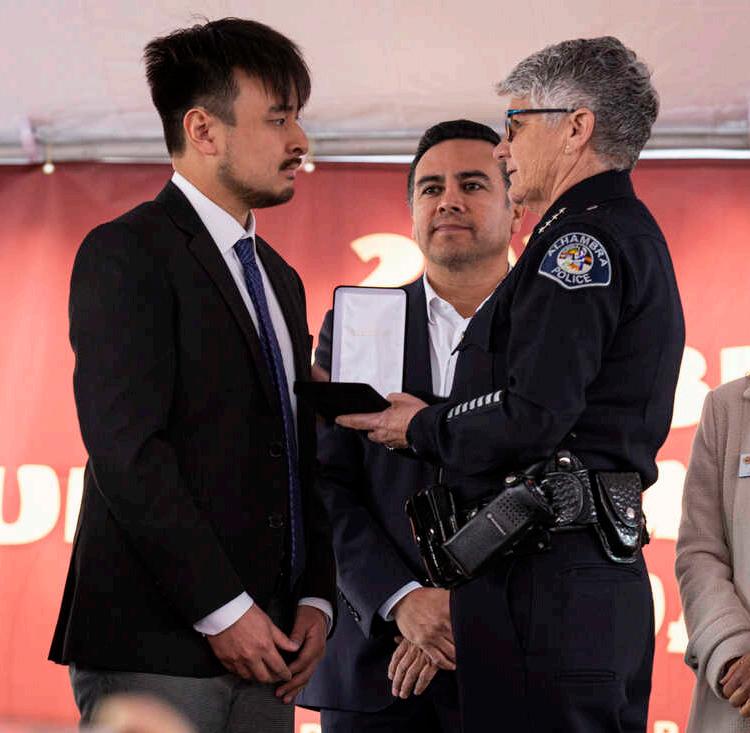
With interest rates changing daily, it’s important for your clients to lock in their rate. Chase Homebuyer Advantage with Lock and Shop gives them:
• Confidence in knowing what they can comfortably afford
• A 90-day rate lock with 60 days to find a home
• A one-time option to lower their rate, if rates drop before closing
• A conditional approval letter to show sellers they’re serious buyers
For more information, visit
For real estate and lending professionals only and not for distribution to consumers. This document is not an advertisement for consumer credit as defined in 12 CFR 1026.2(a)(2).
QR code is available for select mobile devices. Message and data rates may apply from your service provider.
1A conditional approval issued through the Chase Homebuyer Advantage Program is based on a comprehensive underwriting review of your credit, income, and assets, and is valid for a designated period of time to extend a home purchase loan up to a specified amount. The issuance of a conditional approval letter is not a loan commitment or a guarantee for loan approval, but is subject only to the following conditions: (i) the identification of a suitable property; (ii) no new information materially changes about your financial condition or creditworthiness prior to closing; and (iii) conditions typically connected to a home loan application that are not related to your financial condition or creditworthiness. Conditional approvals are for consumers searching for properties and are not available on all products. Contact a Home Lending Advisor for details.
2The Lock and Shop program will lock interest rates for up to 90 days on the purchase of a primary residence. The Lock and Shop program is only available with Homebuyer Advantage. Property address must be identified within 60 days after the lock date, or the loan’s pricing will return to the current market rate with the option to lock again. A one-time rate float-down option is available after the property address is identified. The float-down option is valid for 30 days and may not exceed the original lock expiration date. If the residence type changes to a second home or investment property, the rate float-down option will no longer be available. Rate extensions are available after the property is identified and fees may apply. All home lending products are subject to credit and property approval. Rates, program terms and conditions are subject to change without notice. Not all products are available in all states or for all amounts. Other restrictions and limitations apply.
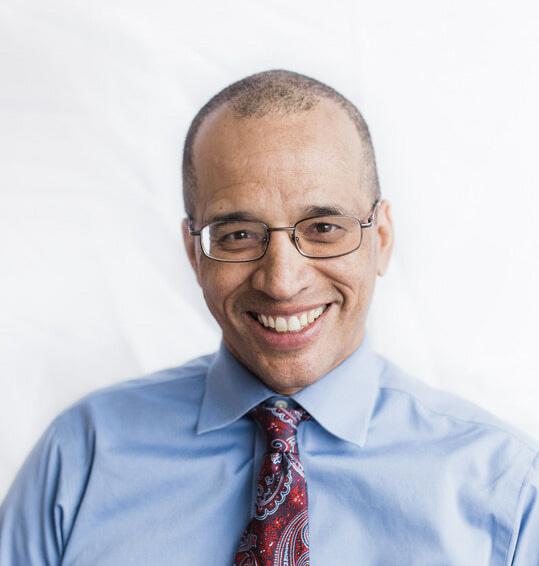
Reed Colfax is a Co-Managing Partner at Relman Colfax, and has almost Three decades of experience in civil rights litigation. In his fair housing appellate practice, he has appeared and argued before the Second, Fourth, Eleventh, and D.C. Circuits and has drafted amicus briefs on a variety of fair housing issues on behalf of fair housing and civil rights advocacy organizations around the country. Reed was the recent recipient of AREAA's Chairman Emeritus Award, a recognition by AREAA's founders for an individual who champions our mission. AREAA had the opportunity to interview Reed about the experiences, both personal and professional, that brought him to this impactful position.
Reed, you and your brothers, or the "Colfax boys," are famous success stories about home schooling. Can you tell us a little bit about that?
"So, back in 1973, when I was 3 years old, my parents moved me and my two older brothers to a remote mountain top in Northern California and built a home there. They wanted to prioritize giving us a high quality education, and decided homeschooling would be the best way to do it. It wasn't necessarily a permanent idea, but it worked so they kept doing it."
Was transition to public schooling challenging?
"Not really, and I think there's two big things to remember. First, that aspect of moving away from home to college is a big transition for anybody. And second, one of our biggest advantages academically is that yes, we were home schooled, but in many ways we were self taught, self motivated, self driven, which is very important in college."
Did you already go to college knowing you wanted to do law? And why civil rights law and not corporate?
"Going into college, if you were to ask me what I wanted to do, I probably would have said 'teacher' or 'professor.' But I did already know at that point that I wanted to live a life where I made a difference. I began seeing law as a vehicle to make the world a more equitable and fairer place, and knew that civil rights was the right way to go for me. I wouldn't have lasted in the profession if I were doing tax law or corporate law."
What inspires you most to continue fighting for civil rights?
"Then and now, I am constantly inspired to continue my work when I see communities and people not getting the access to the resources that they need. When people, due to where they're born, their immutable characteristics, or their socioeconomic status are unable to live a life on equal terms that other people born with privilege are able to, that strikes me as unfair. I see people in some of the most destitute circumstances trying to forge their path in this world and that inspires me to make a difference.
And on the topic of resilience, it's important to understand that for many of my clients, this is not easy. They're often standing up to a more powerful organization with more resources, and I've seen the tremendous amount of courage it takes to fight for your rights."
How have you seen fair housing discussions evolve over the course of your career?
"I've seen fluctuations. Today, there is much more of a recognition of the need for fair housing, and ensuring that we treat people equitably throughout every aspect of the housing acquisition and living process.
Overall, it's a very positive trend, but within that we've seen ups and downs. Right now, there's a little bit of a downward trend at the moment. The current administration has made cuts or adjustments to agencies like HUD that have made it harder to fight against certain forms of discrimination. So in the long term, fair housing opportunities have increased but over the long haul there have certainly been temporary setbacks.
But it's important to remember those setbacks are temporary. They're a reminder that we need to buckle up and continue the fight, we have to be able to withstand the setbacks and come out the other side.
Like I said, there is much more of a societal recognition of fair housing and the harm of residential segregation. That is Inspiring and good for the future. I hold onto that knowledge during momentary setbacks."
What is your vision for the future of fair housing and civil rights?
"Ultimately, we want to see equal opportunity and fair housing for all. It’s a common phrase that many organizations use, but it pretty neatly describes where we should be. Current and historical discrimination continues to have an impact on whether or not people have opportunity, and when you look at the level of residential segregation we still have, it's a result of our history. It's not an accident, it's not chance. And housing doesn't stand alone as the only issue, but it is central to our quality of life and opportunity."
How is AREAA's mission critical to promoting fair housing and resilience in the AANHPI community?
"Well, the way we've been introduced to AREAA is actually a perfect example of two things critical to the fair housing movement.
1. Discrimination is unfortunately alive and well today. When you have a statute that is all about prohibiting certain racial groups from homeownership, that is racial discrimination. I don't think everyone realizes how much overt and explicit discrimination is still codified these days, and it's important to point it out when it's there.
2. It is important for people to stand up. When you see a law that is having a negative impact on your community, you have to say no. Because the easiest way for your rights to be eroded is if you stay silent and accept it. You have to stand up and say something."
Our incoming AREAA President, Bryan Ahn, believes in the saying "If not me, then who?" Would you say that applies here?
"Absolutely. Someone has to stand up for what is right, if not myself, if not AREAA, if not you, then who?"
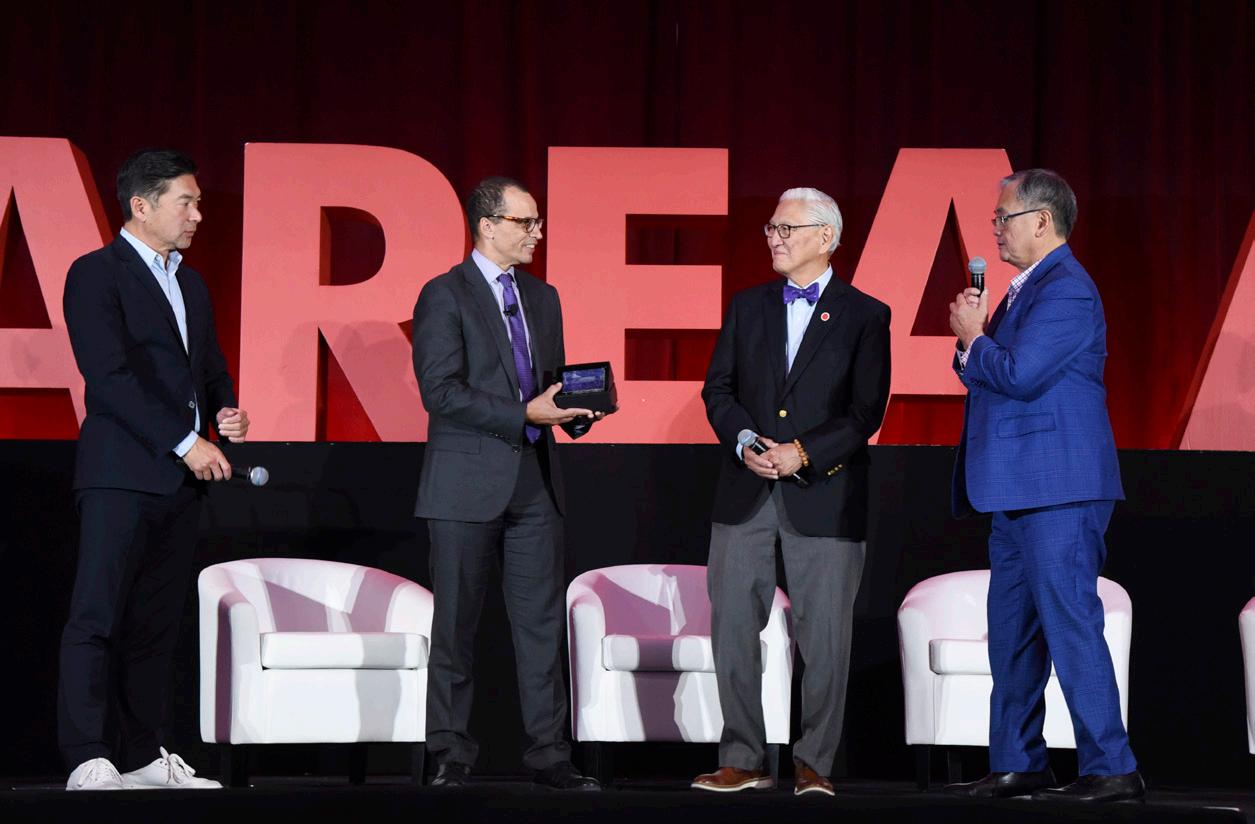
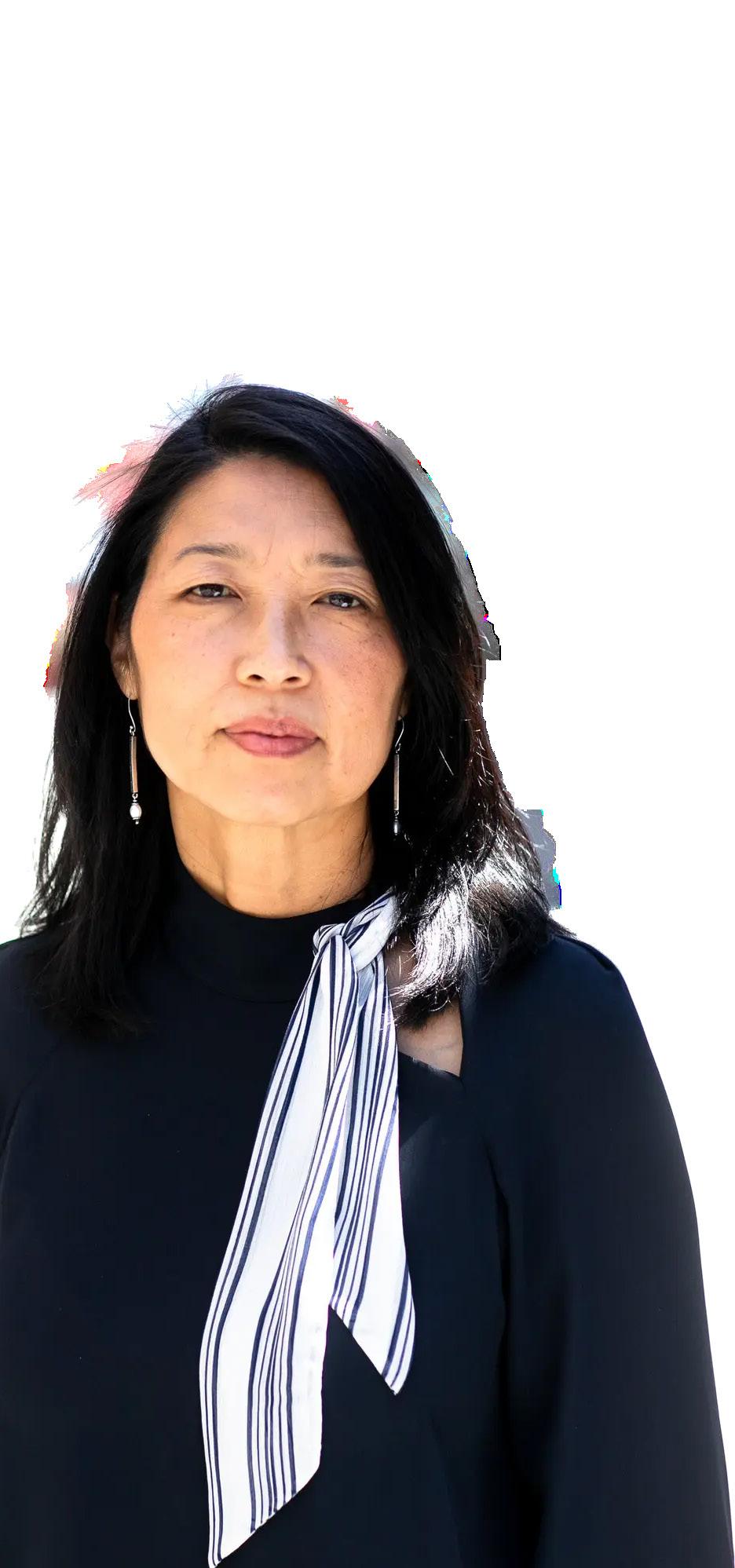
In 2021, the stark reality of anti-Asian hate in the United States came crashing to the forefront of the country's consciousness. Shocking headlines including 339% year over year increases in antiAsian hate crimes brought a discussion that had previously only existed in ethnic media into the mainstream. The leading organization in collecting and reporting these incidents was and is Stop AAPI Hate. And since its founding, Stop AAPI Hate has consistently published reports that indicate that anti-Asian sentiment is a persistent issue plaguing our community. AREAA had the opportunity to speak with Stop AAPI Hate co-founder, Cynthia Choi. Cynthia has over 30 years of experience as a leader in the nonprofit and community based organization field, and been honored in numerous national publications including The New York Times, Politico, and NPR. This is her story.

What brought you into the civil rights and nonprofit sector?
"My parents came here with literally not much more than the clothes on their back. Fortunately, there was a local organization in the Los Angeles area dedicated to helping recent Korean immigrants find access to resources. Like many within our community, I grew up being an interpreter and a translator for my family. So, it just made sense that I would grow up to become a community organizer due to my own experience."
Many of us are aware of Stop AAPI Hate's mission, but how did an organization go from being founded in 2019 to rising to national prominence within two years?
"It was out of necessity. The formation of Stop AAPI Hate was very simple. We saw a national rise in hate crimes that were specifically targeting our community, and we knew from history that things can quickly go in a dangerous direction once we are being targeted. We partnered with the AAPI Equity Alliance and the San Francisco State University Asian American Studies Department and created the reporting center. And quickly we saw a massive amount of reports coming in from AAPI adults who were victims of hate
crimes and public harassment. It's been over five years and sadly this issue has not gone away. We just released our latest report, the State of Anti-AAPI Hate, and close to 50% of polled AAPI adults had experienced hate, which is almost identical to what we saw in our report last year. Especially leading up to elections, when you have a candidate campaigning on xenophobic rhetoric, it continues to remain widespread."
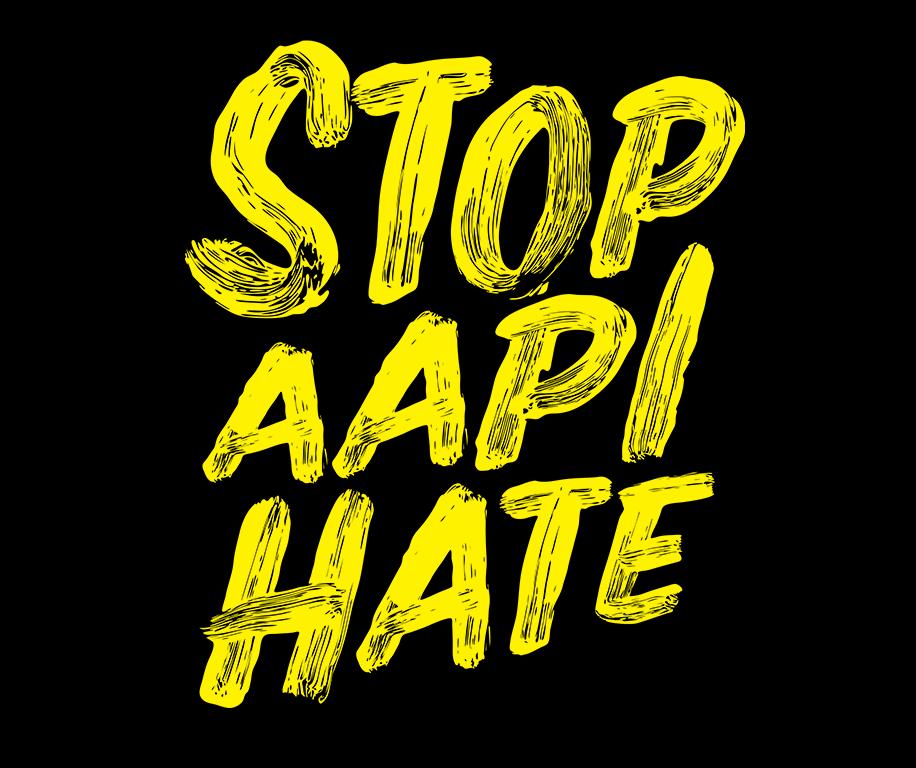
Were you personally prepared for the national spotlight on this organization?
"Well, I knew from my previous personal experience that data is extremely important, so we definitely had that in mind when we were building Stop AAPI Hate and the reporting center. We didn't have the money to promote it, and I wasn't even sure that people would take the time to share their harrowing experiences with us. But there were several prominent incidences, such as the 2021 Atlanta spa shooting, that we were cited by national media for. This put us on people's radar, and I think by word of mouth, people in the community began to recognize that we were a place where they could share about the hate crimes they had suffered."
What inspires you to tirelessly work on behalf of marginalized communities?
"I always think back to my parents. They came to the United States with the belief that America was the place where you could pursue your dreams. That regardless of your background, where you came from, your gender, skin color, or immigration status, you could build your life. And while we're in a time that challenges the promise of America, I continue to be inspired because we live in a participatory democracy. It is not self correcting. It requires that we look to ourselves and know that we are the ones we're waiting for, nobody is coming to save us. We are the ones who have to make our democracy a reality. Democracy is not a spectator sport. Despite the attacks on our communities, our individuals, and the attacks on nonprofits and advocacy, we are fighting back through the courts, the streets, and our advocacy work. We are not giving up on this idea of a multiracial democracy."
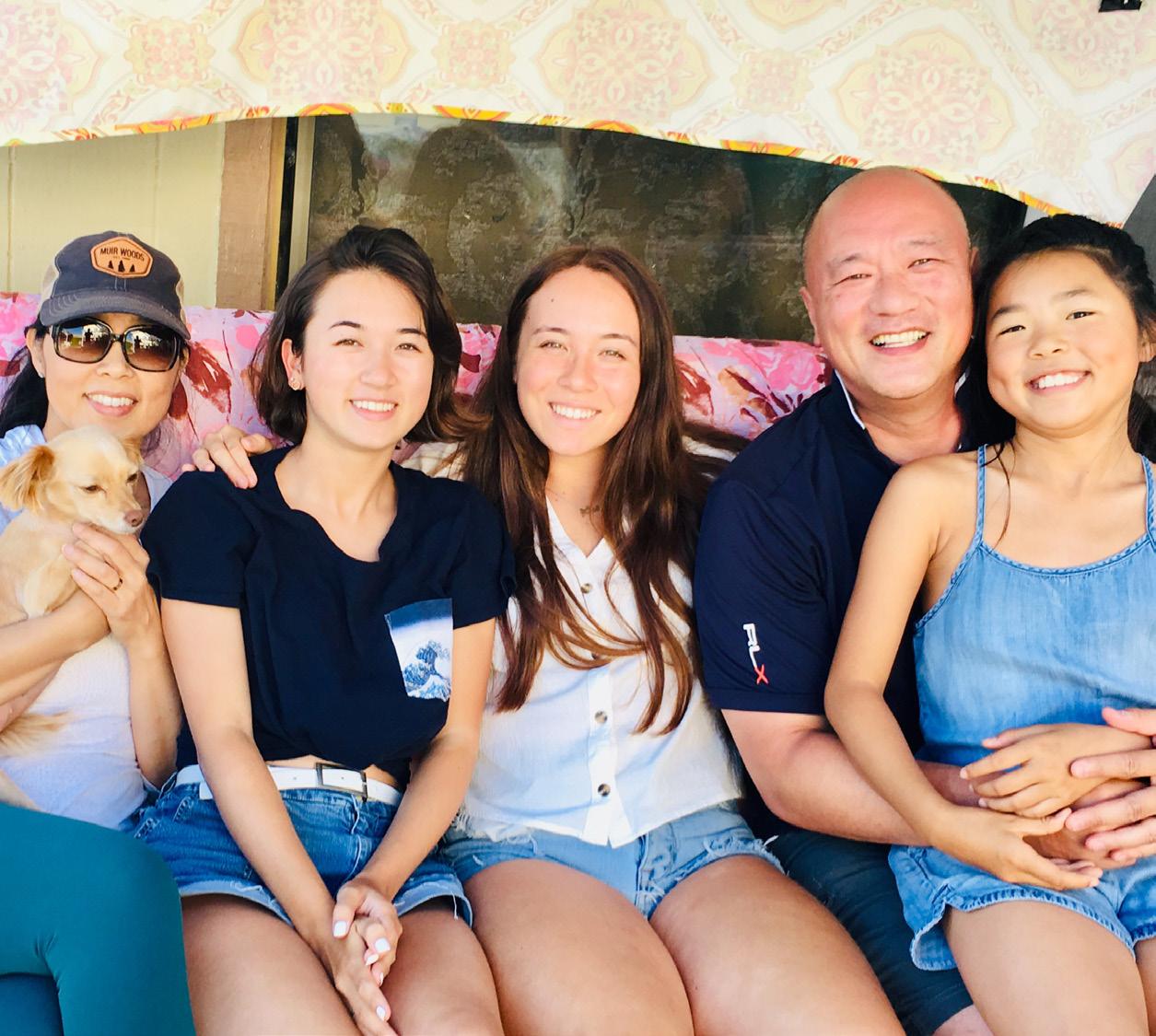
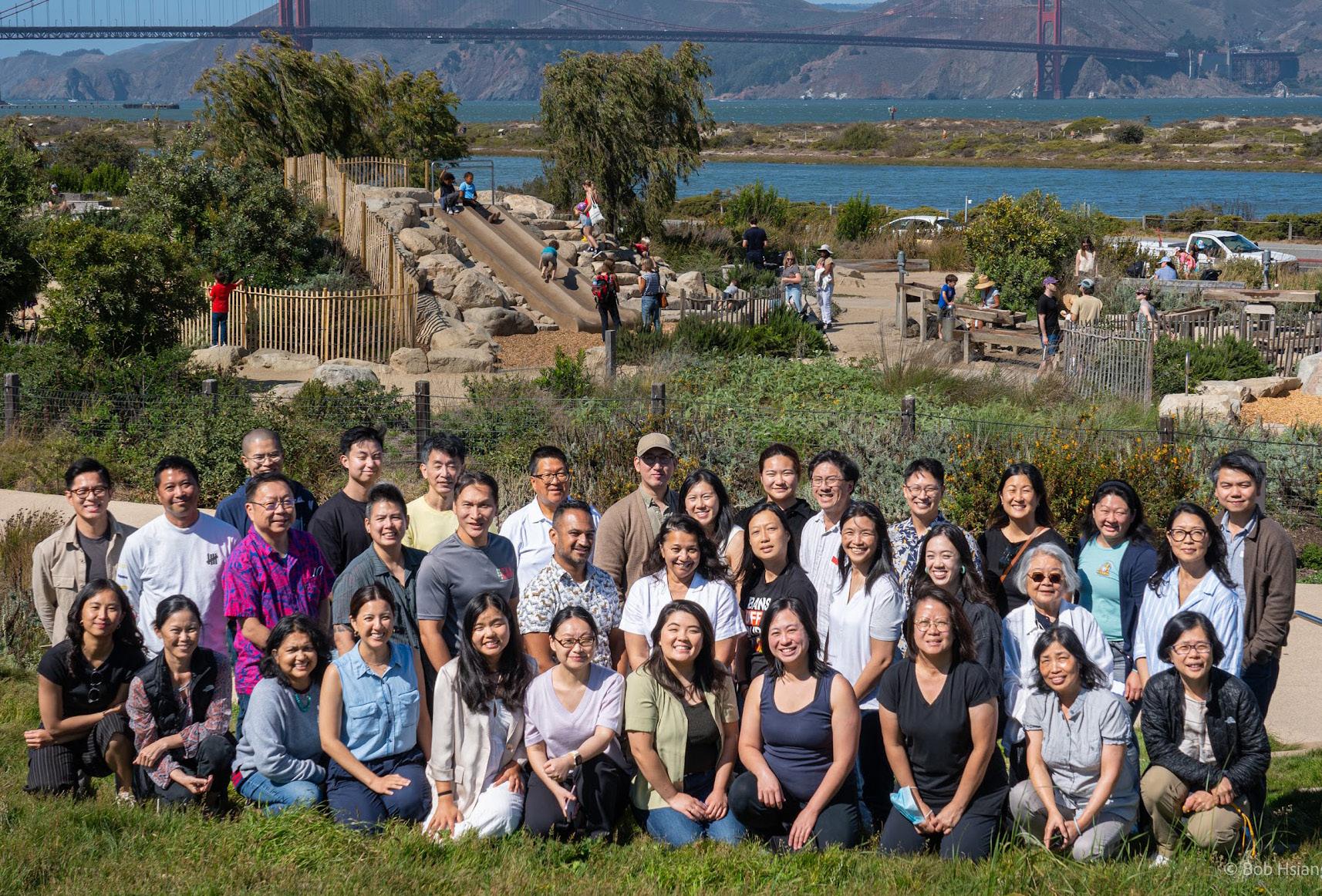
"I continue to be inspired because we live in a participatory democracy. It is not self correcting. It requires that we look to ourselves and know that we are the ones we're waiting for, nobody is coming to save us."
AREAA's 2025 State of Asia America Report focused on natural disasters and the cost to rebuild within the AANHPI community. Cynthia was one of the many Americans affected by the tragic California Eaton fires in January of 2025, and her family lost their home. Cynthia was one of the recipients of a $10,000 grant from AREAA foundation to help her family rebuild their lives. After decades of mobilizing communities to help those in need, Cynthia had to rely on both her personal resilience and community support to navigate through this hardship. She spoke candidly about her experience.
"First of all, I just want to say I am so grateful for AREAA for the support that you've provided me and our family. We were one of many thousands of families impacted by the fires. As it's been reported, the scale of the destruction has been enormous. And it has not just been dollars and buildings. The Alta Dena area that I was a part of was one of the historical places that Black Americans were permitted to buy homes due to redlining. It was a community bound by history, and a symbol of the resilience of the American dream."
How has the recovery process been for you and your family?
"To be honest, as a family we are still navigating what this has been for us to lose our home. A sanctuary for my family and extended family to gather. But the material loss...has probably been the thing I care about the least. It was psychologically and emotionally hard on all of us, especially my husband, who risked his safety to try and protect our home. At the end of the day though, home is wherever your family is, so we are fortunate to have all made it out safely."
What about for the community? How has their recovery been?
"You know, I am an advocate at heart so my mind quickly went to the community. I've seen and experienced the many stories of people who did not receive alerts in a timely manner, or those with disabilities who were unable to evacuate quickly and safely. So it's always a reminder that we can do things better, and advocate for changes to protect
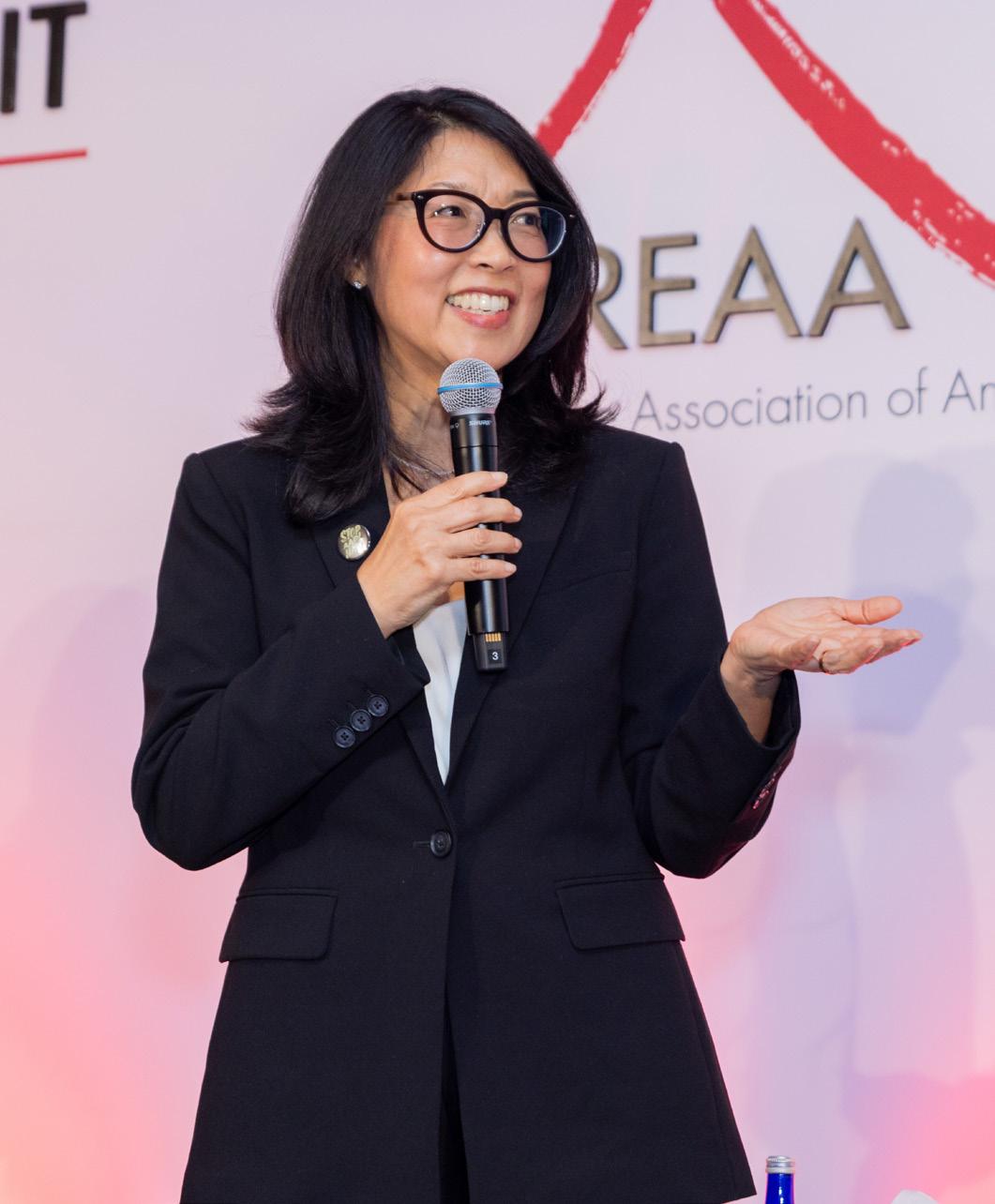
our community. Other than that, the recovery has been strong. The community has rallied on behalf of the victims, I've been involved in quite a few food drives and charities. The resilience I've seen displayed is frankly amazing, and that is the important part to remember. When there is a devastating disaster like this, you see some of the best of humanity as well."
Are there any final things you'd like to share for our readers?
"The final thing I would say is that I was really heartened by the community support that our family received directly. Friends, family members, and AREAA, have helped to get us through some very bumpy roads, and I am truly overwhelmed with gratitude."
Download The State of Anti-AA/PI Hate Report
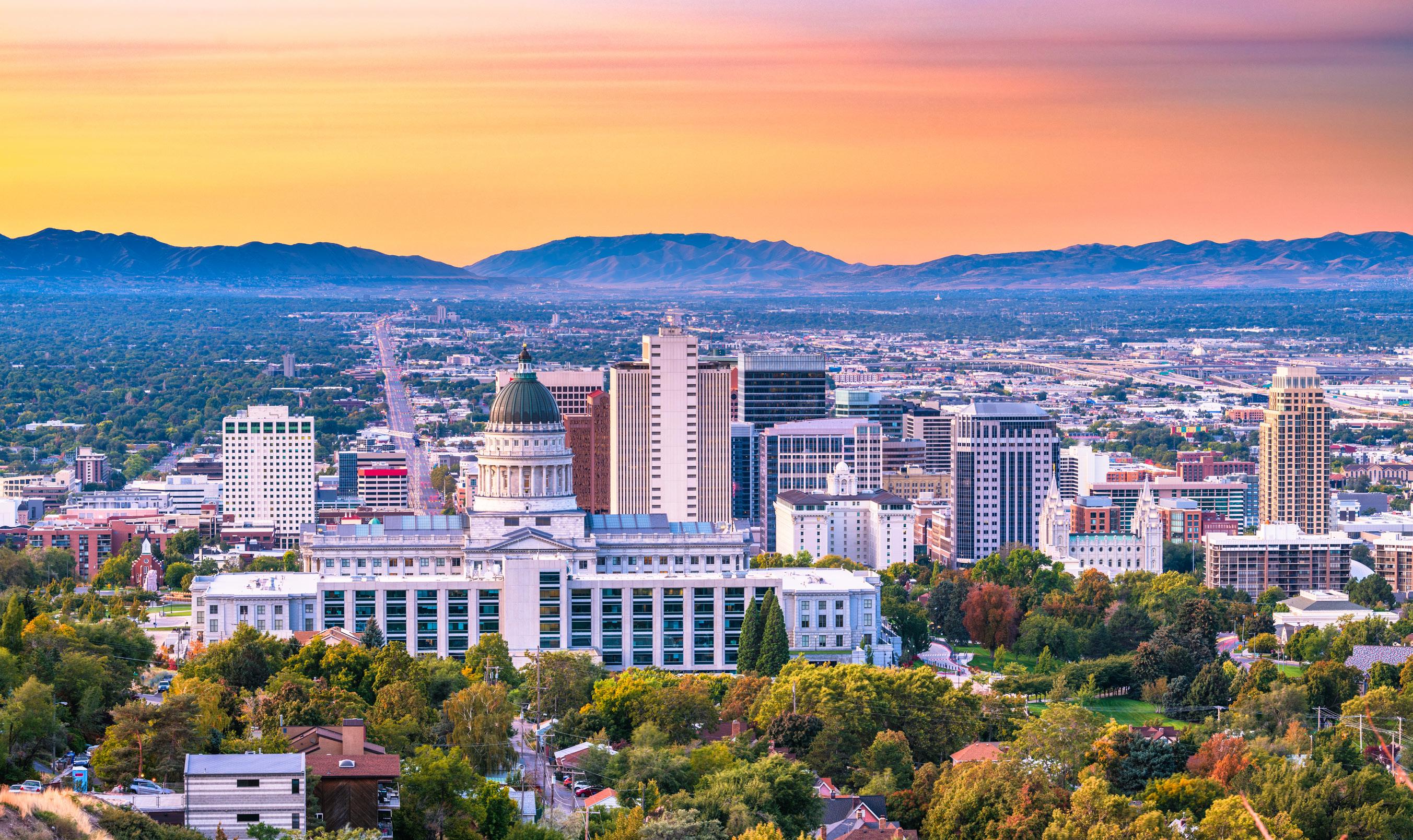
In 2022, AREAA's State of Asia America Report, Beyond the Coasts, showcased the movement of the AANHPI community beyond the typical, coastal metropolitan statistical areas (MSAs). Education, work opportunities, and home affordability have all been factors that have driven this trend. It should come as no surprise then that Salt Lake City, long known for its unique cultural landscape dominated by Mormon heritage, is experiencing a remarkable demographic transformation. The AANHPI community has emerged as one of the fastestgrowing demographics in the region, showcasing remarkable resilience and adaptability to shifting market trends across the country. As always, AREAA seeks to represent and serve the AANHPI community. To that end, AREAA sat down with Rocket Mortgage's Peter Lee, who hopes to play a leadership role in a potential AREAA Salt Lake City chapter in the near future.
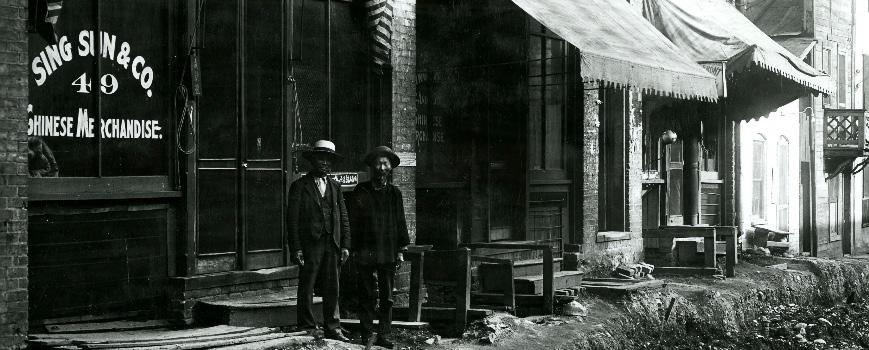

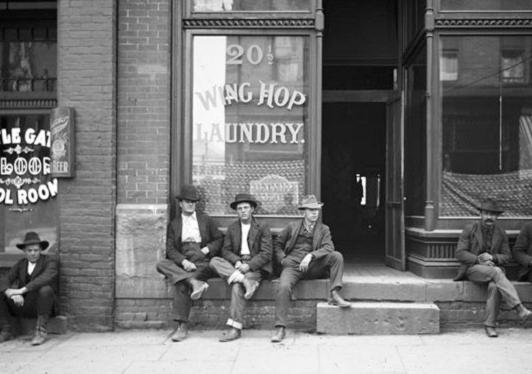
The AANHPI presence in Utah isn't new—it has deep historical roots. From early immigrants seeking better prospects during the construction of the Transcontinental Railroad to the more recent waves of professionals, students, and families drawn by educational and economic opportunities, each member brings unique experiences and perspectives.
Although Salt Lake City did not officially open a designated "Chinatown" until 2014, there was famously a Chinatown located around Plum Alley that gained prominence as far back as the 1860s. Historical records reference New Year celebrations and small Chinese businesses from the 1890s.
Today's AANHPI community has built upon that foundation, expanding the cultural diaspora beyond only Chinese and incorporating aspects from other subgroups as well.
Salt Lake County is home to an incredibly diverse population. According to the most recent American Community Survey data, there are approximately 50,601 Asian residents, and about 18,365 Native Hawaiian and Pacific islander residents. 110,000 residents identify as more than one race. The median age in this area is 34.4, and the median household income is $94,000. The regional diversity and growing economy in this area indicate strong potential for growth of the AANHPI community.
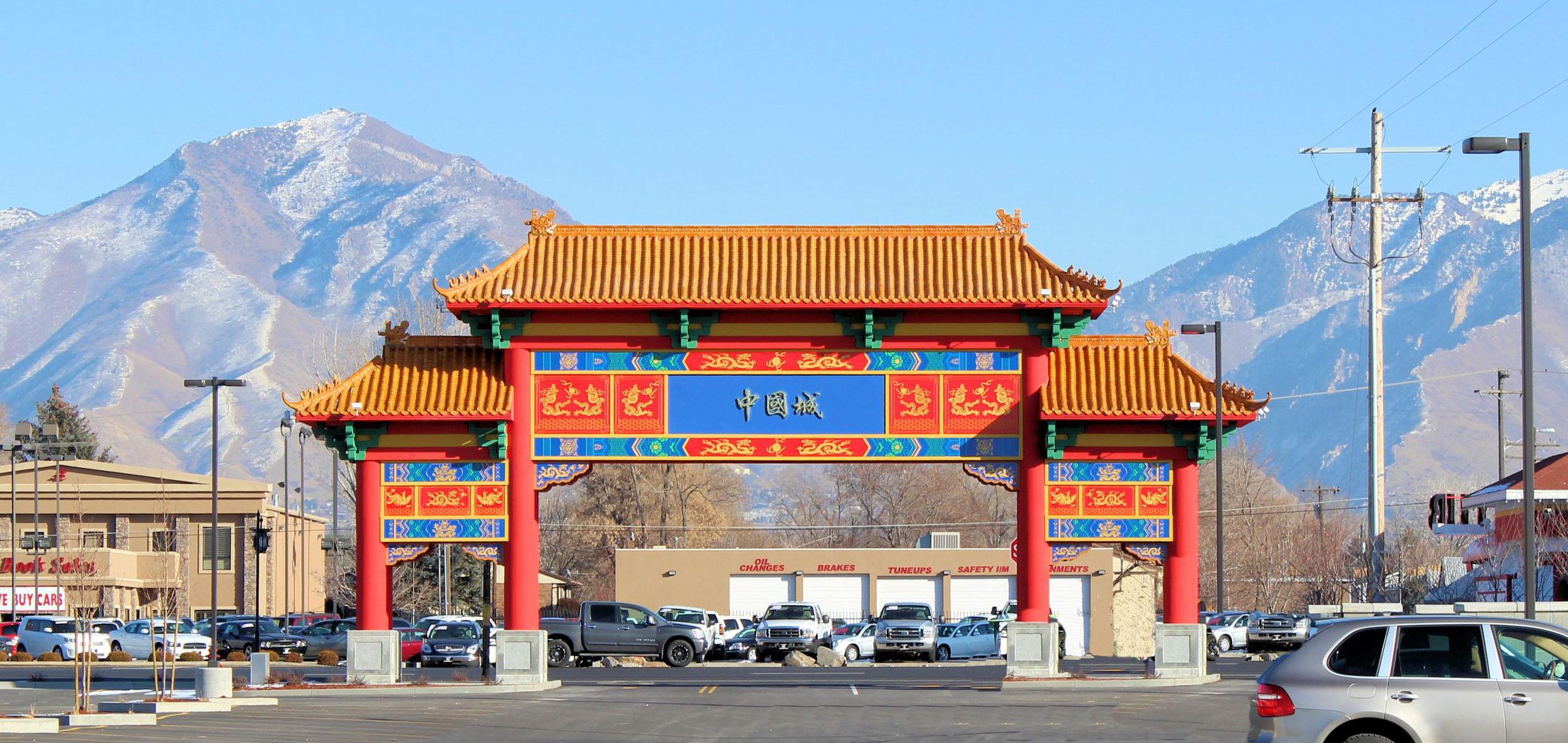

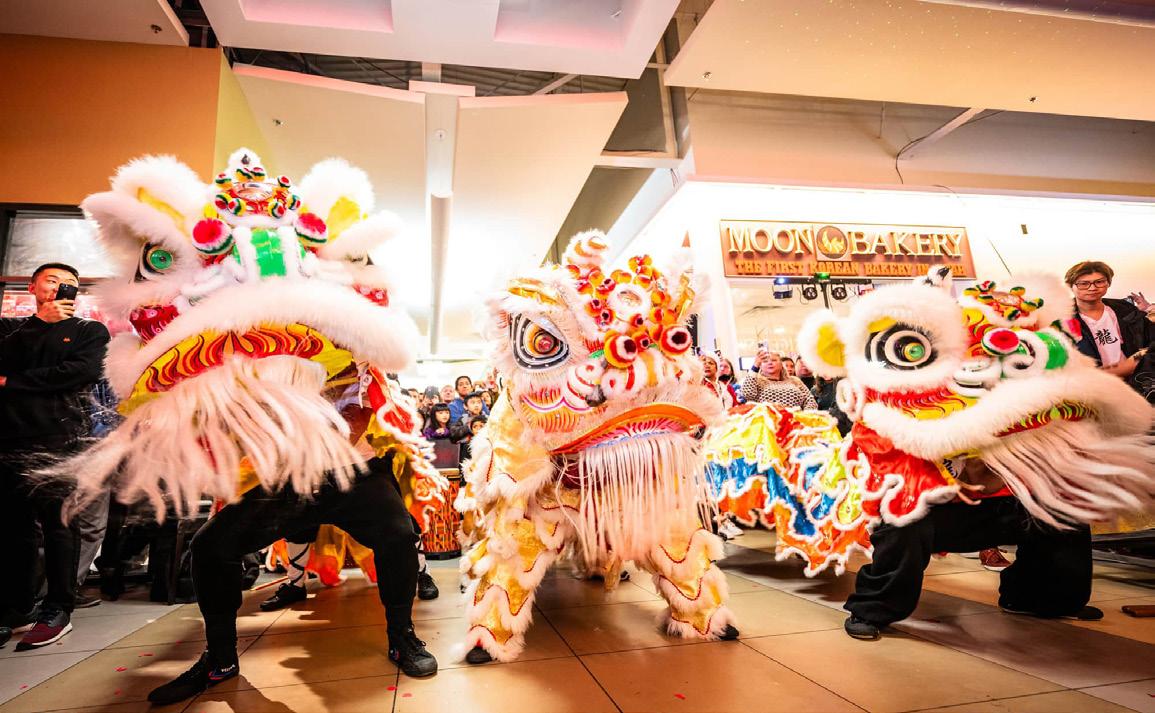
The growth of the AANHPI community has been accompanied by the development of essential cultural and business infrastructure. On the south side of Salt Lake City, the mountains are accompanied by a grander view. The crimson paifang arch structure marks the entrance to the Chinatown Supermarket. The Paifang, a traditional Chinese arch, is the first structure seen before getting into the Chinatown Shopping Center.
This Chinatown Shopping Center has become more than just a commercial space—it serves as a cultural anchor for the community, providing familiar foods, services, and a gathering place that helps maintain cultural connections while fostering integration into the broader Salt Lake City community.
Despite the creation of cultural fixtures and growing community, there is still a significant need for AANHPI resources and representation. When asked if an AREAA chapter would be helpful in this AREAA, Peter responded, "An AREAA chapter in Salt Lake City isn’t just important, it’s overdue! As the AANHPI population continues to grow here, so does the need for culturally competent real estate support. Many AANHPI families face unique challenges when navigating the housing market, from language barriers to unfamiliar lending practices to cultural preferences that aren’t always understood by mainstream agents."
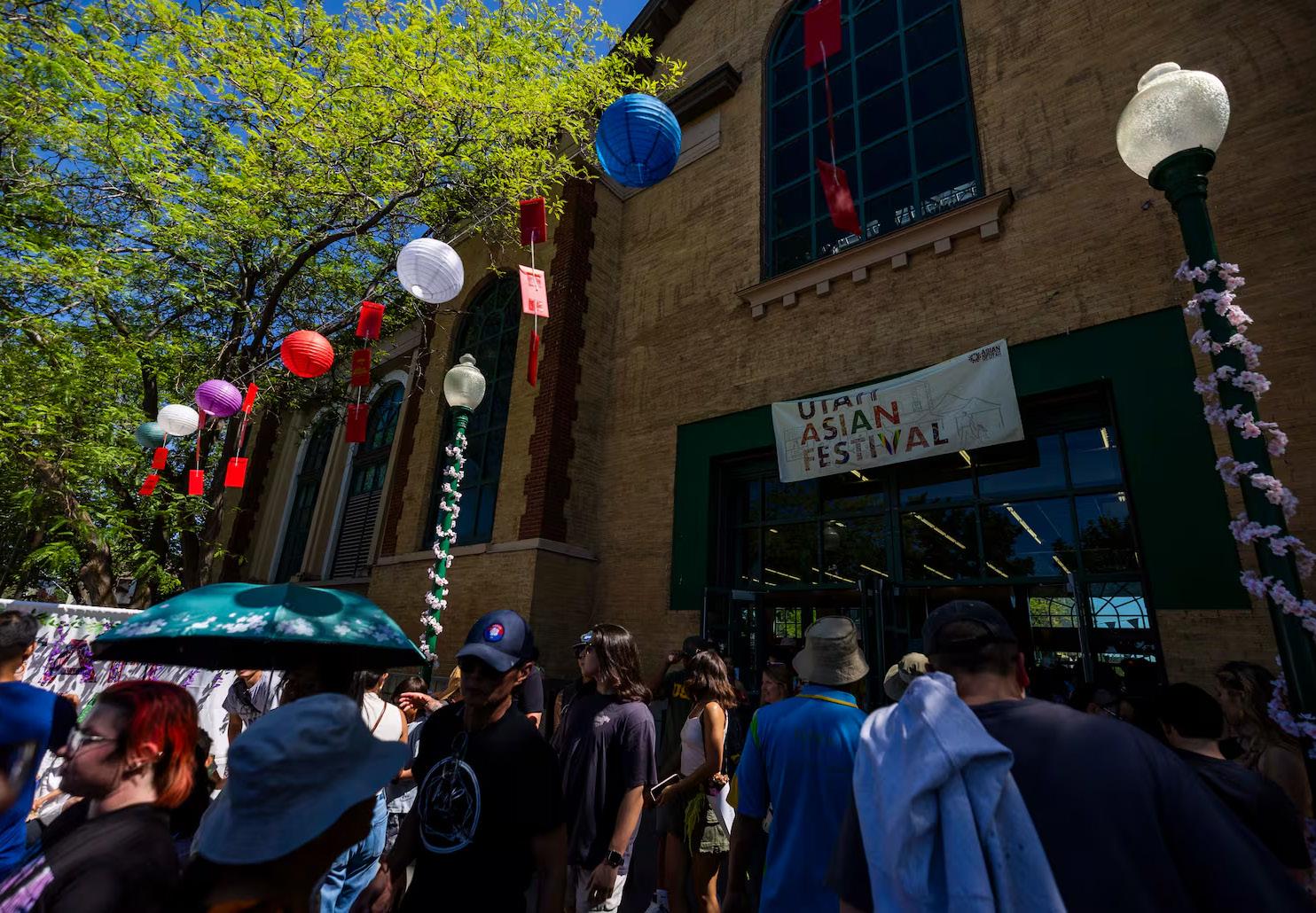

While the data already paints a compelling narrative for AANHPI growth in Salt Lake City, numbers only tell half the story. Behind each number is a complex story of a family finding their American Dream. When asked about this, Peter shared the story of the Tran family, a client he had worked with that made the decision to relocate from California to Utah.
"In 2021, the Tran family, originally from San Jose, made the decision to relocate to Salt Lake City. Like many Asian American families in the Bay Area, they were feeling the pressure of rising housing costs, long commutes, and a fast-paced lifestyle that made it difficult to spend quality time together. They were drawn to Utah for several reasons: the promise of more affordable housing, a slower pace of life, and the opportunity to raise their children in a safe, familyfriendly environment. After researching schools and job opportunities, they found that Salt Lake City offered strong public education and a growing tech sector that matched their professional backgrounds. When they arrived, they were pleasantly surprised by the welcoming nature of the community and the growing visibility of Asian culture—local markets, restaurants, and cultural events helped them feel more at home. However, they also faced challenges. Finding a home that suited their multigenerational household wasn’t easy, and they struggled to find real estate agents who understood their cultural preferences. This is where AREAA Salt Lake City Chapter can thrive. Our network of professionals who understand these nuances and can advocate for our communities. A local chapter would also provide mentorship for AANHPI real estate professionals and help them grow their careers while serving their communities more effectively."
The growth of the AANHPI community in Salt Lake City represents more than demographic change—it embodies the American story of opportunity, resilience, and community building. From the early railroad workers to today's professionals, students, and families, the AANHPI community has woven itself into the fabric of Salt Lake City while maintaining its cultural identity and values.
As Salt Lake City continues to grow and diversify, the AANHPI community stands as a testament to how immigrant and minority communities can thrive, contribute, and lead in shaping their adopted home's future. The community's 50% growth over the past decade suggests this upward trajectory will continue, bringing even greater cultural richness and economic vitality to Utah's capital city.
The story of AANHPI growth in Salt Lake City is ultimately one of mutual benefit—a community that has found opportunity and belonging while contributing immeasurably to the city's cultural diversity, economic strength, and social fabric. As the community continues to grow and evolve, it will undoubtedly play an increasingly important role in defining Salt Lake City's identity and future.
"An AREAA chapter in Salt Lake City isn’t just important, it’s overdue!"

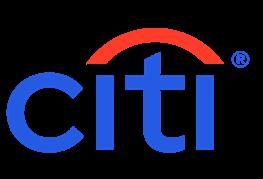


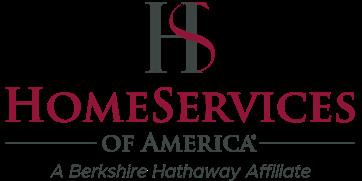






Jamie Tian 2024/2025 President
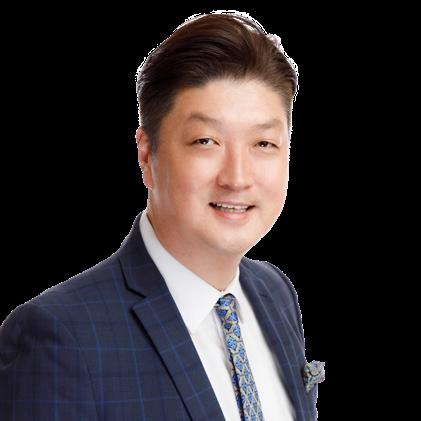
Bryan Ahn 2025 Vice President

Allen Okamoto Founding Chairman/ Chairman Emeritus

John Yen Wong Founding Chairman/ Chairman Emeritus
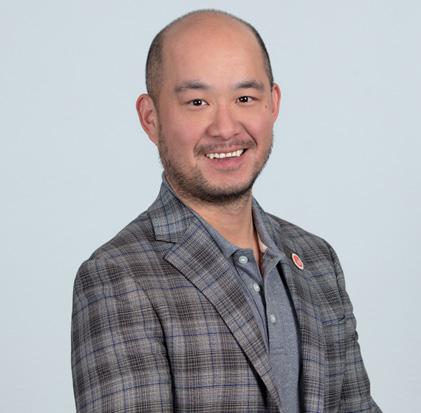
Gary Lai 2025 Secretary
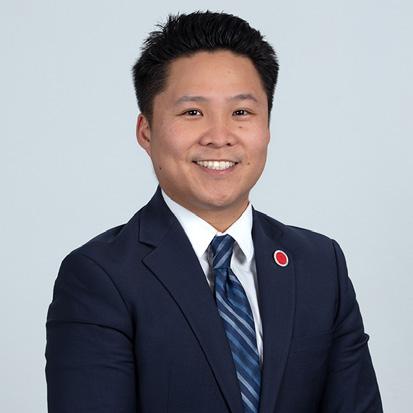
Justin Wong 2025 Treasurer

Jim Park Chairman Emeritus
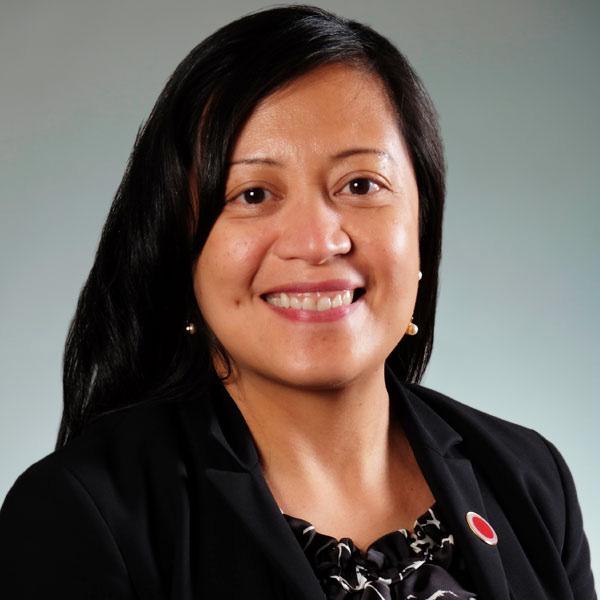
Hope Atuel CEO/Executive Director
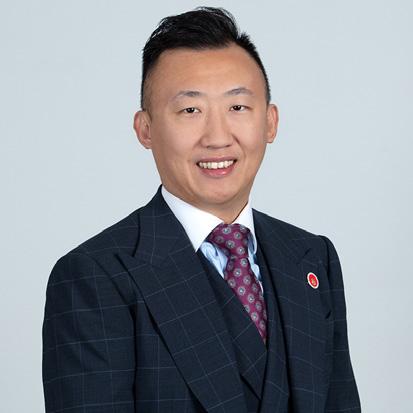
William Wang Presidential Appointee
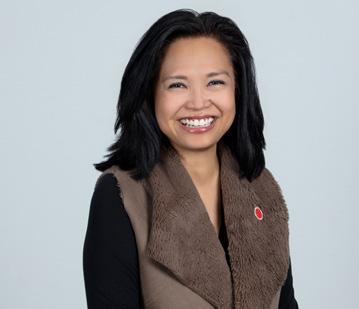
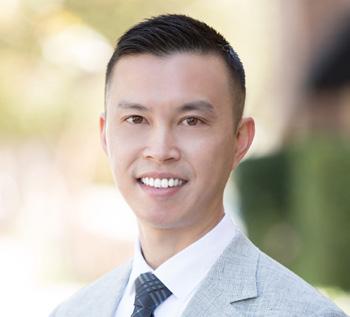
President
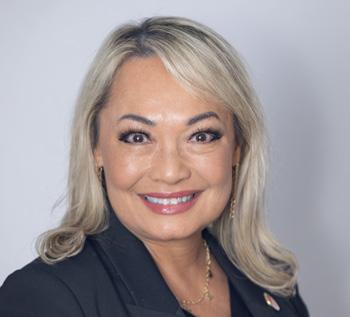
President

Brooklyn Chapter President
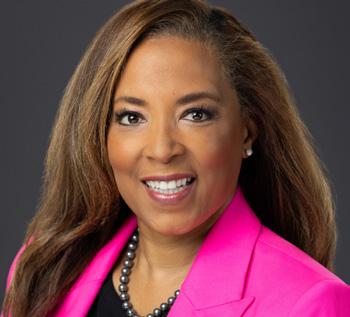
Laray
Charlotte Metro Chapter President
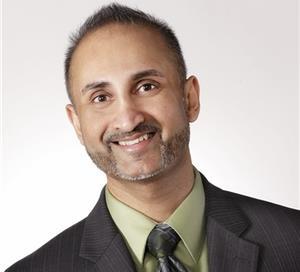
President
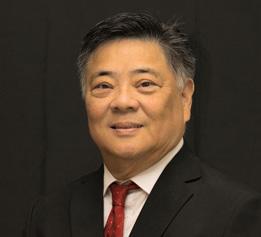
Peter Au CA Orange County Chapter President
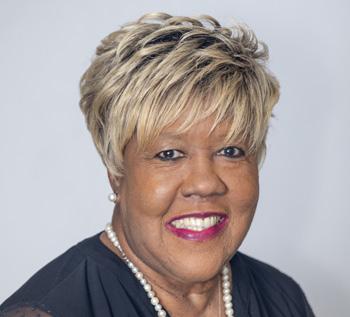
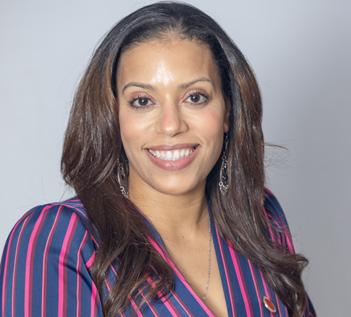
Kristina Elder Napa Solano Chapter President
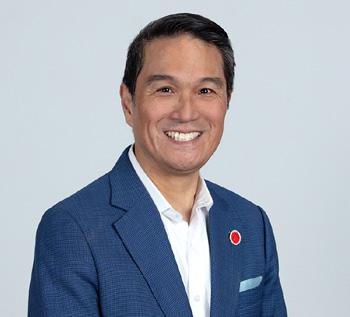
James Huang 2020 National President
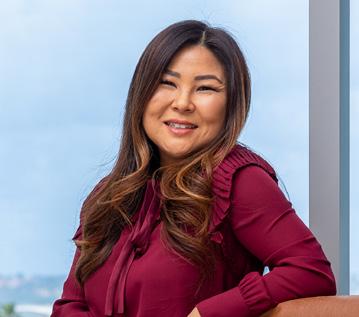
President
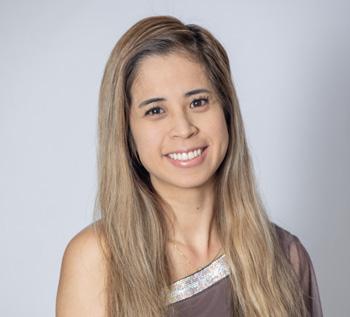
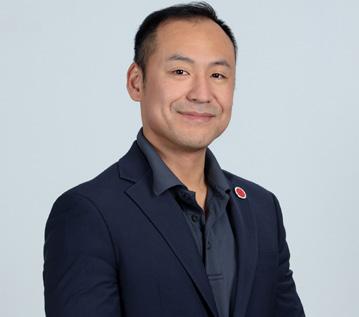
President
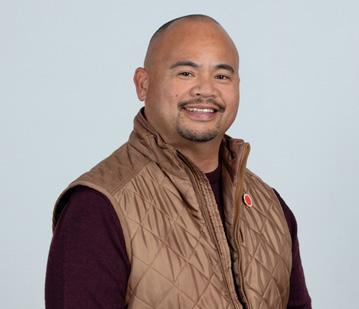

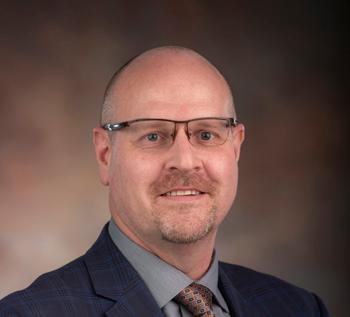

Michael Fong Presidential Appointee
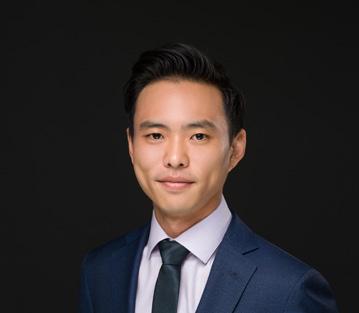
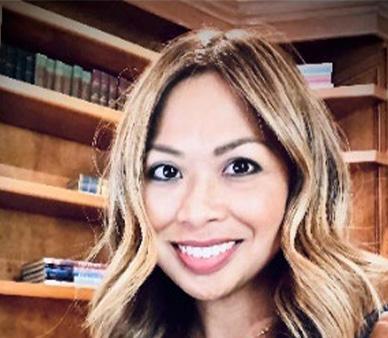
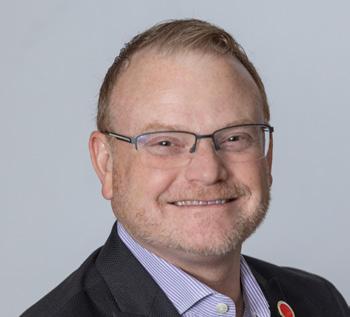
President
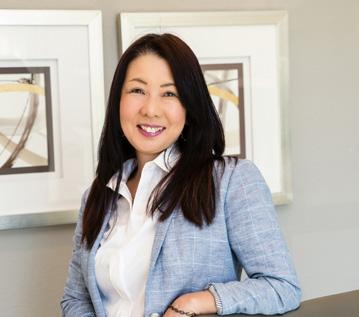
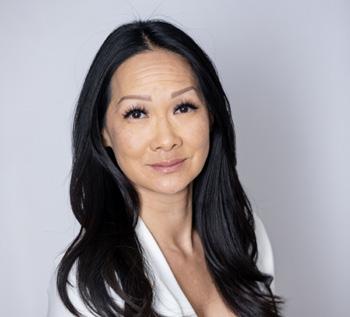
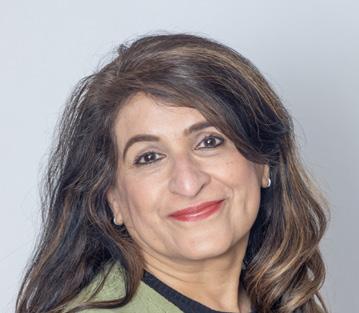
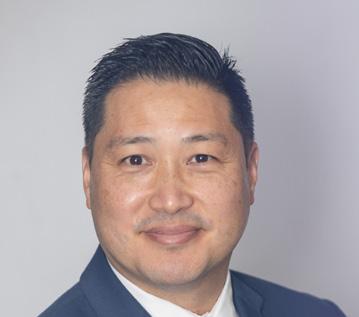
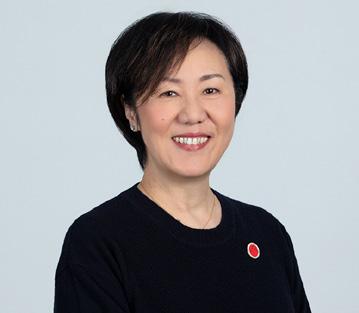
President
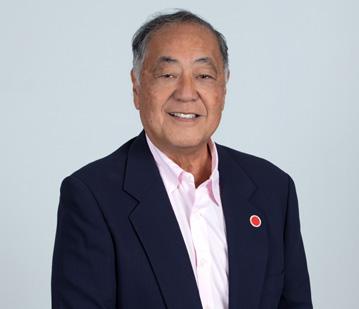

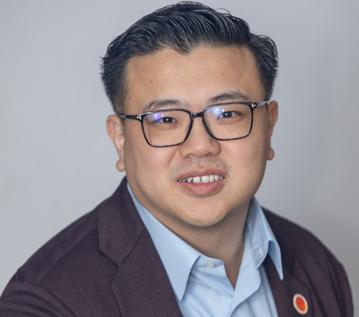

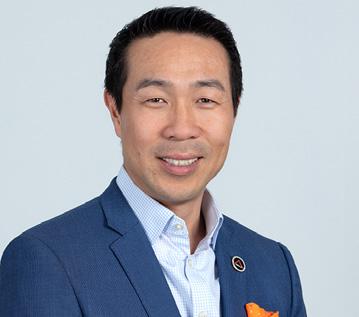
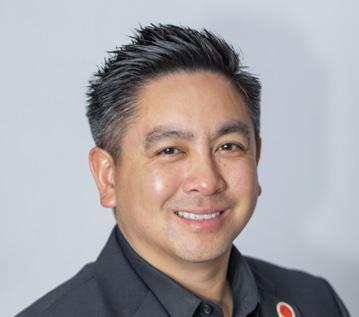
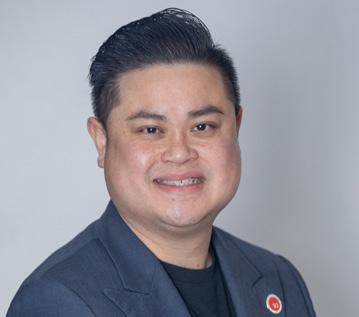


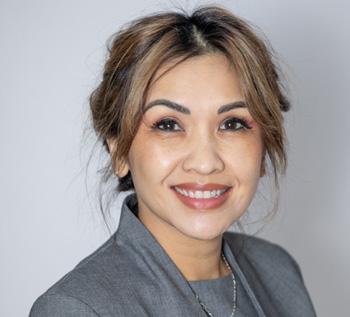
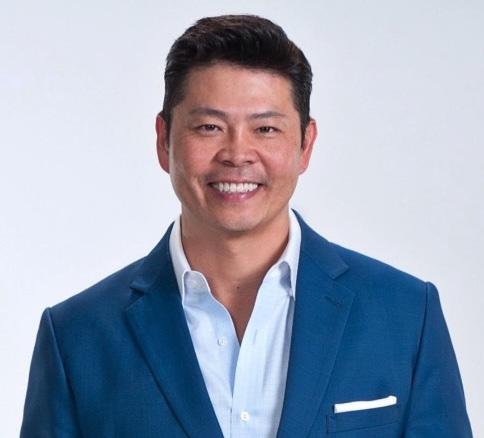
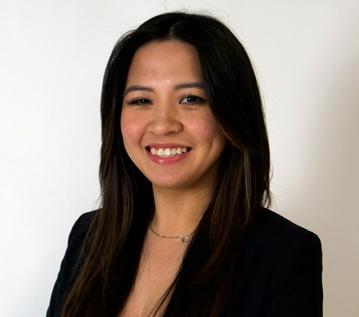
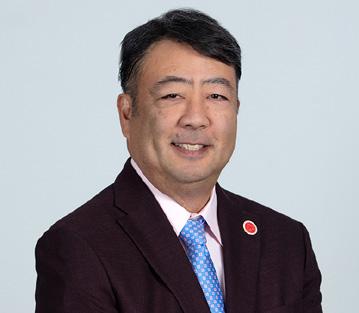
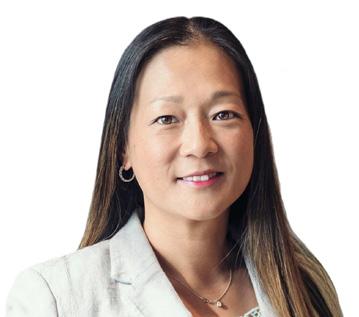
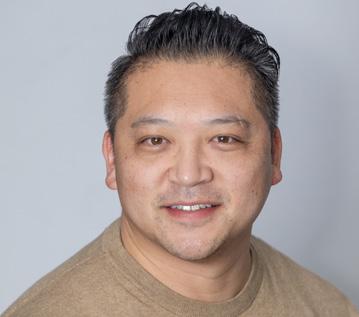
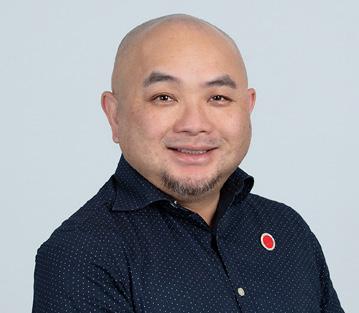
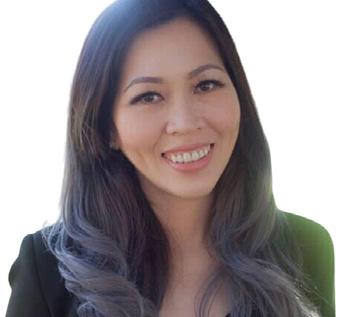
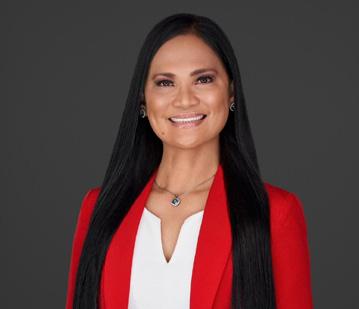
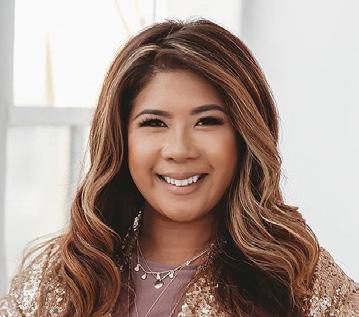
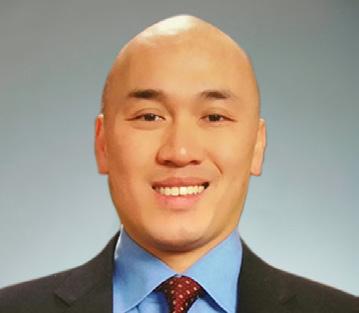
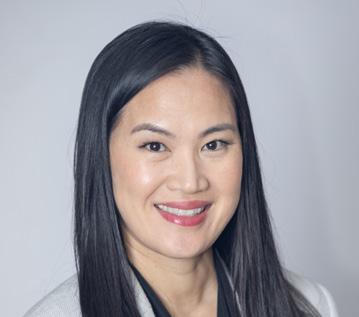
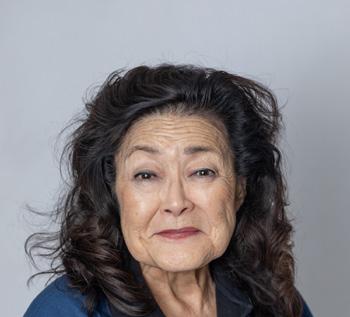
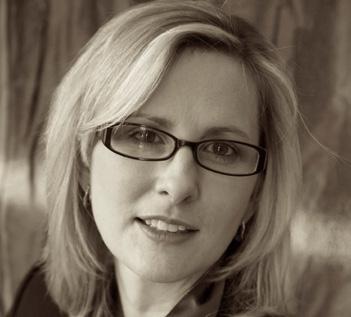
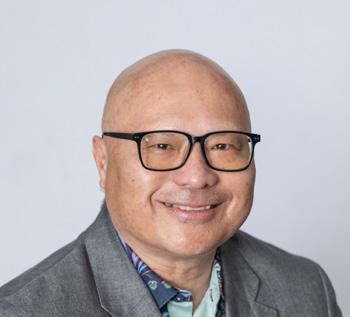

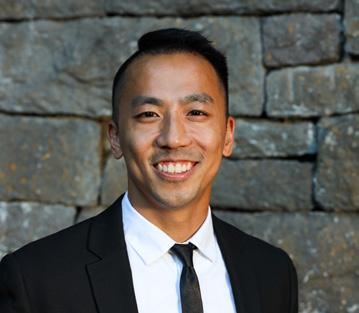
Steven Tran Portland Chapter President/ Presidential Appointee
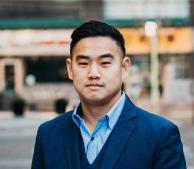
Michael Wang New York East Chapter President
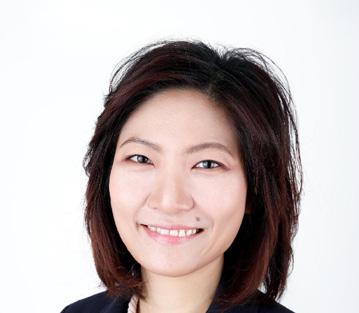
Greater Los Angeles Chapter President
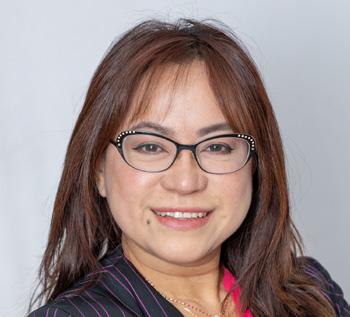
Gwen Tran Ventura County Chapter President
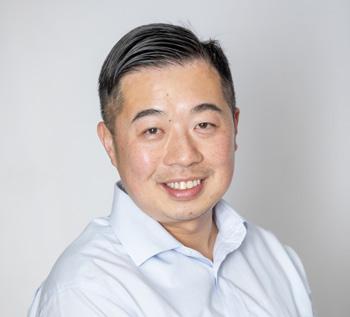
Benjaming Wong Greater Philadelphia Chapter President
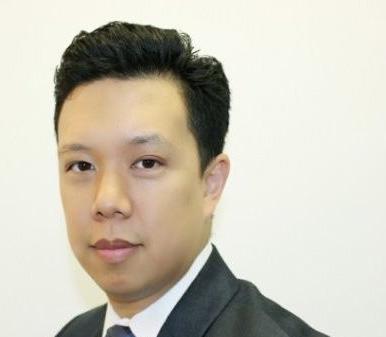
Paul Tye TheEDGE Committee Vice-Chair
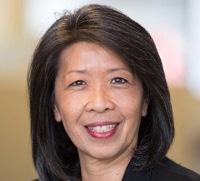
Yee Central New Jersey Chapter President
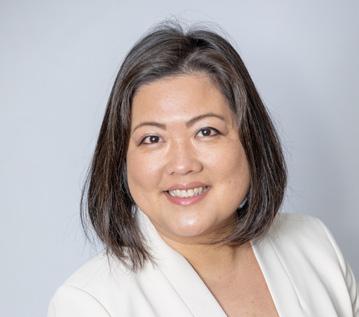
Van Greater Sacramento Chapter President

Northern New Jersey Chapter President

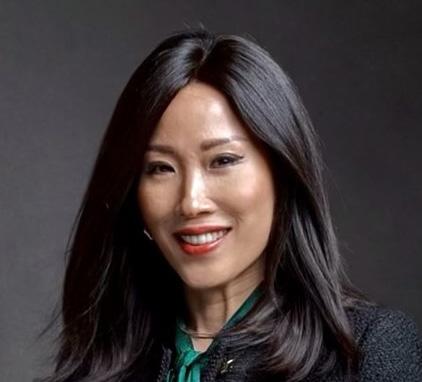
At Anywhere,® our purpose is to empower everyone’s next move. We believe that everyone should have access to a more seamless, integrated home buying and selling process.
Combining the world’s most extensive agent network, leading brands, integrated services, and innovative product & technology capabilities, we’re creating a better transaction experience that lets consumers focus on what matters most: the joy of homeownership.
As the largest franchisor of residential real estate brands in the world, Anywhere provides a comprehensive and powerful ecosystem of support, from tools and technologies, to peers and professional networks, to experts, education, and thought leadership.

